Shows

SciPodNew Frontiers of Sound A Quiet RevolutionSound waves are all around us. They govern vibrations from the sweetest of sound to the most destructive earthquakes. Now, a team of researchers across the US has embarked on an ambitious project, named ‘New Frontiers of Sound’, which will pave the way for advanced technologies that operate using sound waves. Combining the expertise of more than 30 leading scientists and engineers from across the field of acoustics, the project promises to discover new properties of sound, while offering exciting opportunities for researchers from a diverse range of backgrounds.
2021-02-0814 min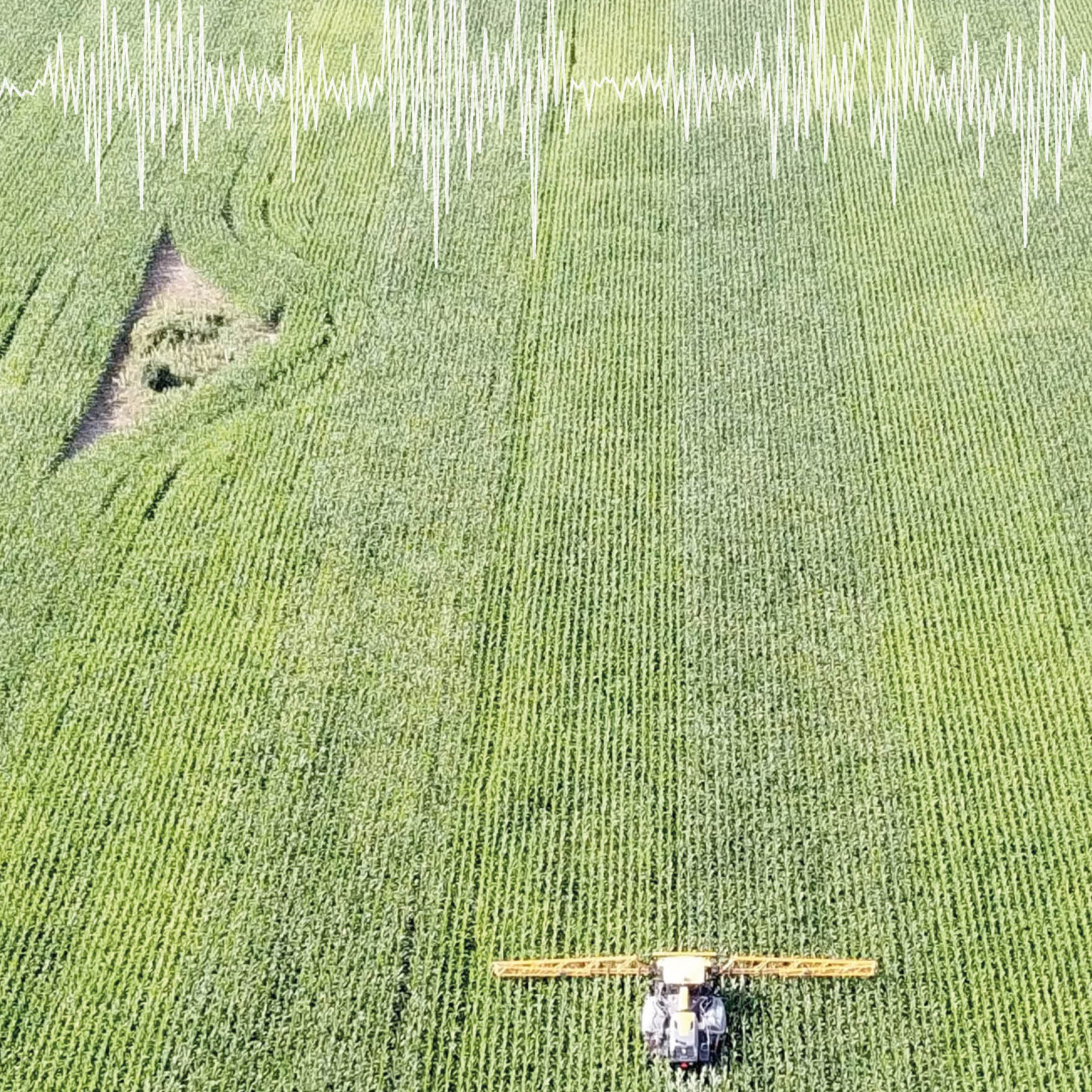
SciPodImproving Agricultural Sustainability with Digital Technology - Dr Bruno Basso, Michigan State UniversityIn recent decades, advancements in agricultural practices have made the large-scale production of cheap and nutritious food possible. However, these practices are often damaging to the environment, making them unsustainable in the long term. Technology is now sufficiently developed that many of these environmental impacts can be reduced or mitigated, by using ‘big data’ to inform farming management decisions. Dr Bruno Basso from Michigan State University and his network of researchers have been exploring how digital technologies could usher in a new era of sustainable agriculture that balances competing economic and social interests while minimising trade-offs.
2021-01-3112 min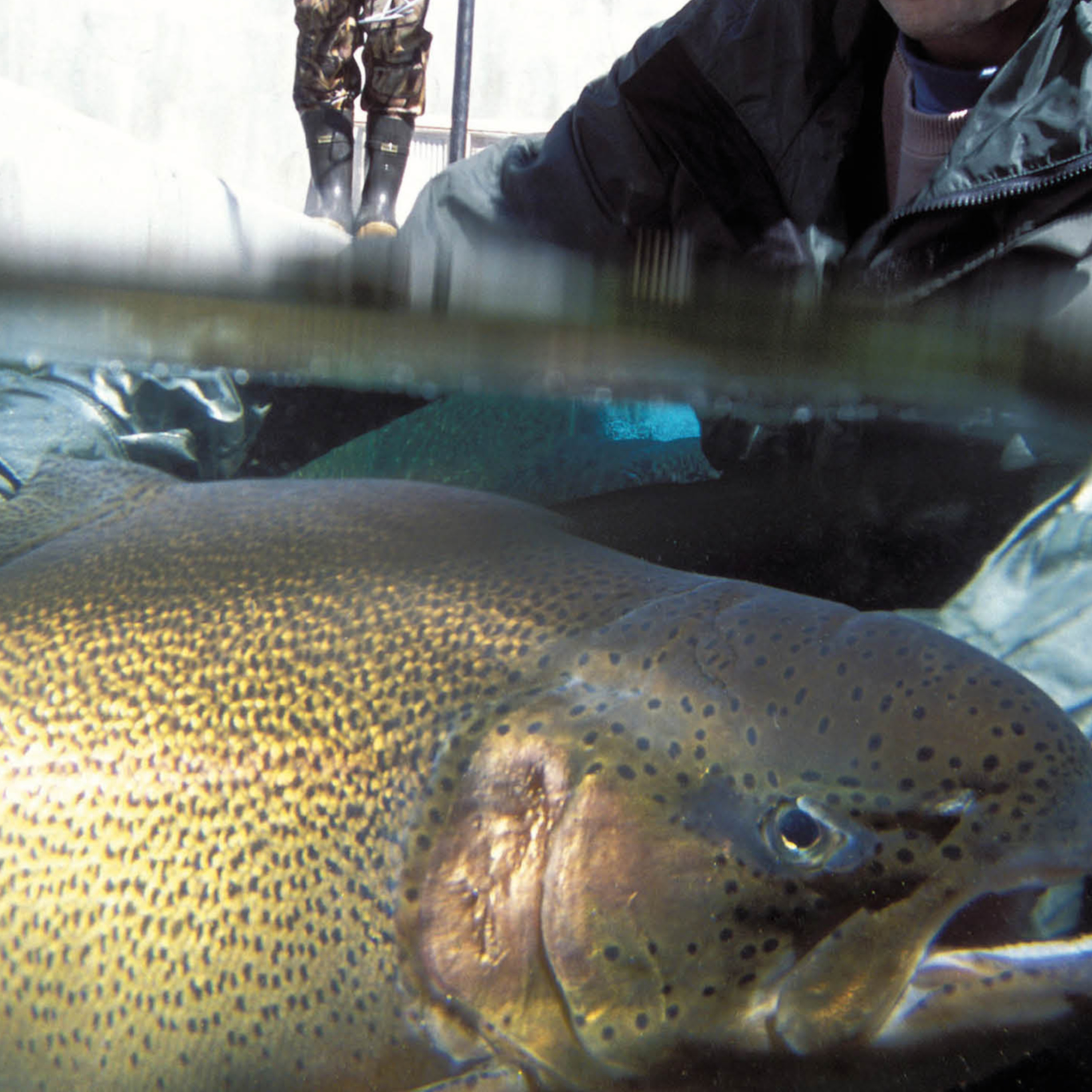
SciPodDr Ken Overturf – Securing a Sustainable Future for AquacultureTo help feed a global population of the magnitude expected by 2050, fish farming will need to increase dramatically. Two main factors limiting the expansion and future sustainability of the aquaculture industry are finding feed replacements that have equivalent or improved nutritional benefits, and preventing disease. Over the last 20 years, Dr Ken Overturf and his team at the USDA’s Agricultural Research Service in collaboration with the Aquaculture Research Institute at the University of Idaho have been working to establish a genetic enhancement program for rainbow trout, with the aim of helping to boost global fish production in a sustainable ma...
2021-01-3115 min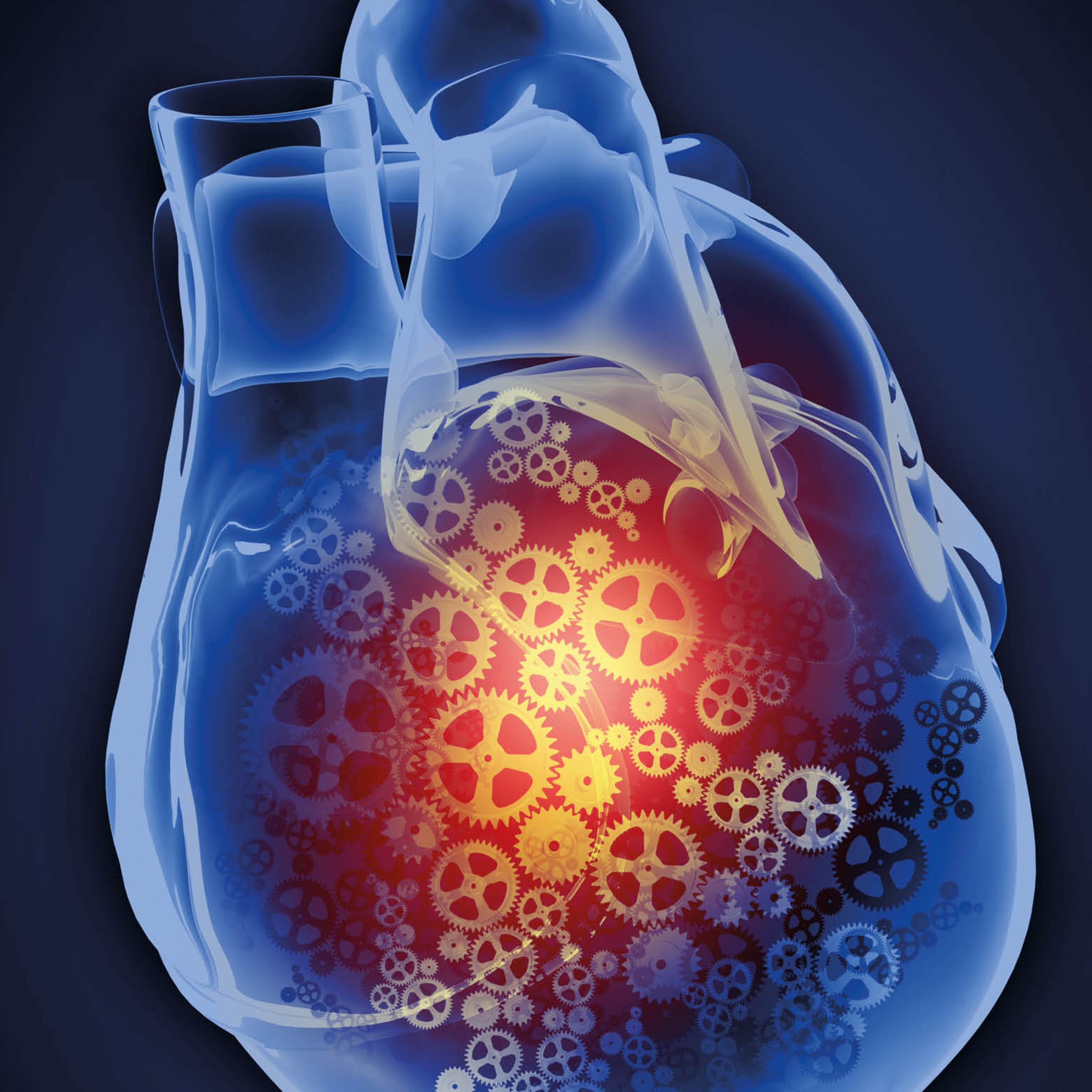
SciPodJoints, Ventricles and Historical Buildings A Diverse Career with Structural Mechanics - Dr Nigel Shrive, University of CalgaryEngineering mechanics can provide medical researchers with invaluable insights into the diverse mechanisms contained within the human body, and the conditions that arise when they go wrong. Over a career spanning four decades, Dr Nigel Shrive at the University of Calgary has offered significant contributions to this field. His research is now helping to improve the lives of many millions of people who are currently suffering from mechanical failure within the body. Elsewhere, his work has also enabled countries to protect their priceless historical heritage.
2021-01-3113 min
SciPodAssessing the Relevance of Off-Target Changes in Gene Edited CropsHumans have a long history of developing crops with improved characteristics, benefitting consumers, and farmers alike. Selective breeding, inducing genetic mutations, and, more recently, gene editing, are all tools that are used to produce plants with beneficial traits. As with any breeding technique, gene editing can lead to unintended genetic changes, but how does the prevalence of these off-target changes compare with those arising from other breeding practices? Plant scientists from the University of Minnesota and collaborating organizations reviewed the rate of unintended changes arising from gene editing with those from other plant development techniques. The researchers conclude that...
2020-11-2410 min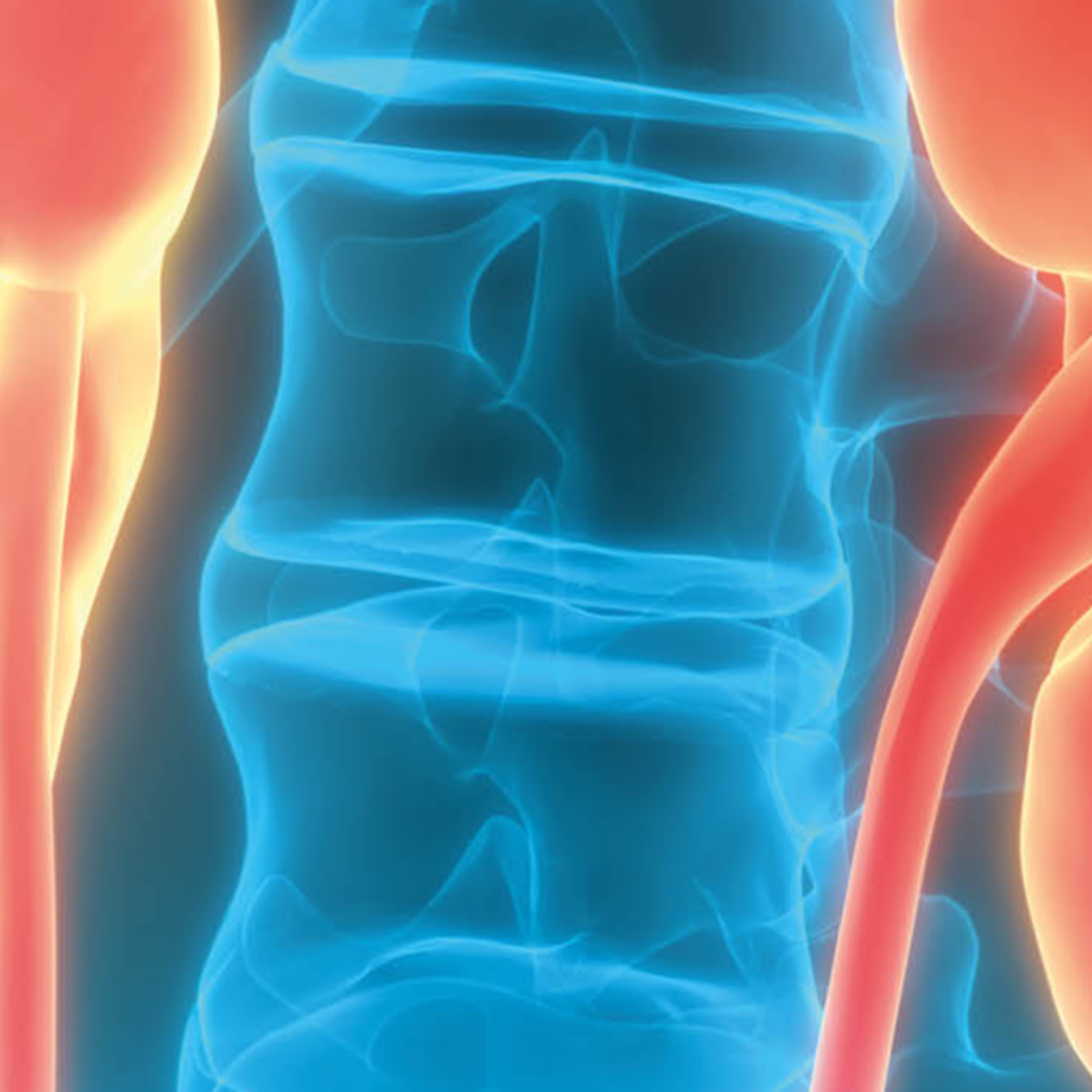
SciPodA Personalised Mathematical Model for Anaemia in Patients with Chronic Kidney Disease - Dr Doris H. Fuertinger, Fresenius Medical CareIndividuals with chronic kidney disease commonly also suffer from renal anaemia. Renal anaemia, a condition in which individuals lack enough red blood cells to adequately supply oxygen to the tissue, can have many underlying causes. Treatment is based on hormones that stimulate the production of red blood cells but this has varying outcomes and it is difficult to estimate the effects treatment will have on a specific patient. Dr Doris H. Fuertinger , at Fresenius Medical Care Deutschland is using a mathematical model to predict the causes of renal anaemia and to guide treatment for individual patients.
2020-11-2407 min
SciPodAI and Data Mining for Smart Manufacturing - Dr Timothy Young, The University of TennesseeBig data is now central to the operation of many online companies, but until now, the wealth of information it provides has remained largely untapped by manufacturers. Dr Tim Young at the University of Tennessee believes that through data science, this information could be used to significantly streamline the operations of many manufacturing industries. His work provides the widely varied parties involved in these processes with important new insights into how they should handle their data, ultimately helping them to improve the efficiency of their operations.
2020-11-2013 min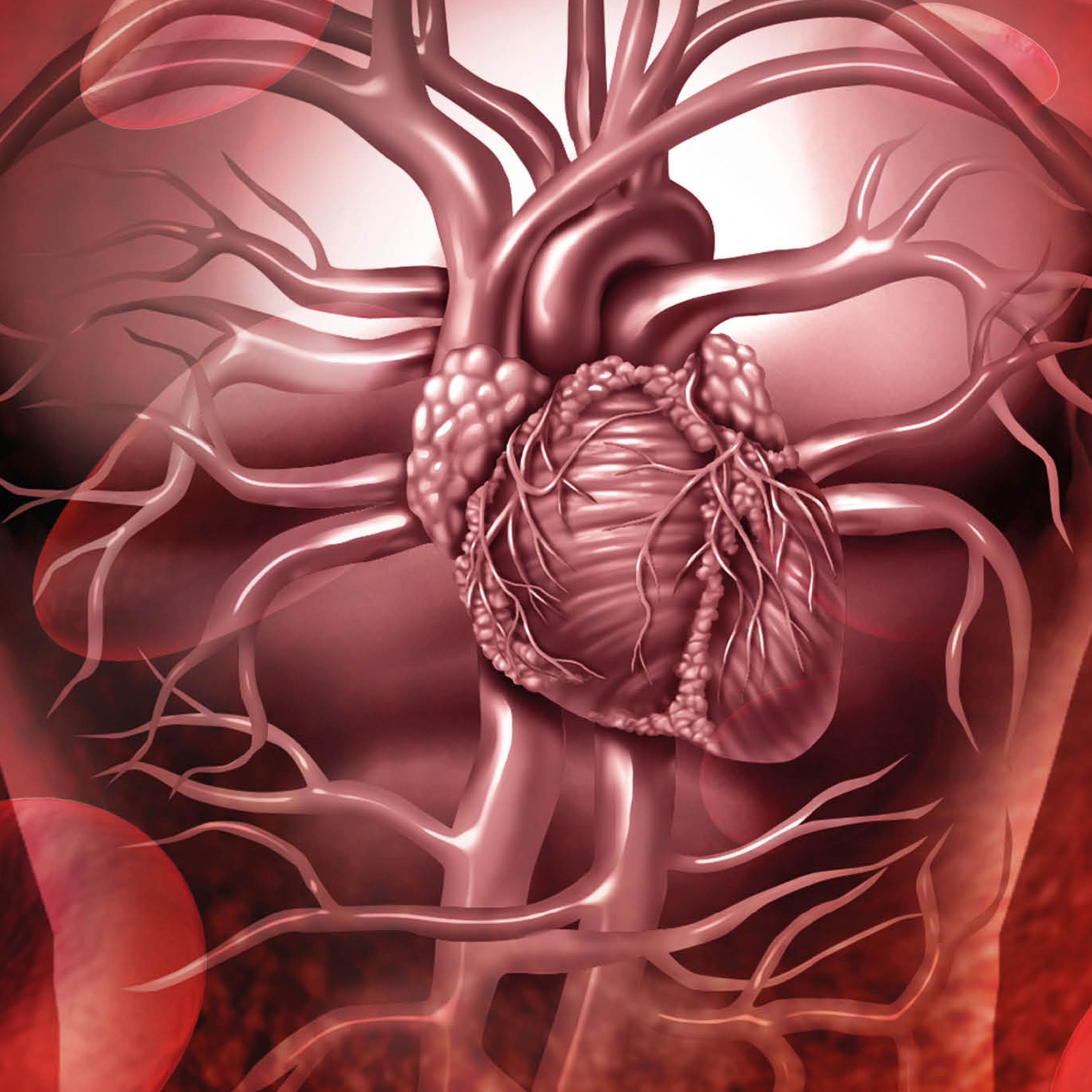
SciPodThe Fine Mechanics of Haematopoiesis - Dr Chen Zhao and Dr Qianze DongHaematopoiesis is the process through which cellular blood components are produced. It starts during embryonic development to ensure the production of blood cells such as erythrocytes (red cells), leukocytes (white cells), and platelets and continues throughout our lives. All blood cells derive from haematopoietic stem cells located in the bone marrow and, unfortunately, blood cancers may occur during this process. Whether blood cells become inefficient or grow excessively, the outcomes are usually devastating. Dr Chen Zhao (University of Iowa) and Dr Qianze Dong (China Medical University) are exploring the cellular mechanisms of haematopoietic stem cells.
2020-11-2013 min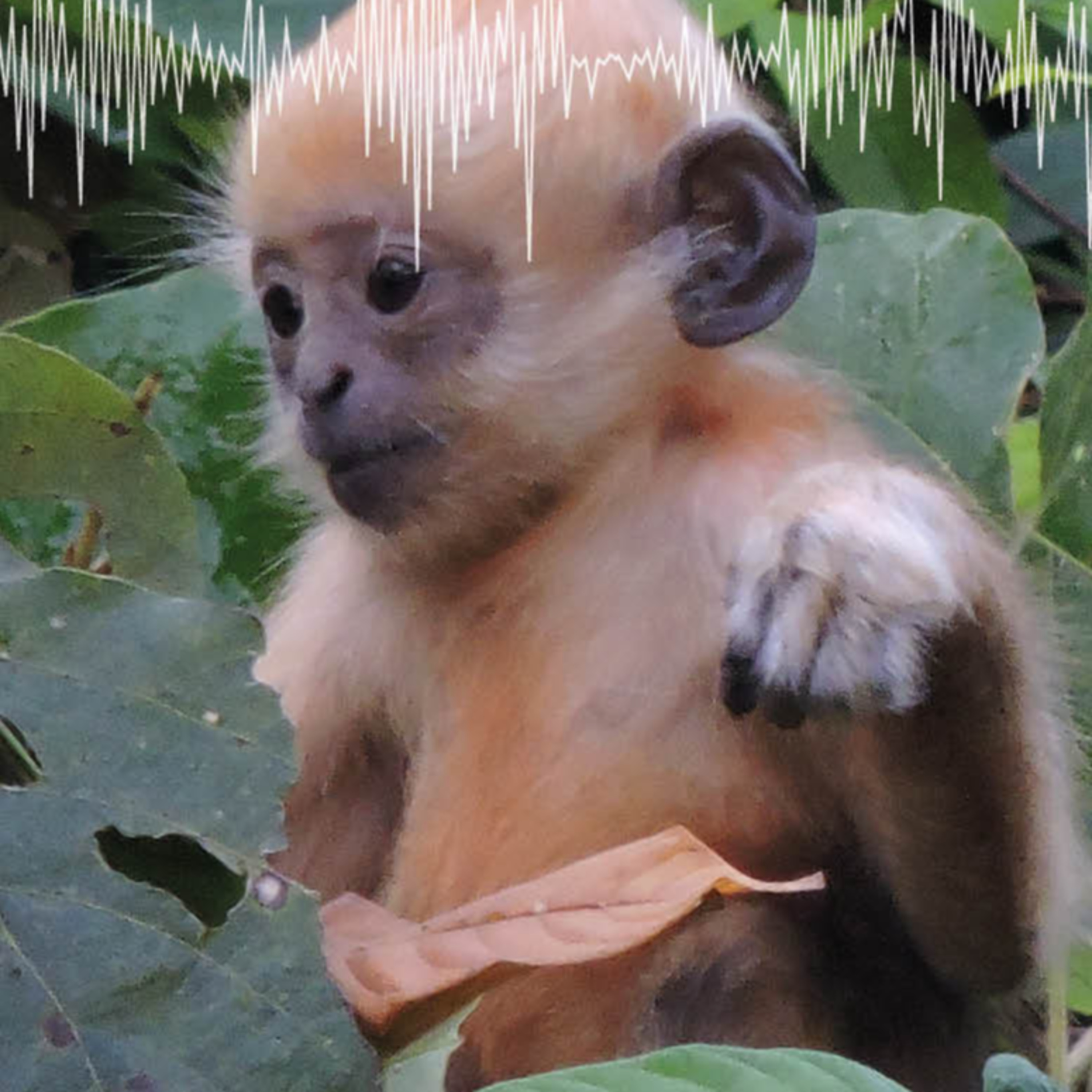
SciPodChina Must Act Immediately to Protect its Primate Populations from Extinction -Dr Paul Garber and Dr Alejandro EstradaChina is home to a large number of the world’s primate species, but expanding industries and land transformations have put the country’s lorises, monkeys and apes at risk of extinction. Dr Paul Garber of the University of Illinois-Urbana and Dr Alejandro Estrada of the National Autonomous University of Mexico, along with primate scientists from China, Brazil and Australia, have examined the challenges that China faces in protecting and maintaining its biodiversity. The team also offers a set of conservation solutions that could help protect China’s non-human primate populations from being lost forever.
2020-11-0407 min
SciPodChick-fil-A Successes, Failures and International Expansion Challenges amid LGBTQ ProtestsIn today’s corporate America, rapid growth and success often comes tied to some form of controversy. Perhaps one of the best examples of this is the restaurant chain Chick-fil-A. Driven by the huge popularity of its chicken sandwiches, Chick-fil-A had propelled itself to 10 billion dollars in annual sales by 2019. However, public backlash in response to donations made on behalf of the company to groups with anti-LGBTQ views has recently slowed the momentum down, raising questions about the viability of the company’s aggressive international expansion strategy. In a recent case study, Dr Bertrand Guillotin explores both the positive and...
2020-10-0908 min
SciPodExploring Diamond’s Potential in High-Power, High-Temperature ElectronicsWhile many people perceive diamond as a material used to make jewellery or other decorative objects, this mesmerising stone has numerous other valuable applications. In fact, its physical properties make diamond ideal for uses in various technological applications, including high performance electronics. Dr Debarati Mukherjee, Dr Luis Nero Alves and Dr Joana Catarina Mendes at the University of Aveiro in Portugal have recently outlined some exciting potential uses of diamond in technology and engineering, while also describing what makes this material so unique and valuable.
2020-10-0908 min
SciPodImproving Human Health and Wellbeing Will Protect Primate PopulationsAs the human population continues to grow, increasing global market demands, land conversion and the unsustainable use of natural resources are having a negative impact on non-human primate survivorship. Dr Alejandro Estrada from the National Autonomous University of Mexico, Dr Paul Garber of the University of Illinois, and Dr Abhishek Chaudhary from the Indian Institute of Technology, examine the socio-economic factors that negatively impact primate populations. For conservation policies to be effective, the team explains that the wellbeing, health and security of people living in primate regions must first be improved.
2020-09-2507 min
SciPodA Framework Challenging Conventional Wisdom for Investing in Emerging EconomiesSince the 2008 global financial crisis, the US and other Western powerhouses have performed a U-turn in investing in globalisation, returning to the perceived comfort of protectionism, which involves imposing tariffs on imports to prioritise domestic industries. This has had a significant effect on developing and emerging countries, suppressing their economic growth by decreasing investment in the name of caution and reduced risk. Dr Bertrand Guillotin has recently challenged the conventional wisdom behind this approach in an effort to demonstrate that investment in these developing markets is not only advisable, but necessary for the growth and resilience of the global...
2020-09-2508 min
SciPodvObjects: A Virtual Tool for Grasping Engineering Concepts - Dr Diana Bairaktarova, Virginia TechEngineering students can benefit greatly from interacting with physical objects whose attributes mimic those of real-world systems. So far, however, objects that do this effectively have proven to be extremely difficult to create. To solve the problem, Dr Diana Bairaktarova at Virginia Tech suggests that taught engineering courses could recreate practical situations more reliably using virtual objects, or ‘vObjects’. If her approach becomes widely adopted, it could transform how engineering students learn to apply their skills to complex, often unpredictable scenarios.
2020-09-1813 min
SciPodGenetically Engineered Plants: A Potential Solution to Climate Change – Dr Charles DeLisi, Boston UniversityClimate change is already having devastating effects felt across the globe. Without adequate measures to counteract the human drivers behind climate change, these negative consequences are guaranteed to increase in severity in the coming decades. Esteemed biomedical scientist, Dr Charles DeLisi of Boston University, urges that a multi-disciplinary approach to mitigating climate change is vital. Using predictive modelling, he has demonstrated the potential power of genetically engineering plants to remove excess carbon dioxide from the atmosphere, thereby mitigating climate change.
2020-09-1813 min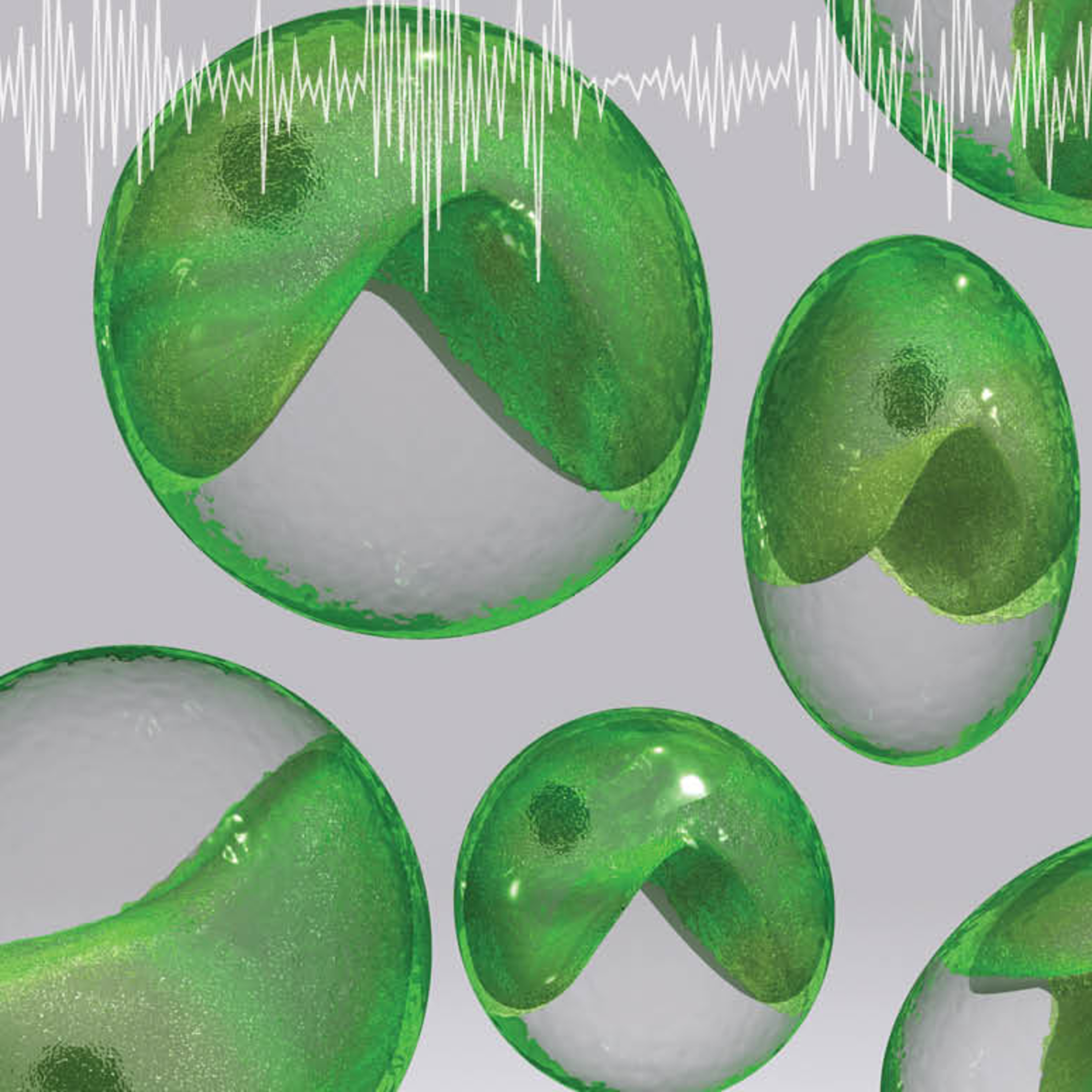
SciPodExploring Symbiotic Relationships Using Flow Cytometry - Dr Toshiyuki Takahashi, National Institute of Technology in Miyazaki, JapanSymbiosis is the interaction between two species that offers benefits to one or both of the organisms involved. One important type of symbiosis that has been instrumental in advancing evolution is endosymbiosis, where one of the organisms lives inside the other. Endosymbiosis has typically been studied using microscopy, but Dr Toshiyuki Takahashi from the National Institute of Technology in Miyazaki, Japan, proposes that a technique called flow cytometry can offer more detailed insights into endosymbiotic relationships and advance our understanding of these important associations.
2020-08-0708 min
SciPodResisting Economic Crises with the Grondona System of Currency ConvertibilityCurrency crises are a major feature of the world economy we live in, and many governments face the challenge of defending their currency’s exchange-rate. A system of currency and money needs a standard of value to be stable, but no such system has existed since the end of the US Gold Standard in 1971. Professor Patrick Collins of Azabu University in Japan and his colleagues perform detailed simulations and argue that the Grondona system of conditional currency convertibility is the only practical method to stabilise currencies in our modern world.
2020-07-3108 min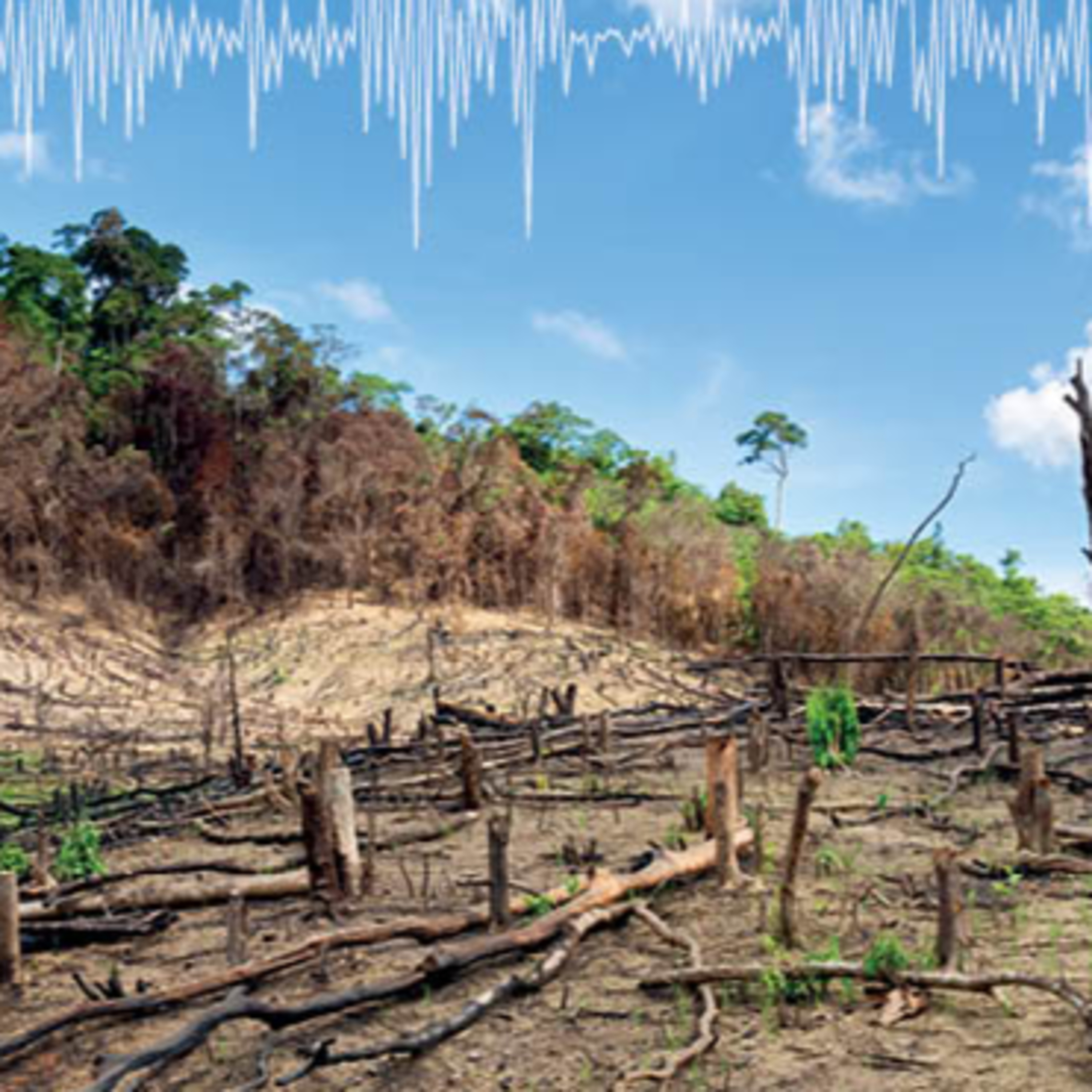
SciPodRethinking Forest Conservation as a Human Affair – Dr Claude Garcia and Dr Patrick WaeberClimate change and land-use changes are shaping the future of the world’s forests. Initiatives to halt deforestation and forest degradation are consistently missing their targets, despite political and public support. A key reason for this lack of effectiveness may be the failure to account for human behaviour. Dr Claude Garcia and Dr Patrick Waeber from the French Agricultural Research Centre for International Development and the Swiss Federal Institute of Technology use theoretical models and games to demonstrate how accounting for social and behavioural factors could significantly improve the outcomes of forest management.
2020-07-2410 min
SciPodBuilding Resilience in the Modern Electricity Grid - Dr Hashem Nehrir, Montana State UniversityAs the electricity generation landscape transforms at a breakneck pace, the techniques engineers use to maintain a high performance in the electricity grid are struggling to keep up. Through a new study, Dr Hashem Nehrir and several of his former students at Montana State University delve into a variety of potential solutions, which have been presented by global research teams over the past two decades. Through an advanced algorithm, they have now brought together the findings of these studies and present a new grid architecture that could ensure our electricity infrastructures remain resilient well into the future.
2020-07-1708 min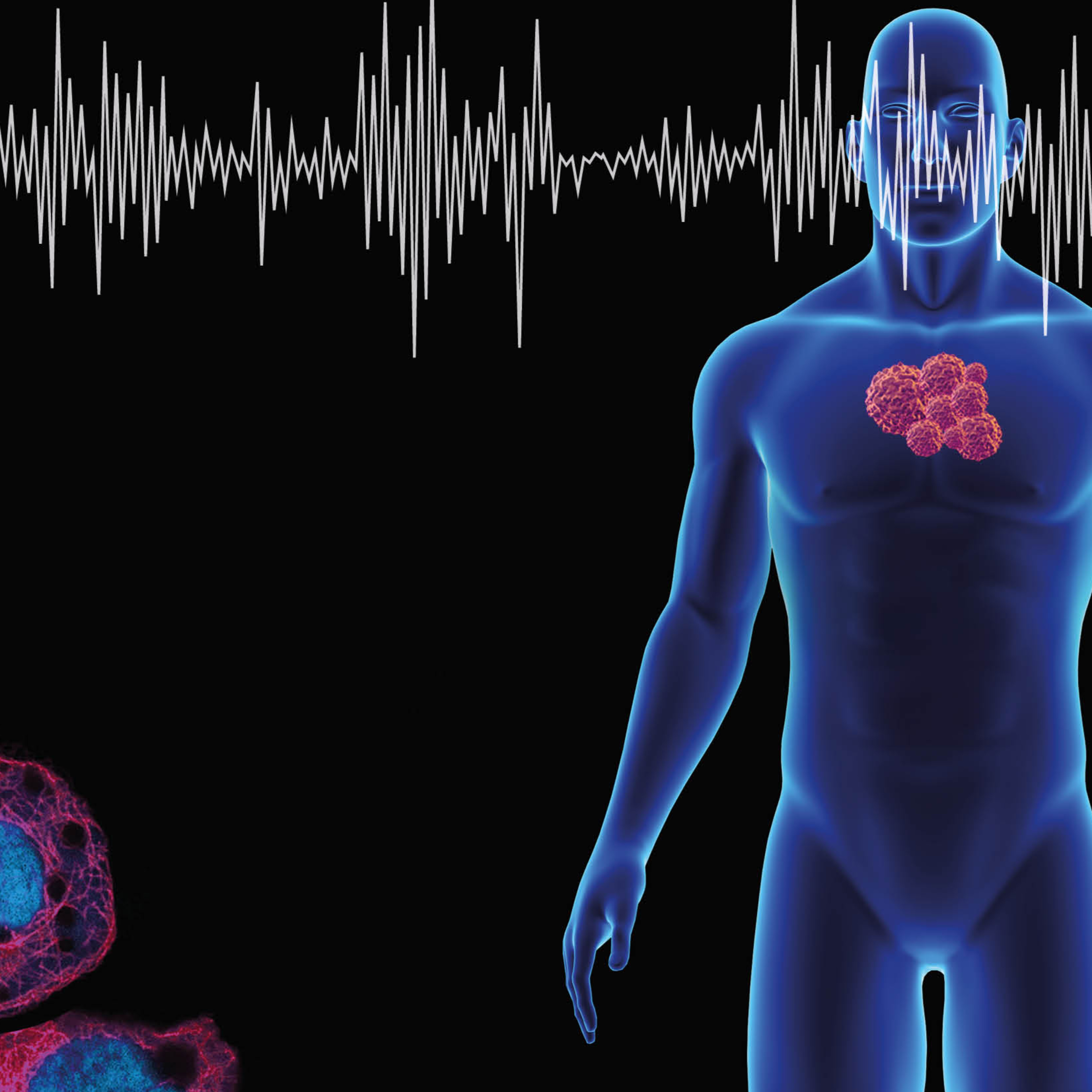
SciPodAre Poly-aneuploid Cancer Cells the Keystone Cure for Cancer - Dr Kenneth J. Pienta‘Our audacious idea is to cure cancer.’ Dr Kenneth Pienta at the Johns Hopkins School of Medicine, USA, speaks with genuine passion about his ground-breaking research. With his team, he has recently discovered that in every type of cancer, a special type of rare cancer cell – a polyaneuploid cancer cell (PACC) – exists and hides within the greater cancer cell population. The team hypothesises that ‘PACCs are a master mediator of therapy tolerance’ and thus, the critical treatment target. Now, in a call to arms, Dr Pienta is asking researchers and scientists across diverse disciplines to unite in developing a cure for can
2020-07-1014 min
SciPodThe DOZE App A Unique Approach To Overcoming Sleep Problems In Young Adults – Dr Colleen CarneyPoor sleep is a common difficulty issue for teenagers and young adults worldwide. Unfortunately, the impact of poor sleep is substantial with clear links to mental health difficulties. Dr Colleen Carney, an Associate Professor and the Director of the Sleep and Depression Laboratory at Ryerson University, Canada, is committed to helping people sleep better. Dr Carney has recently turned her expertise to the development of an innovative app to alleviate sleep problems in teenagers and young adults.
2020-06-3011 min
SciPodThe Effects of Autonomy on Motivation in Different Cultures - Dr Ritu TripathiSocial psychology is the scientific study of individuals in society. An immense body of work has demonstrated that social cues, such as the facial expressions and body language of others, affect our motivation. One line of research suggests that autonomy-supportive instructions enhance motivation. However, this work has primarily been conducted in Western contexts and relatively little has been established about the universality of such effects across different cultures. Dr Ritu Tripathi at the Indian Institute of Management Bangalore and her colleagues are working to overcome this knowledge gap, with important theoretical and methodological implications for the business world and...
2020-06-3010 min
SciPodImproving Wildlife Surveys With Advanced Genetic And Statistical Tools -Dr SchultzAdvancements in genetic technologies have provided new wildlife survey tools that are more efficient, less expensive, and allow scientists to detect species that are otherwise difficult to observe. Detection of environmental DNA (eDNA) shed into water or soil by wildlife, is one such tool. Through a multi-year study of Asian carp eDNA in the Chicago Area Waterway System, Dr Martin Schultz of the United States Army Corps of Engineers has been developing new methods that combine genetic techniques with powerful statistical models to estimate the Asian carp eDNA concentrations in waterways.
2020-06-2510 min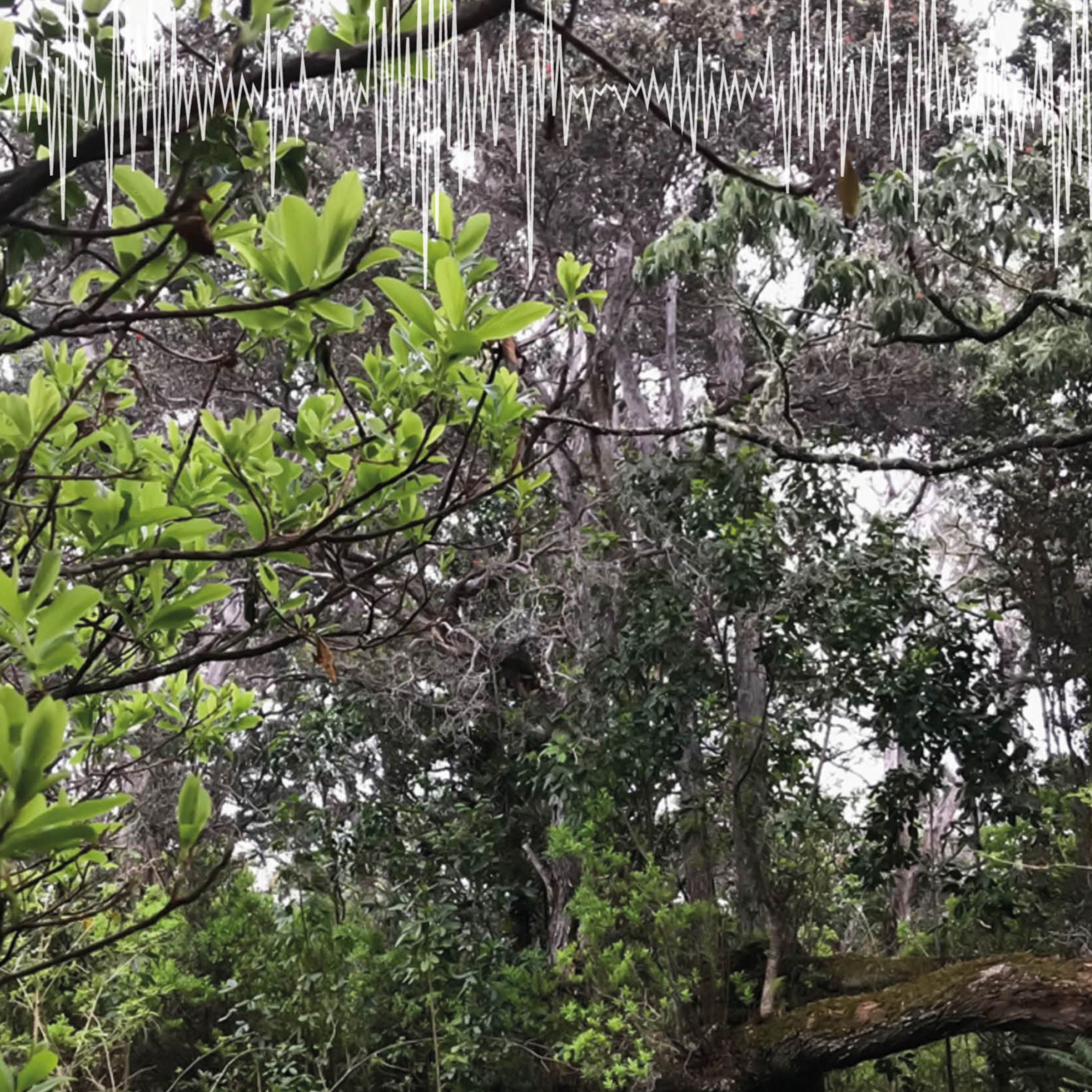
SciPodTeaching Change Bioculturally Grounded, Place - Based Environmental Education In HawaiʻiWith ongoing climate change, land use change, and changing disturbance regimes that negatively impact Earth’s ecosystems, it is critical that educators convey the importance of safeguarding the natural environment to younger generations to prepare them to face current and future environmental challenges. Teaching Change comprises a collection of innovative programs aimed at strengthening the relationship between youth and nature in Hawaiʻi while also inspiring Hawaii’s youth to become the next generation of natural resource scientists and managers. Teaching Change addresses this mission through immersive, place-based, outdoor Field Courses for local students, and Teacher Training Workshops for local...
2020-06-2313 min
SciPodA World Of Clinical Possibilities - Dr Helen FittonFucoidans, which occur naturally in seaweeds, have previously
been shown to have a range of possible clinical applications. In a
review study, Dr Helen Fitton and her team from the biotechnology
company, Marinova, discuss the breadth and depth of new fucoidan
research – from their potential use in cancer treatment, to their
possible effcts on microbiome. Finally, they cover new techniques
for the measurement, production and delivery of fucoidans, which
are supporting the transition from research to clinical application.
2020-06-1609 min
SciPodThe Art and Science of Developing Safe New Crop VarietiesMany of the plant species that we depend on for food produce toxins. The wild ancestors of these crops relied on toxins to ward off diseases and prevent them from being eaten by animals. By choosing individual plants that lack the genes necessary to produce toxins, generations of selective breeding have produced countless crop varieties that are safe to eat. In a recent review, Natalie Kaiser from Michigan State University and her co-authors review the history of developing safe crop varieties, and discuss the special considerations given to plants that produce toxins.
2020-06-1608 min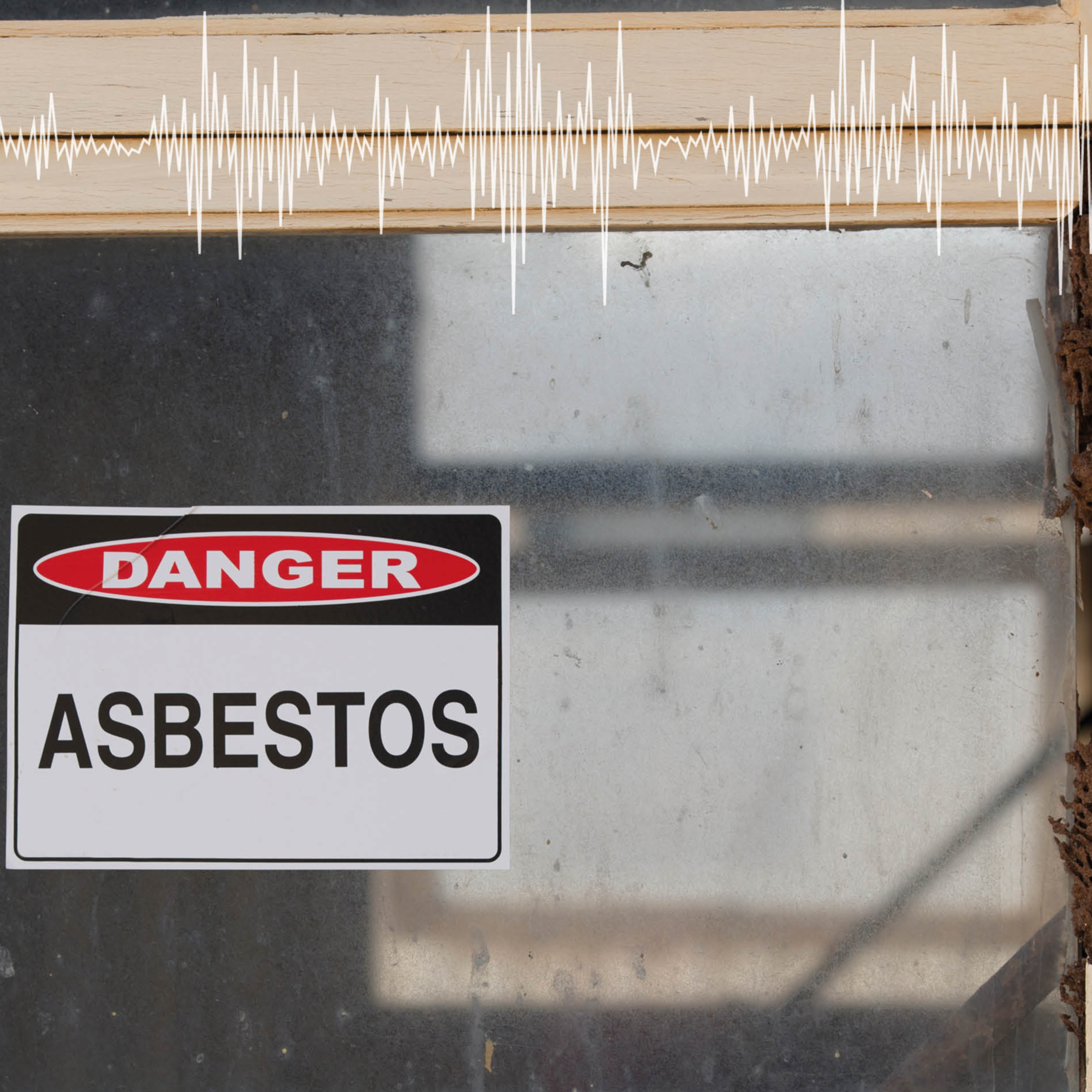
SciPodRevitalising Attention on the Global Asbestos Disaster - Dr Jukka TakalaIn developed countries, we are broadly aware of the dangers of asbestos and the risks it poses if discovered in our living or working environments. It may be shocking to learn that asbestos still causes an estimated 255,000 deaths annually worldwide, with the vast majority – 89% – from work-related exposure. Although asbestos is banned in 55 countries, it is still widely used in the developing world, and over two million tonnes are consumed annually, leading to what Dr Jukka Takala, President of the International Commission of Occupational Health, and an international team of authors describe as a global asbestos disaster.
2020-06-1211 min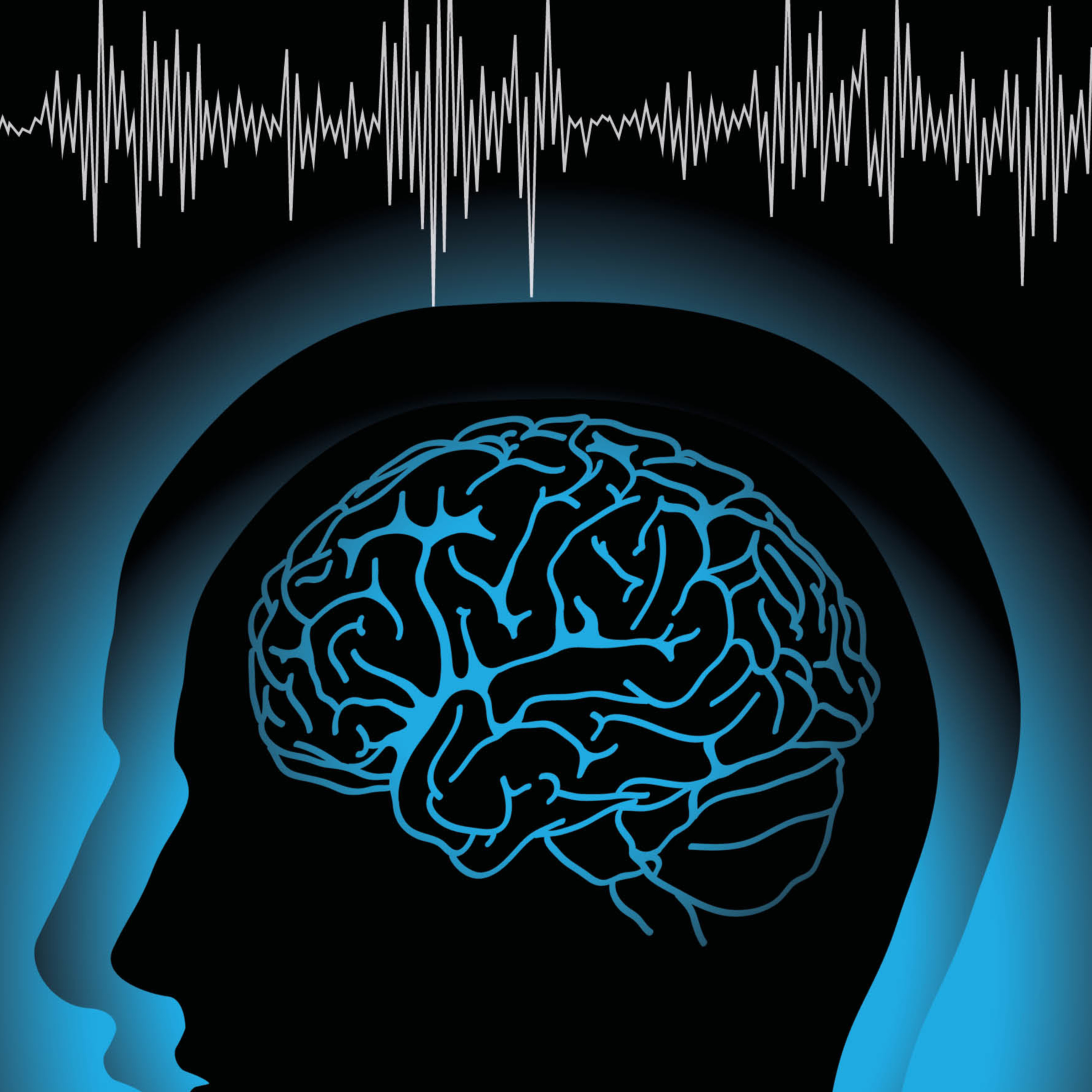
SciPodHealth Neuroscience How and Why Exercise Improves Cognitive - Professor Kirk Erickson, University of PittsburghWe all know exercise is good for us. In addition to the renowned physical benefits, Professor Kirk Erickson in the Department of Psychology at the University of Pittsburgh is providing powerful evidence that exercise may improve cognitive faculties throughout the lifespan. Read on to discover the wide range of ways in which exercise can help us to live our lives to the fullest across the years, and how the emerging field of health neuroscience may inform public health policy for our better good.
2020-06-0512 min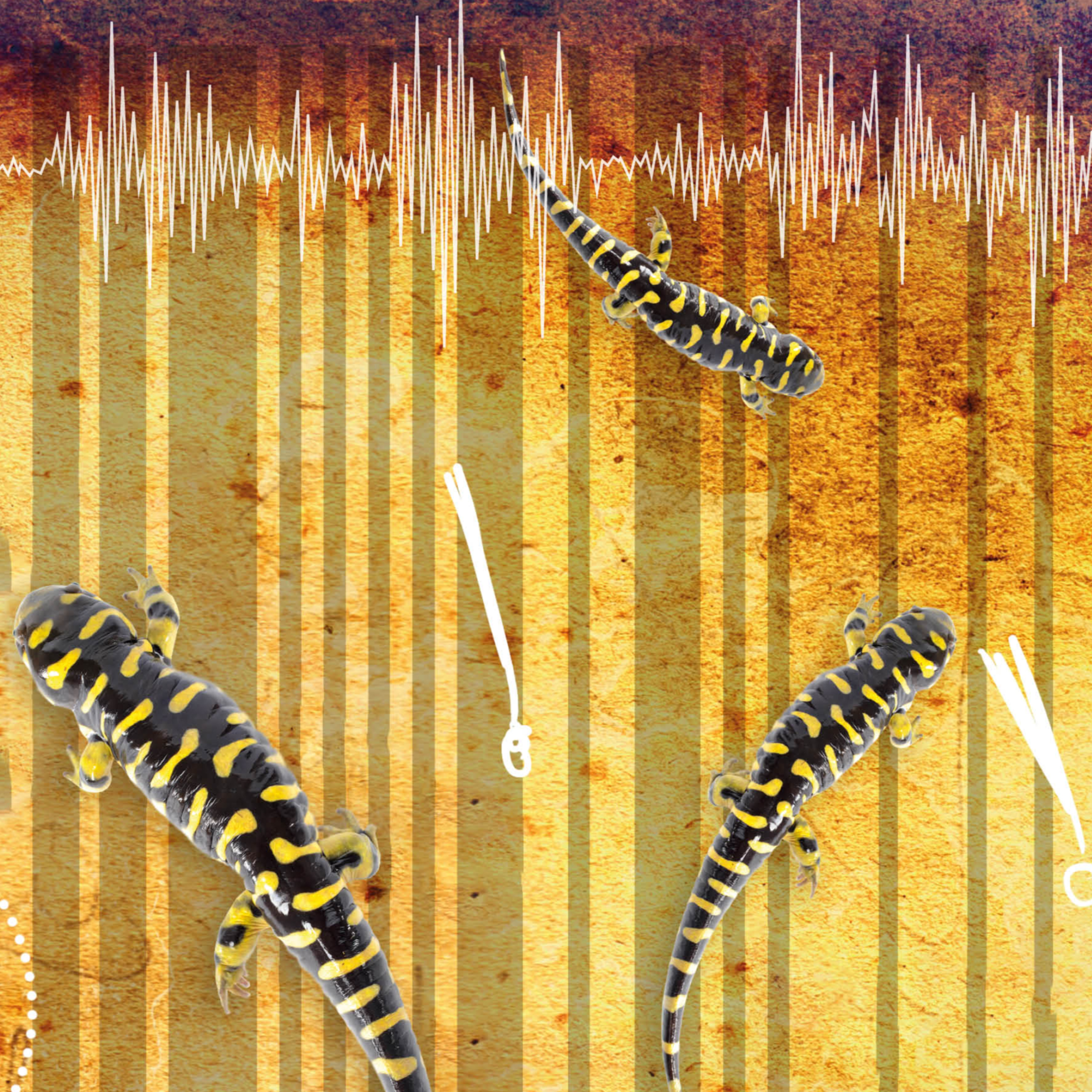
SciPodImproving Wildlife Surveys Through Environmental DNA - Dr Katy KlymusTo understand how human activities impact wildlife, biologists need to know which species are present within a given area. Traditional methods of surveying species are often labour intensive, time consuming, and expensive. However, recent advancements in genetic analysis may provide powerful new survey tools to complement existing methods. Through her research, Dr Katy Klymus at the US Geological Survey tests the efficacy of one such tool, environmental DNA metabarcoding, for identifying wildlife affected by contaminated water sources.
2020-05-2909 min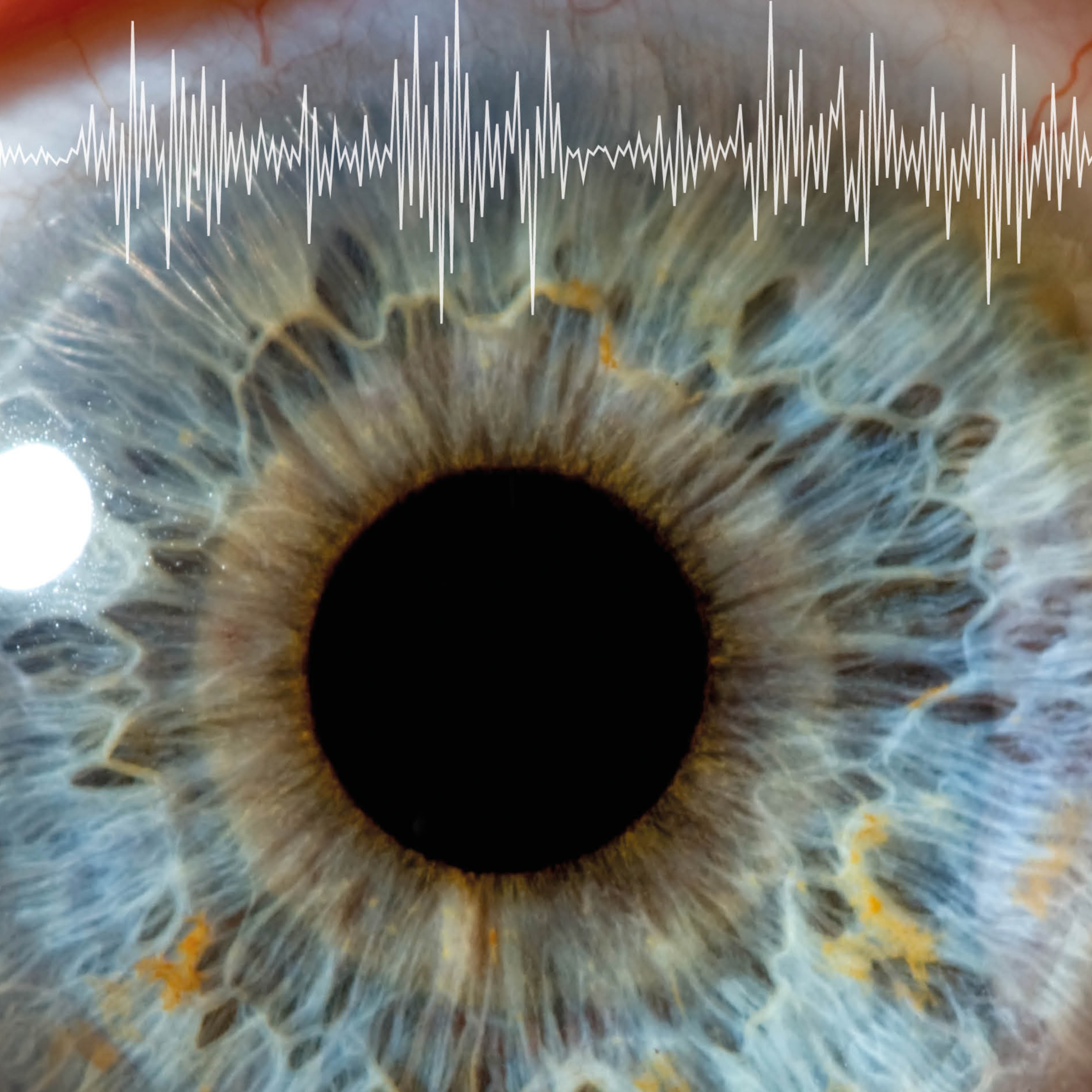
SciPodClearing the Haze: Understanding the Process of Scarring Following Corneal Injury - Professor Steven E. WilsonAny injury such as trauma, surgery or infection to the cornea in the eye may result in persistent scarring (clinically referred to as fibrosis) due to the wound healing response. Professor Steven E. Wilson at the Cole Eye Institute of the Cleveland Clinic Foundation has identified that defective epithelial basement membrane (EBM) regeneration plays a central role in the development of scar producing myofibroblast cells. Critically, Professor Wilson suggests that the pathophysiological consequences of defective EBM regeneration are also likely to have wider relevance to the fibrosis that occurs in other organs, such as the lungs, heart, kidneys, and...
2020-05-2216 min
SciPodThe MIT Superfund Research Program Studies on Cleaning Up Genes and the Environment - Dr Jennifer Kay Professor Bevin Page EngelwardIn the United States, there are thousands of industrial sites contaminated by the irresponsible disposal of chemical waste. The higher than expected frequency of cancer cases near these sites has caused alarm, since many of the chemical contaminants found at these sites have been linked to the development of long-term health problems, including cancer. As leaders of the Massachusetts Institute of Technology Superfund Research Program, Dr Jennifer Kay (Research Scientist and Research Translation Director) and Professor Bevin Page Engelward (Program Director) are using their expertise to investigate the genetic factors that influence susceptibility to adverse health outcomes following exposure...
2020-05-1515 min
SciPodComputing Conflict-free Treatments for Multiple Chronic Illnesses - Dr Juliana Bowles, University of St AndrewsModern treatments for patients with more than one chronic condition can be highly precarious, and in many cases, simultaneous treatments for different illnesses can be detrimental to each other and ultimately, the patient. Dr Juliana Bowles at the University of St Andrews believes that this pressing issue can be solved with the help of advanced computational techniques. Her team has explored the ability of such techniques to calculate reliable outcomes within models of complex systems. Their work promises to significantly enhance the ways in which treatments for chronic conditions could be delivered – improving safety and quality of life for pa...
2020-05-0113 min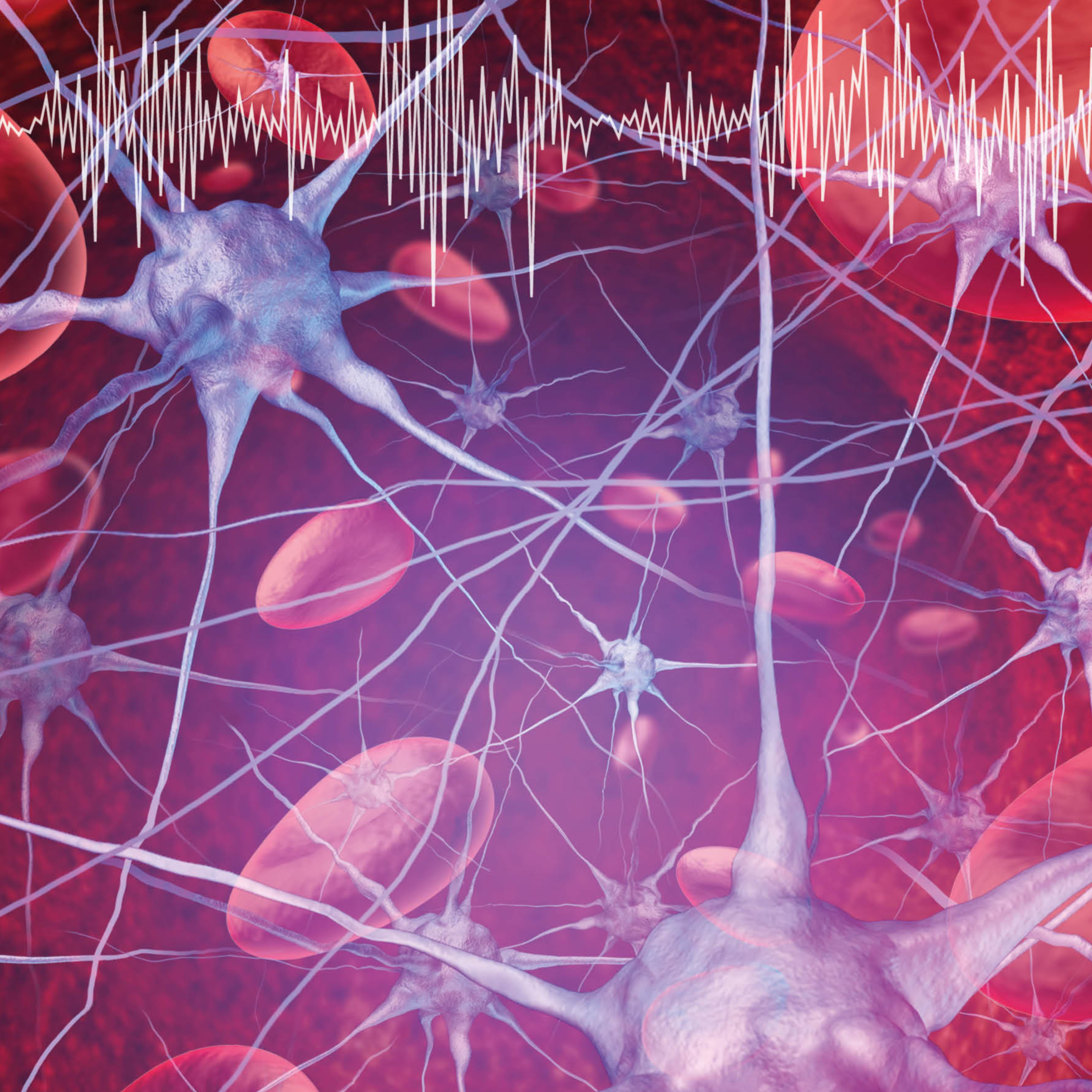
SciPodThe Blood-Brain Barrier: More than Just a Barrier - Dr Shikha Nangia, Syracuse UniversityNeurodegenerative disorders present a major cause of death and disability worldwide. Treatments are typically expensive, non-efficient, and invasive. Although scientists are committed to finding better treatment strategies, the challenge of penetrating the blood-brain barrier remains. This highly selective envelope protects our brain from harmful substances but also prevents drugs from reaching the brain when needed. Dr Shikha Nangia at Syracuse University, USA, focuses on understanding the molecular structure of this complex interface to ultimately facilitate the transport of drugs across the blood-brain barrier.
2020-05-0111 min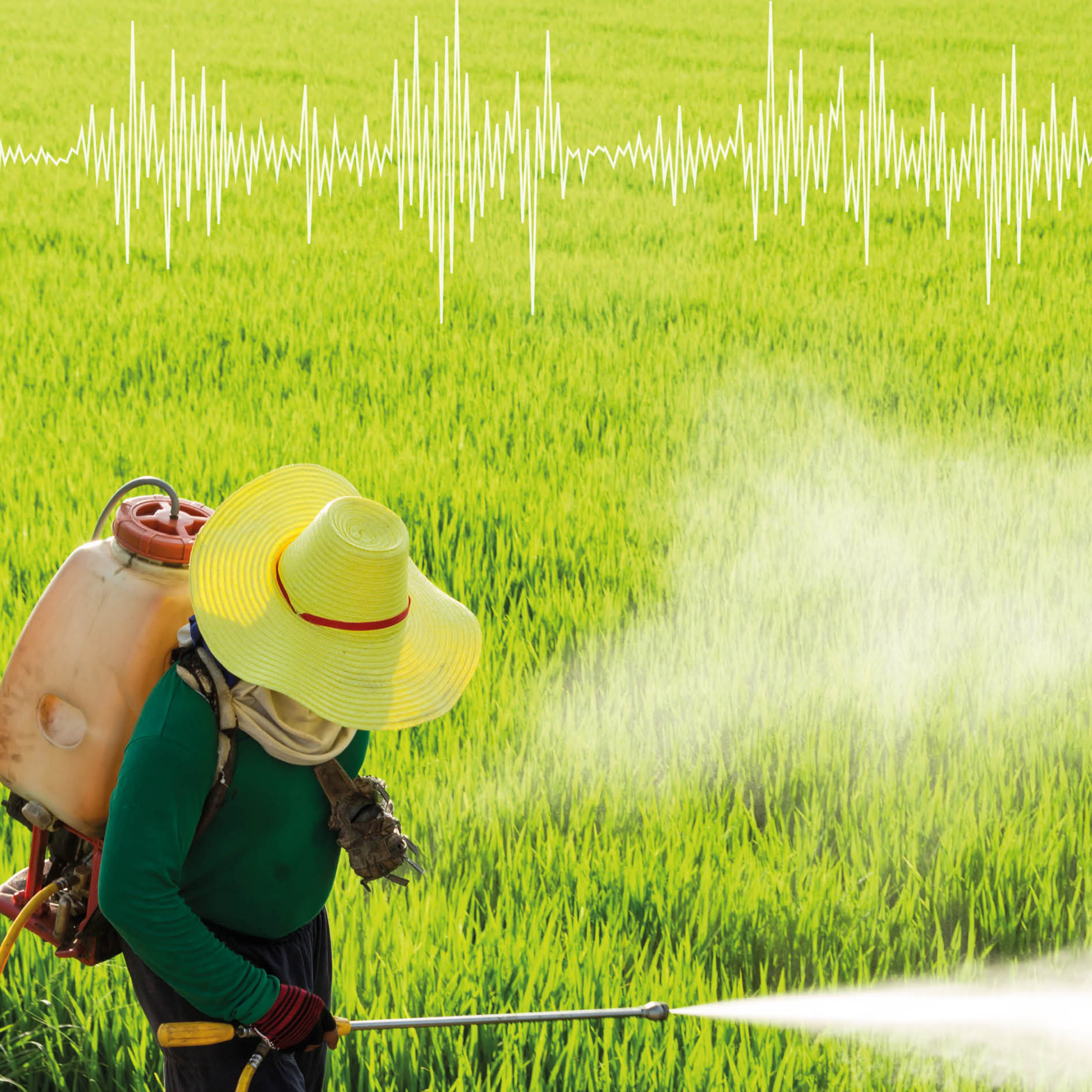
SciPodDoes ‘Safer Storage’ Reduce Agricultural Pesticide Self-poisoning in Rural Asia? Professor Flemming Konradsen & Professor Michael EddlestonAttempting suicide by ingesting pesticides is a major public health problem in rural Asia. In Sri Lanka, pesticide self-poisoning is the most common method used in suicide attempts in many rural areas. Globally, it accounts for as many as one in every five of the world’s suicides. Many people have recommended ‘safer storage and use’ as the answer to the problem. A group of Sri Lankan and international researchers took on the challenge to test, on a large scale, whether improving pesticide storage in households would actually reduce the frequency of self-poisoning with pesticides. Remarkably, they found no benefi...
2020-04-1711 min
SciPodSimulating Supersonic Fluid Flows in the Student Aerodynamics Lab - Dr Oleg Goushcha, Manhattan CollegeWhen learning about fluid dynamics, physics and engineering students can benefit greatly from hands-on experiments that allow them to visualise the equations they learn in lectures. For supersonic flows, however, the equipment required is incredibly expensive, making some experiments inaccessible to many universities. Dr Oleg Goushcha at Manhattan College has revived an old methodology to demonstrate supersonic flows in the classroom using far more affordable equipment. He has shown that the features seen in supersonic can be accurately simulated through an inexpensive setup involving water surface waves.
2020-04-0908 min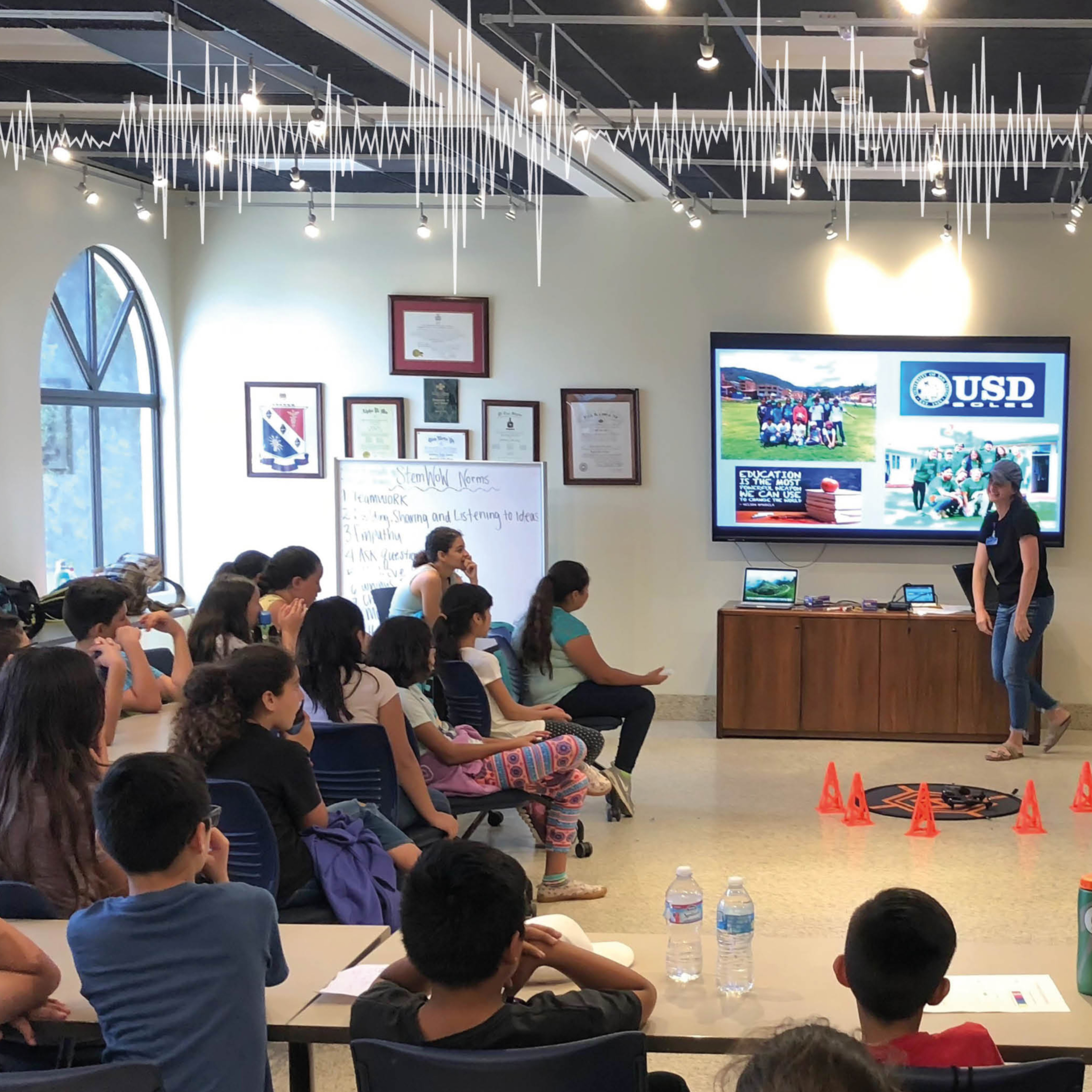
SciPodBuilding the STEM Students We Need - University of San DiegoDespite recent efforts to promote diversity in STEM education and professional environments, some ethnic groups remain highly underrepresented in STEM fields, including the Hispanic/LatinX community. To tackle this underrepresentation, researchers at the University of San Diego have created a multi-dimensional program funded by the National Science Foundation called STEMWoW, which is designed to promote and sustain interest in STEM disciplines among middle school students from underserved communities.
2020-04-0314 min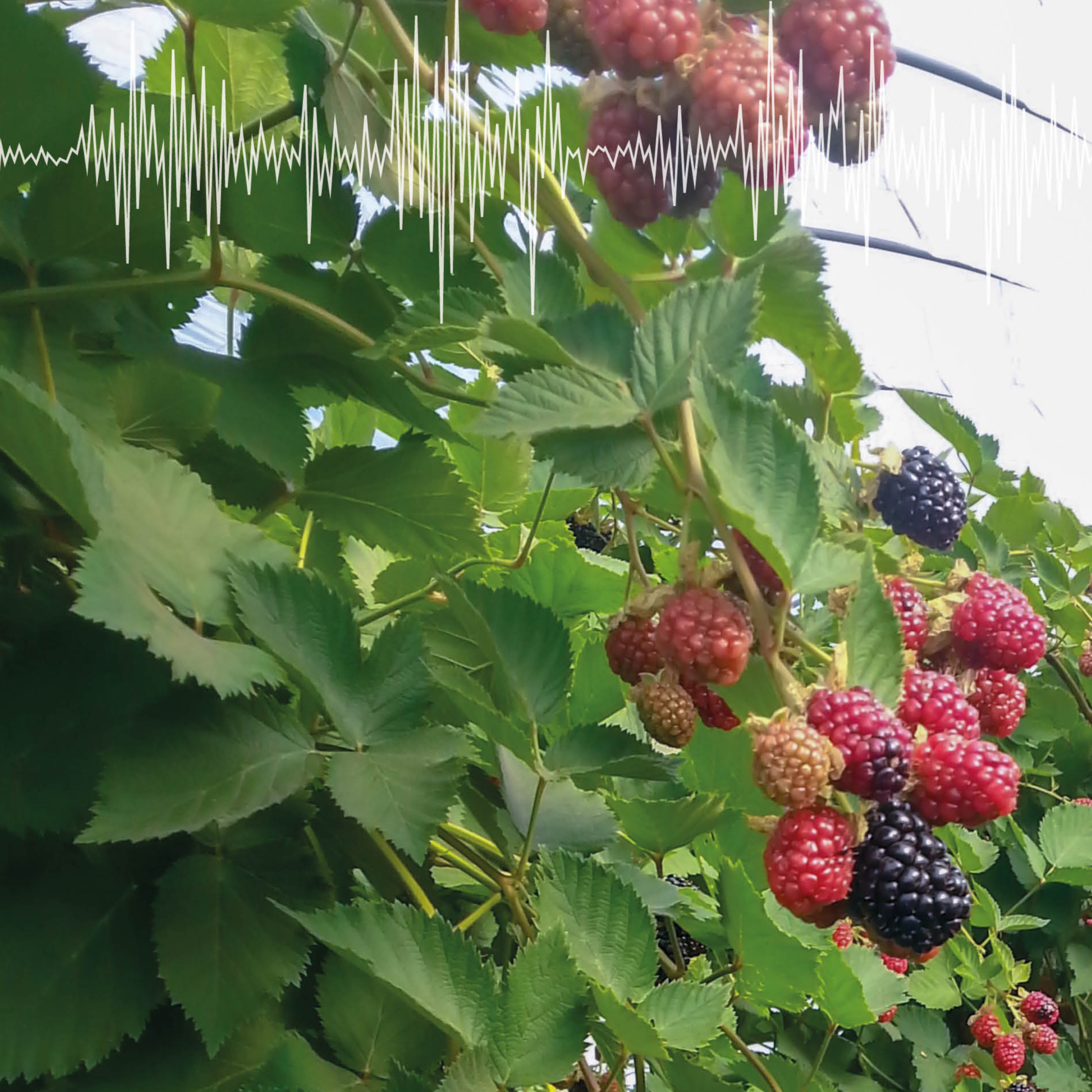
SciPodTunnelBerries: Enhancing The Sustainability Of Berry ProductionIn certain areas of the US, local berry growers face difficulties in meeting the growing customer demand for high-quality berries, while also managing pests in sustainable ways. Aware of these challenges, researchers from different universities, including Michigan State, Penn State and Cornell Universities have been collaborating on a project called TunnelBerries. Their aim is to conduct research related to berry growing and provide berry crop producers with useful information, paving the way towards the use of forward-looking practices.
2020-04-0314 min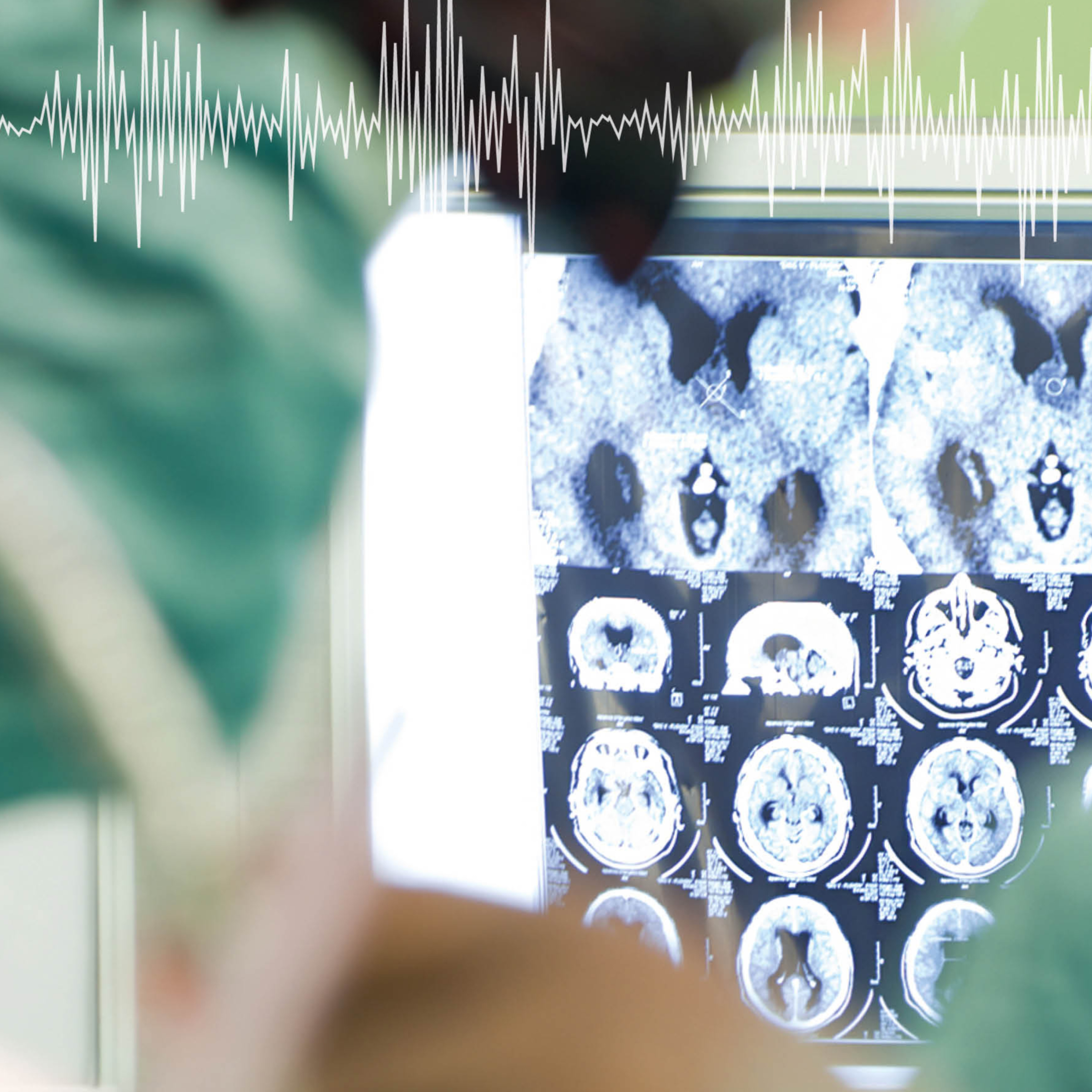
SciPodInnovations in Functional Brain Imaging to Improve Neurosurgery - Dr Jun Hua, Johns Hopkins UniversityDr Jun Hua, Associate Professor at the F. M. Kirby Research Center for Functional Brain Imaging at the Kennedy Krieger Institute and Johns Hopkins University, USA, leads a team focused on developing novel magnetic resonance imaging (MRI) technologies for imaging the structure and function of the brain. Recently, they have been pioneering the development of new MRI techniques that can be used to improve pre-surgical planning for neurological patients and optimise patient outcomes.
2020-03-2013 min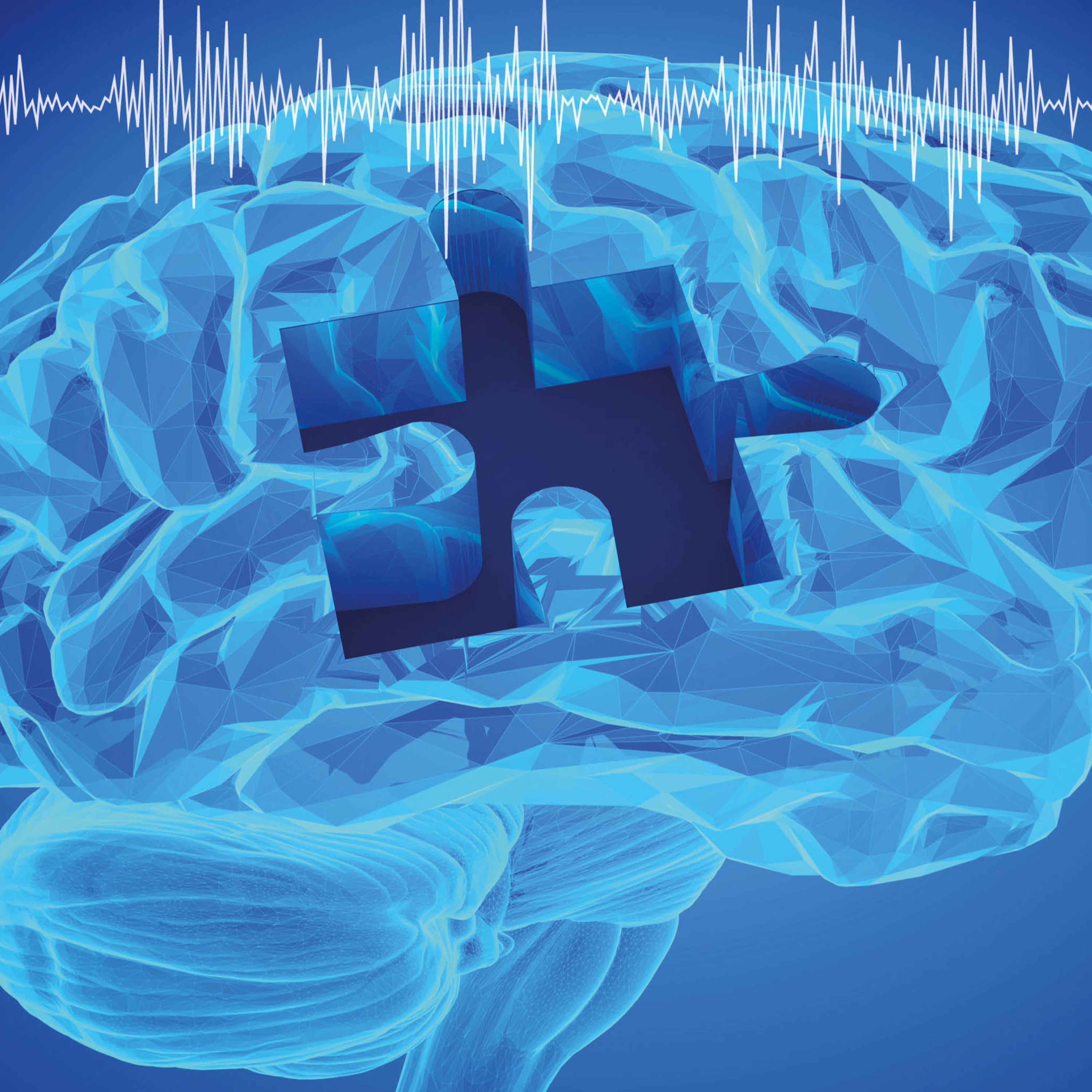
SciPodHow Memories Are Made And Lost In The Brain - Professor Don Kulasiri, Lincoln UniversityOur brain forms long-term memories and stores information through synaptic plasticity, the ability of the connections between neurons to be strengthened or weakened over time. However, the exact methods through which synaptic plasticity is achieved by the brain remain largely unknown in the scientific community. Professor Don Kulasiri at Lincoln University, New Zealand, is using a mathematical modelling approach to shed light into this process. His findings are providing molecular insights into how memories can be strengthened or lost.
2020-03-1314 min
SciPodProfiting from Disinformation: The Case of Genetically Modified OrganismsAs people are now spending a substantial amount of time online, traditional businesses and other vendors try to attract new customers by gaining traction on social media platforms, capturing the attention of users in a variety of ways. This is often achieved by disseminating compelling information, which is not always true or reliable. In a recent study, Dr Camille Ryan and her colleagues at Bayer Crop Science have taken a closer look at the monetisation of disinformation, focusing on the specific case of genetically modified organisms (aka GMOs).
2020-03-1309 min
SciPodTargeting the Brain in Type 2 Diabetes: Therapeutics to Induce Remission - Dr Jarrad Scarlett, University of WashingtonType 2 diabetes (T2D) is among the most impactful and costly biomedical challenges confronting society. Current treatment regimens for T2D rely upon daily drug dosing and frequent glucose monitoring to normalise blood glucose levels. However, these medications can only delay disease progression and frequently have undesired side effects including hypoglycaemia and weight gain. Growing evidence supports a key role for the brain in glucose homeostasis and diabetes pathogenesis. Dr Jarrad Scarlett and his research team at the University of Washington and Seattle Children’s Hospital are working on the development of novel pharmaceuticals to target the brain to in...
2020-03-0611 min
SciPodIdentifying Ways to Make the BEST Program Even Better - Professor Stephanie Wengert Watts, Michigan State UniversityBroadening Experiences in Scientific Training – or ‘BEST’ – is a program that aims to help biomedical students to explore and pursue expanded career options beyond traditional academic positions. While the program has been in place for a few years, the views of participating faculty members on the value of BEST’s career development initiatives had never been collected. To fill this gap, Dr Stephanie Watts at Michigan State University and her collaborators asked faculty members at seven institutions participating in the BEST program to answer surveys and share their perceptions. By shedding light on the program’s strengths and weaknesses, the team’s f...
2020-03-0608 min
SciPodFrom Machine Learning To Machine Understanding - Dr Yan M YufikDespite dramatic advances in neuroscience and biology in the 20th and 21st centuries, our understanding of the brain remains very limited. Dr Yan M Yufik, Head at Virtual Structures Research Inc, USA, is a physicist and cognitive scientist who has spent over 20 years combining experimental findings and theoretical concepts in domains as diverse as neuroscience and thermodynamics to form a theory of the brain. His focus has been on elucidating the mechanisms underlying human understanding and applying the results to the design of machines that can not only learn but understand what they are learning.
2020-02-2816 min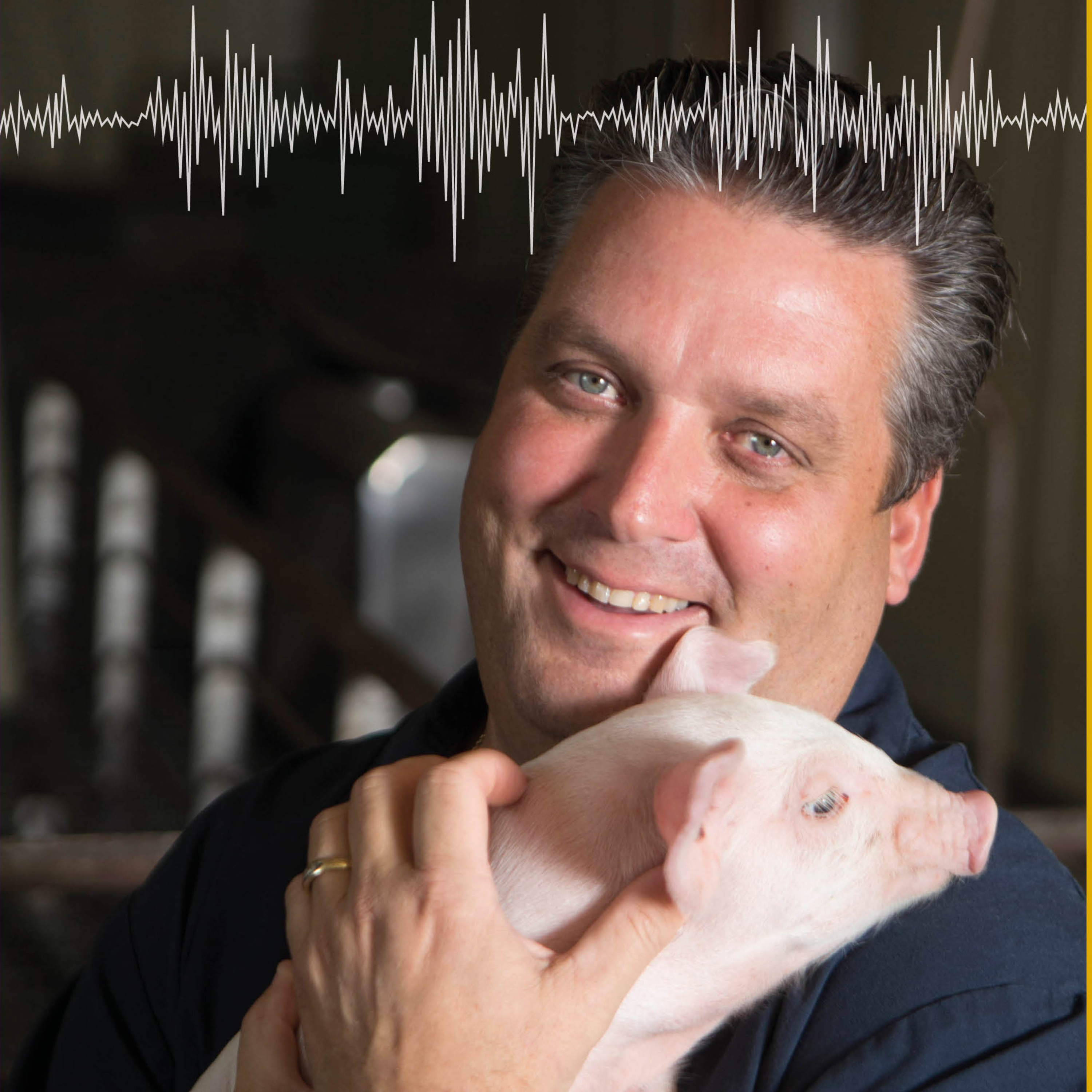
SciPodADBCAP A Human Approach To Improving BiosecurityForeign animal disease outbreaks in livestock systems have far-reaching economic, trade and food security implications. Biosecurity strategies can enhance the resilience of livestock production; however, understanding the behaviors of people involved in agriculture is critical – and more challenging. In a new approach, an innovative US-wide project is integrating social science, human decision making, economic and animal health perspectives to target disease prevention.
2020-02-1431 min
SciPodImproving Mentoring Relationships in Science: Mentors Need Mentors - Dr Christine PfundDr Christine Pfund is a researcher at the University of Wisconsin-Madison, USA. With a strong network of colleagues and collaborators, her work focuses on developing, implementing, documenting, and studying interventions to optimise research mentoring relationships across science, technology, engineering, mathematics, and medicine. Read on to discover how the success of these initiatives has resulted in the development of a national network of mentors in the USA.
2020-02-1412 min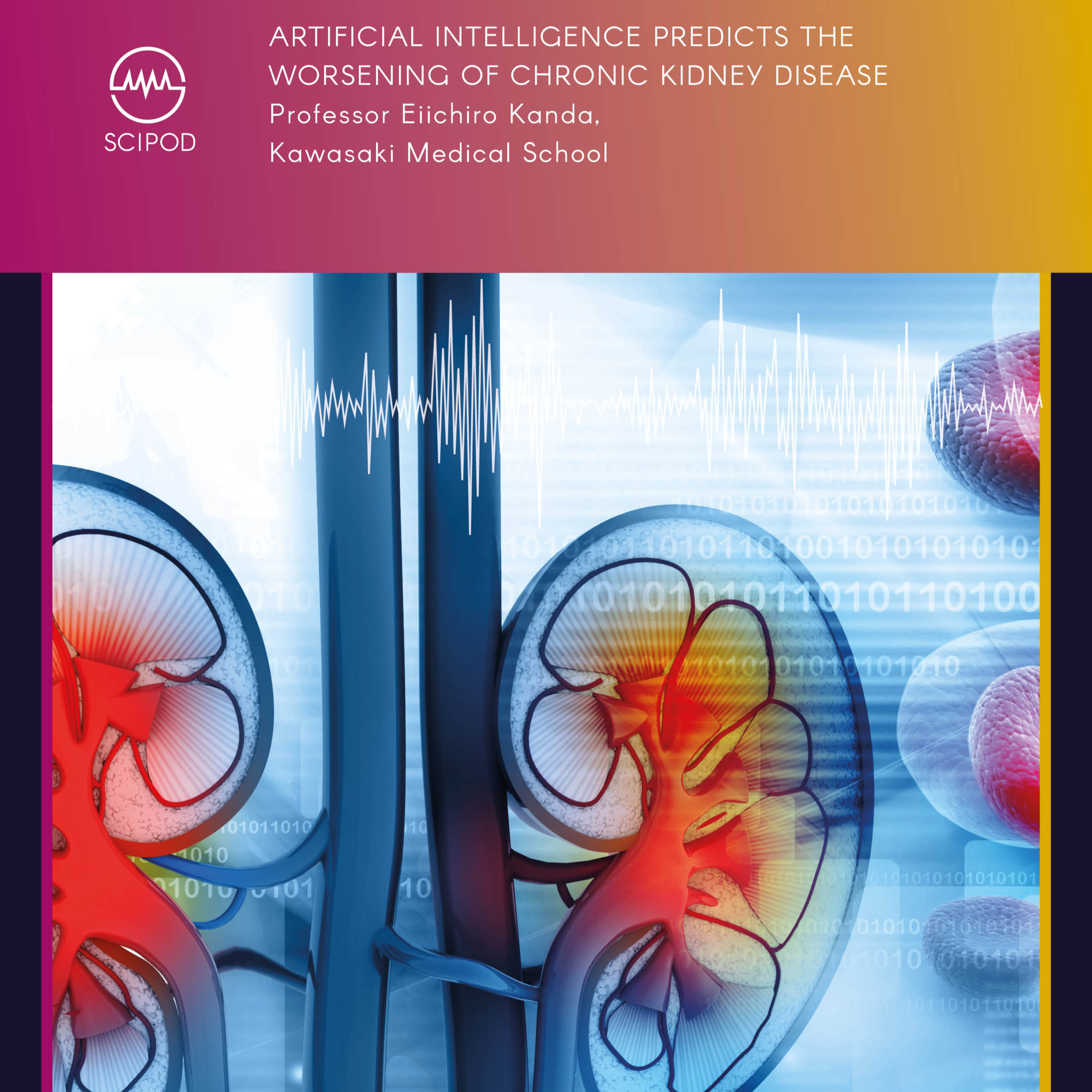
SciPodArtificial Intelligence Predicts The Worsening Of Chronic Kidney Disease - Professor Eiichiro Kanda, Kawasaki Medical SchoolOur kidneys are primarily responsible for filtering waste out of the body and into urine. However, with aging, kidney dysfunction begins to develop. Although no symptoms appear for years, this dysfunction can eventually progress to severe kidney failure. If caught early, the adverse outcomes of kidney dysfunction can be prevented. But unfortunately, the detection and management of kidney disease remain far from optimal. Professor Eiichiro Kanda of the Kawasaki Medical School has established a new model based on statistics and artificial intelligence to predict the risk factors and likelihood of kidney disease progression.
2020-02-0608 min
SciPodA Deep Learning Model to Predict Student DropoutIdentifying students who are at risk of withdrawing from higher education is of key importance, as it allows educators to devise and implement intervention strategies that could support students in completing their studies. With this in mind, Dr Naif Radi Aljohani and his colleagues at King Abdulaziz University in Saudi Arabia have recently devised a technique that could help to predict early dropout from university courses, by analysing data related to student engagement on online learning platforms.
2020-01-3008 min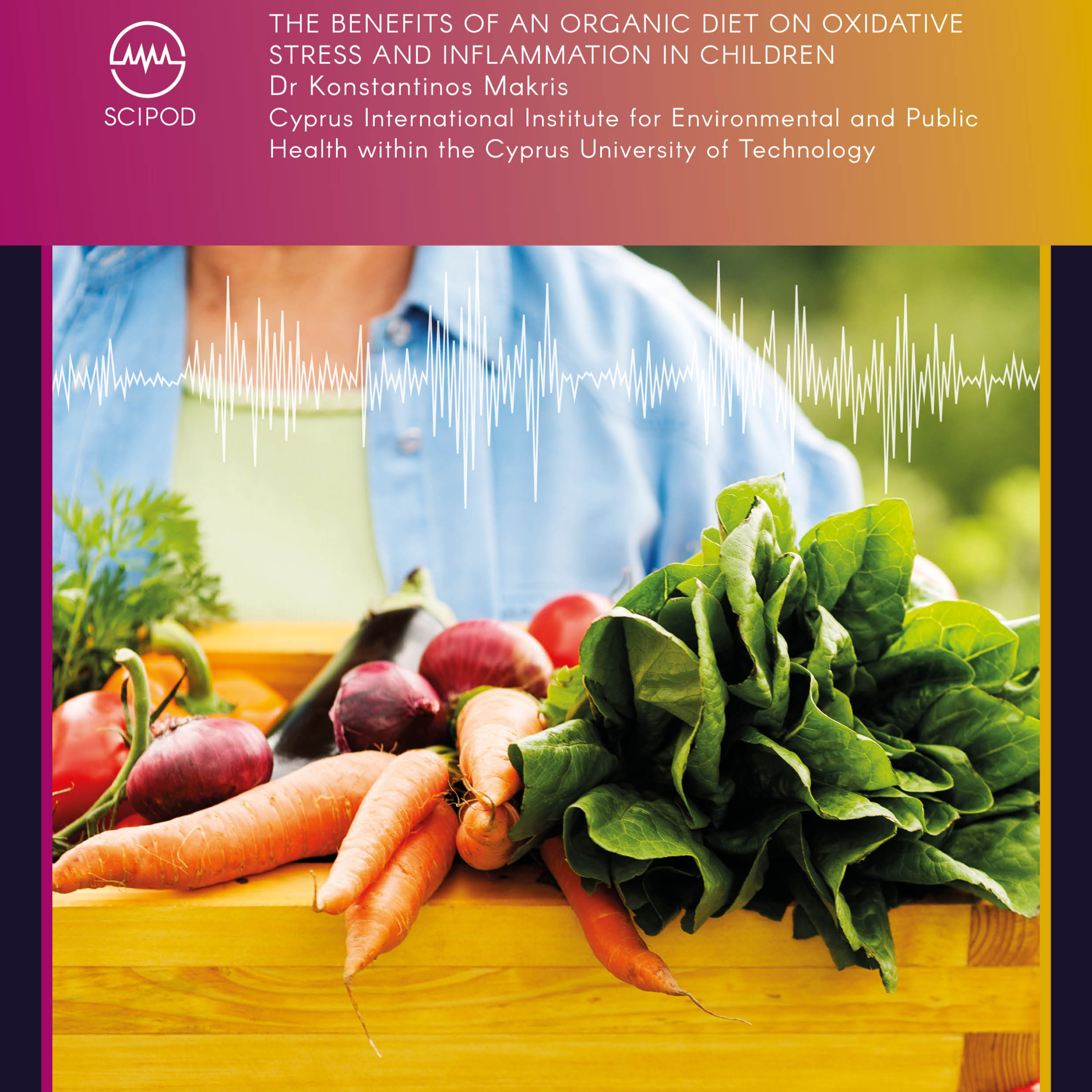
SciPodThe Benefits of an Organic Diet on Oxidative Stress and Inflammation in Children - Dr Konstantinos Makris, Cyprus University of TechnologyLifestyle factors and behavioural changes, such as diet modifications, are gaining interest as methods
to modify or even prevent the global progression of chronic diseases, such as heart conditions and
type 2 diabetes. Dr Konstantinos Makris (con-stan-teen-os Mah-kris), at the Cyprus International
Institute for Environmental and Public Health within the Cyprus University of Technology, and his
colleagues conducted a clinical trial to investigate the benefits of eating an organic diet in school
children, with findings making an important contribution to this emergent field.
2020-01-2408 min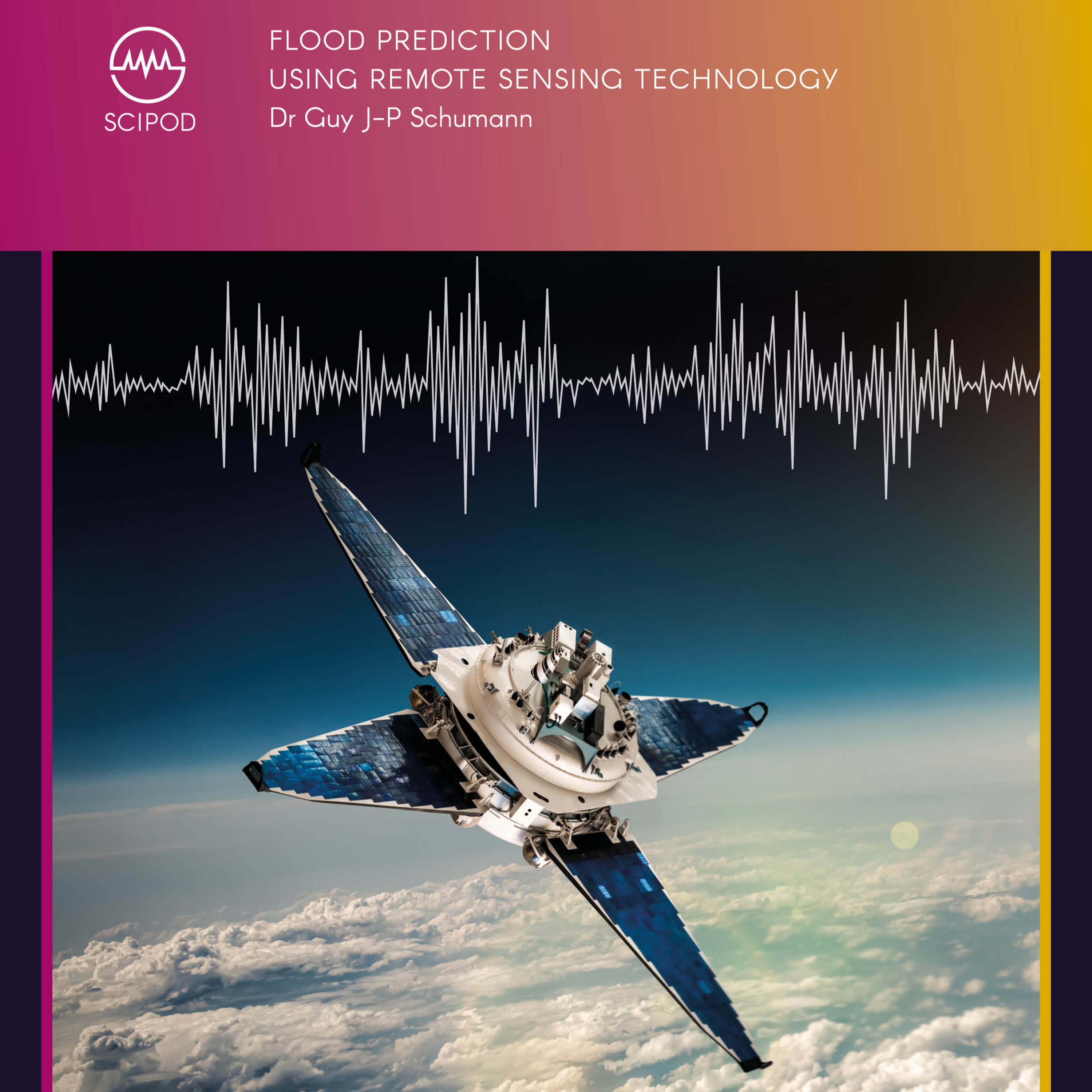
SciPodFlood Prediction Using Remote Sensing Technology - Dr Guy J - P SchumannFloods devastate communities across the globe. A single flood disaster can cause the loss of thousands of lives, and the displacement of millions of people. The devastating effect is exacerbated by the difficulty in monitoring floods and evaluating the information to make the best responsive decisions. To help communities and emergency response teams better predict and prepare for flooding events, Dr Guy J-P Schumann and his team at Remote Sensing Solutions in collaboration with the Dartmouth Flood Observatory (DFO) have harnessed remote sensing technology to develop an advanced user-friendly universal flood monitoring and prediction system.
2020-01-1611 min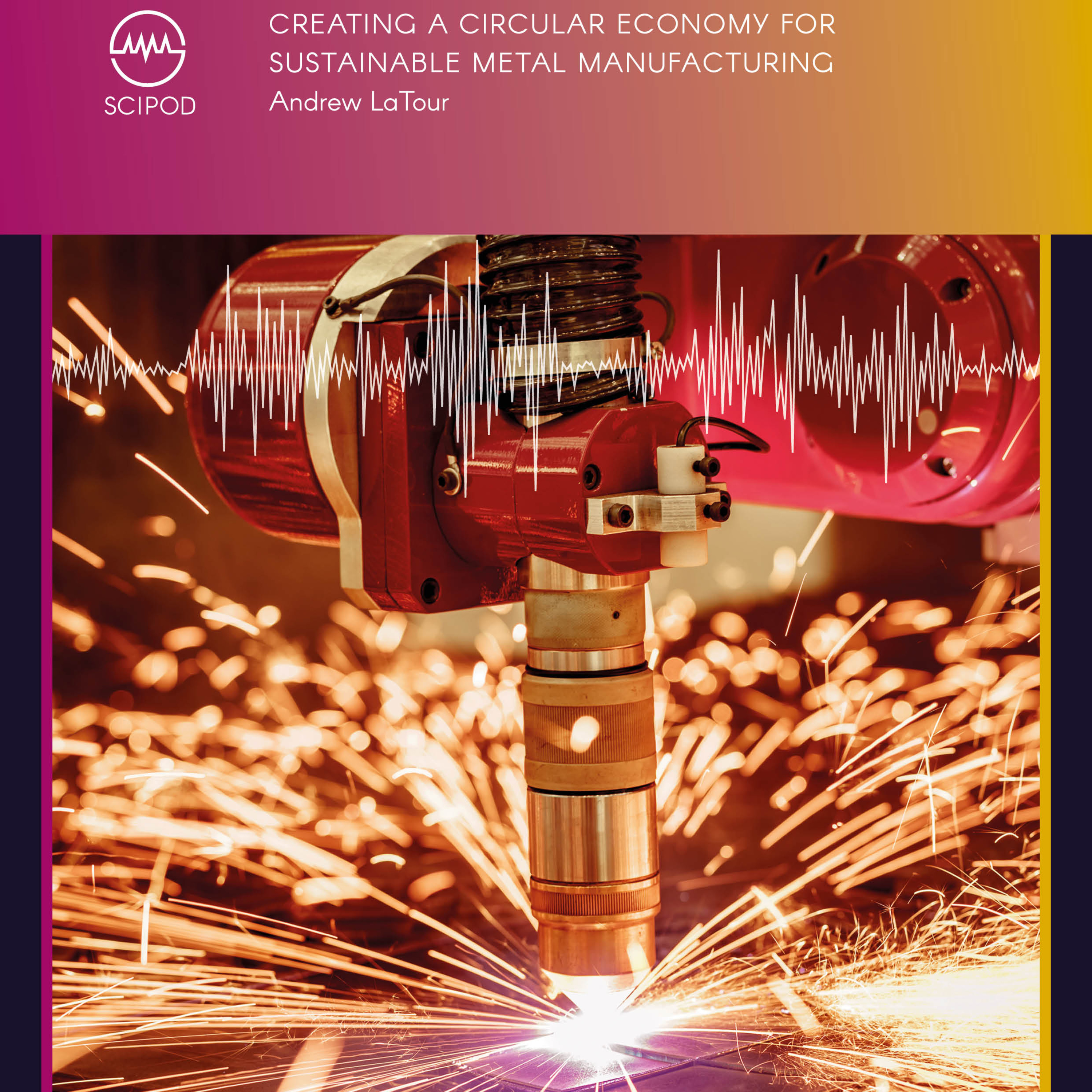
SciPodCreating A Circular Economy For Sustainable Metal Manufacturing - Andrew LaTourFacilities for recycling metal parts at the locations they are required would be a major milestone in the global struggle towards sustainable industry. Yet for all its advantages, the innovations required to realise such a goal are a daunting prospect. Now, Andrew LaTour and his colleagues at MolyWorks Materials are bringing the idea one step closer to reality, through the development of their ‘Mobile Foundry’. The company’s work could soon provide a new basis for developing a completely closed-loop economy in areas related to metal manufacturing, potentially slashing the industry’s negative environmental impacts.
2020-01-1011 min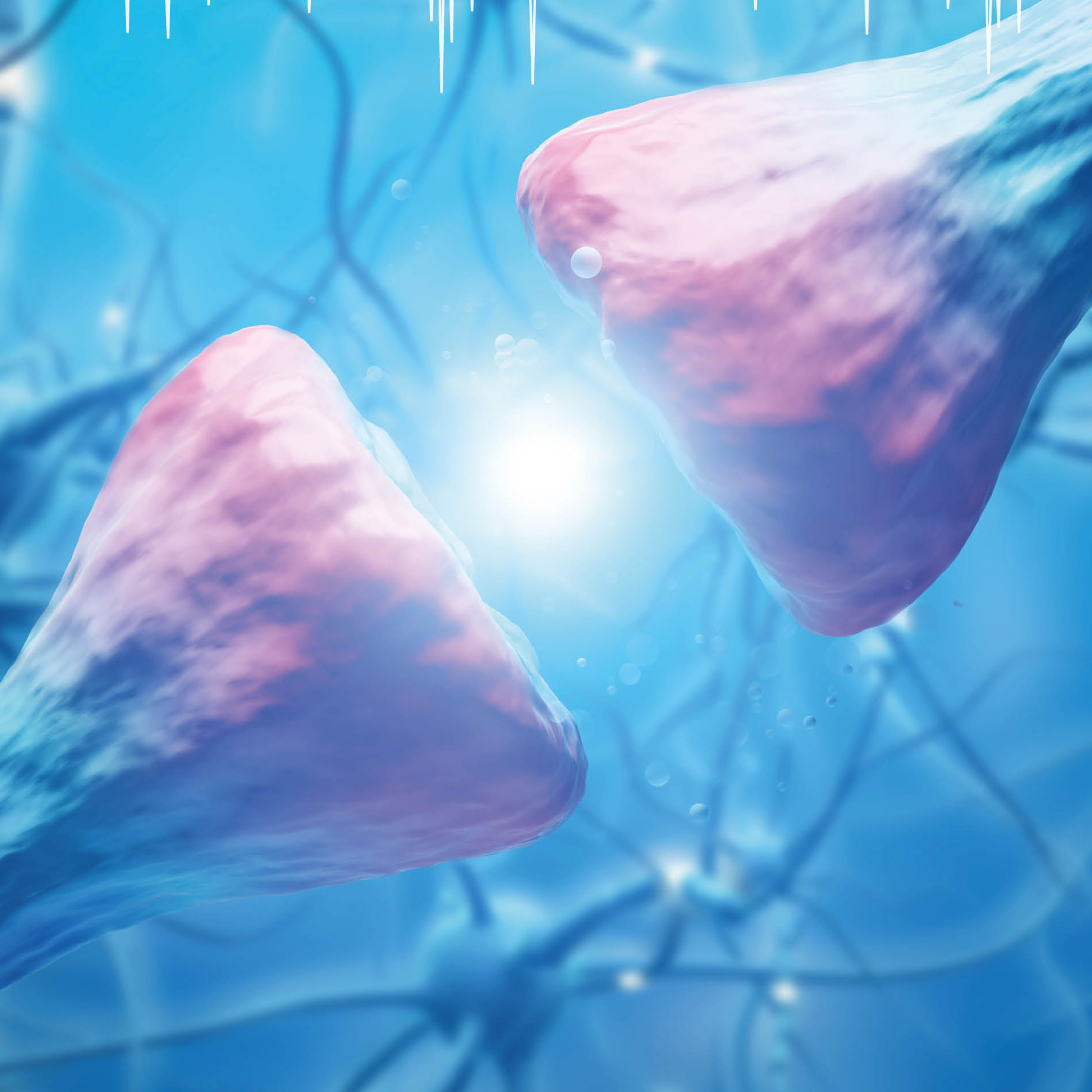
SciPodAre Amyloid Peptides Potential Therapeutics for Sepsis?Amyloids are aggregates of polymerised proteins. The polymerised proteins do not fold as they should and adopt shapes that enable multiple copies to stick together. In humans, these clusters of proteins form fibrils and the presence of these amyloid protein clusters are associated with disease pathologies. In a recent study, Dr Sidharth Mahapatra and colleagues at Stanford University assessed their hypothesis, that, contrary to much of the work in this area, in some cases, amyloids may be beneficial in treating inflammation caused by serious, life-threatening conditions, such as sepsis.
2019-12-1909 min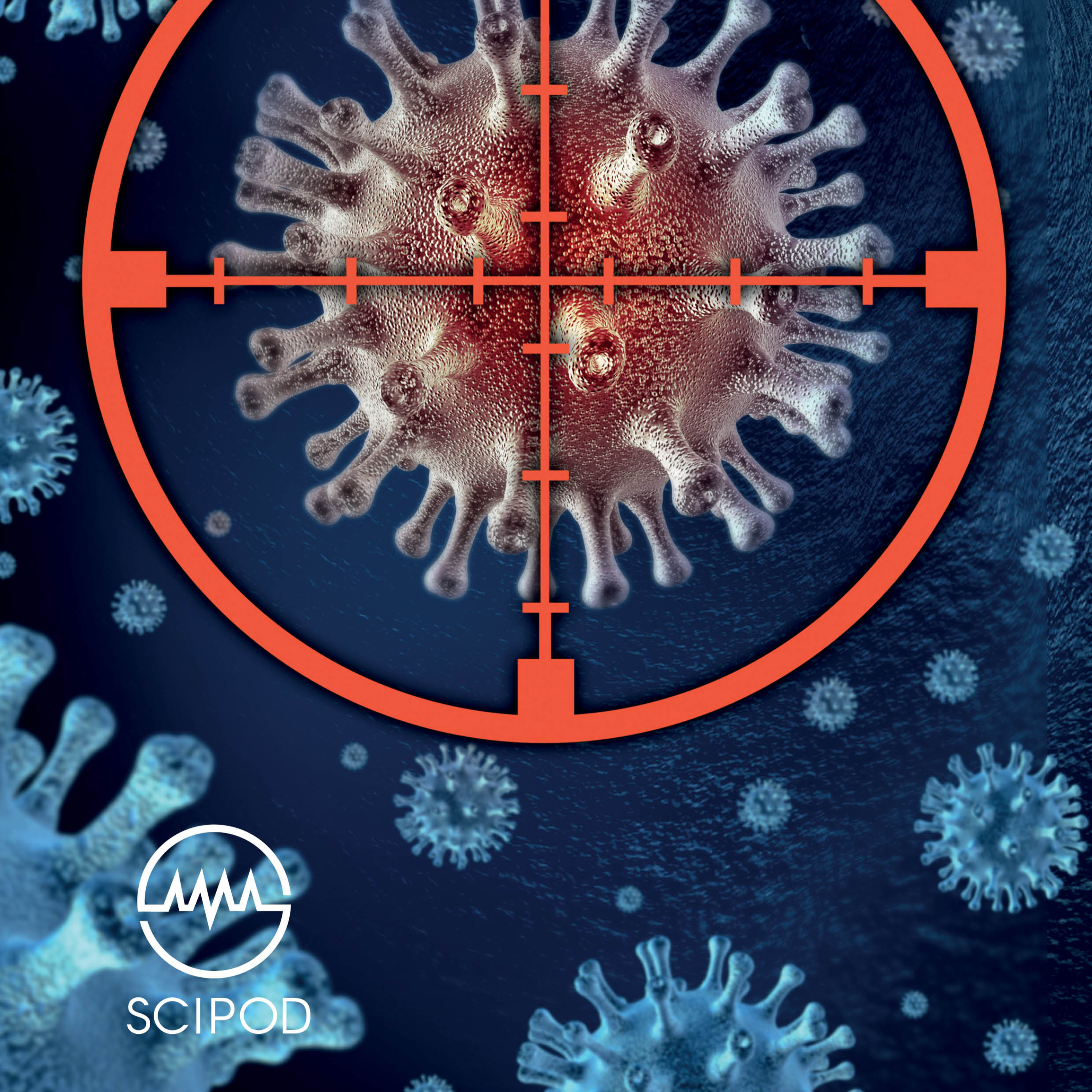
SciPodSimphotek: Shedding Light on New Cancer Treatments, Dr Mary PotasekThe use of radiation therapy to treat cancer has improved the long-term outcome of thousands of patients but is associated with serious side effects. Photodynamic therapy (PDT), a targeted light-based technique, has been approved as an effective treatment for some forms of cancer with fewer side effects than radiotherapy. However, the effectiveness of this technique depends on fine-tuning its application to the patient. Simphotek, a US-based company founded by world leaders in biophysics and computer modelling, together with its collaborative partners at Roswell Park Comprehensive Cancer Center and the Hospital of the University of Pennsylvania, is focused on expanding...
2019-12-1315 min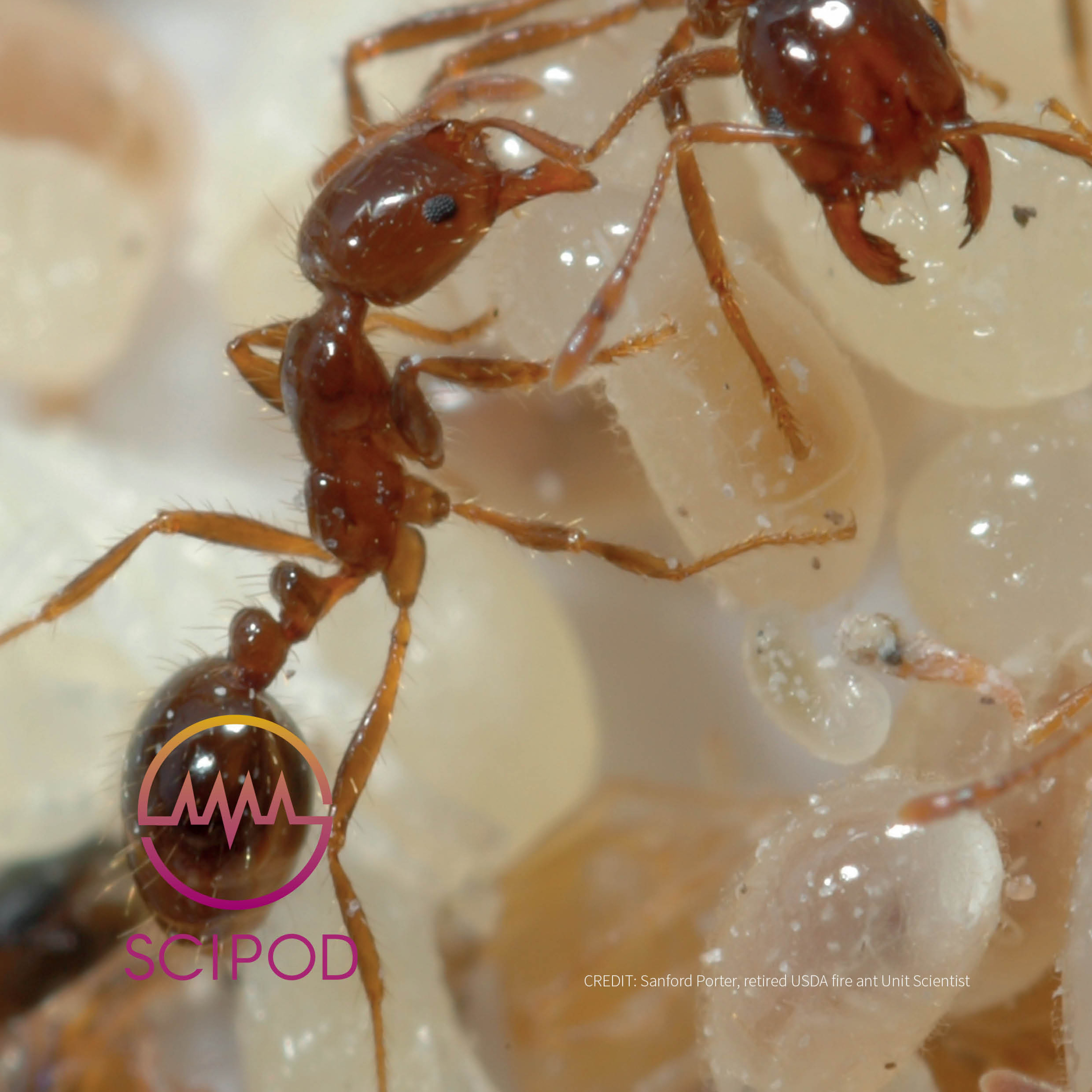
SciPodIlluminating Insect Chemical Ecology for Effective Pest Control - Dr Robert K. Vander Meer, USDABecause of growing international trade, increasing numbers of invasive pest insects are being transported throughout the world. If they become established, invasive insects can have enormous impacts on agriculture, human health and natural ecosystems. However, it can be difficult to control them without causing further damage to the surrounding environment. Dr Robert K. Vander Meer of the USDA Agricultural Research Service studies the chemistry of pest ants, as it pertains to their behaviour and biological systems, with the aim of identifying efficient novel methods to monitor and control them.
2019-12-1315 min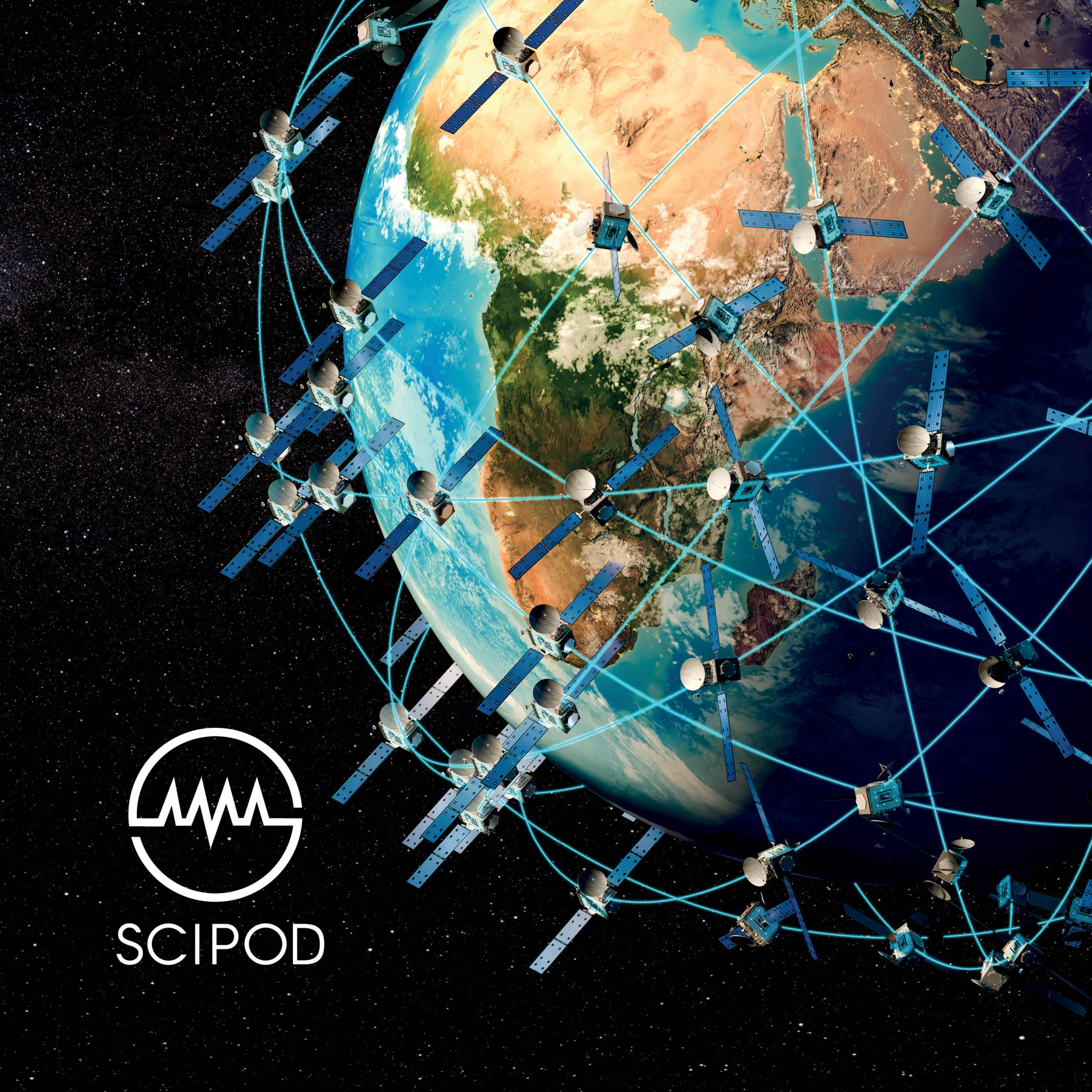
SciPodProgeny Developing Safeguards Against GPS Outages-Progeny Systems Corporation CharleroiGlobal Navigation Satellite Systems such as GPS are the backbone of many global communications, but they are not immune to failure. Progeny Systems Corporation is dedicated to mitigating such disasters if and when satellite-based communications fail, by developing Earth-based systems that work in comparable ways to synchronised satellite networks. As an alternative to GPS, the company’s technology could provide communicating parties with a crucial yet inexpensive safeguard against future failures.
2019-12-0612 min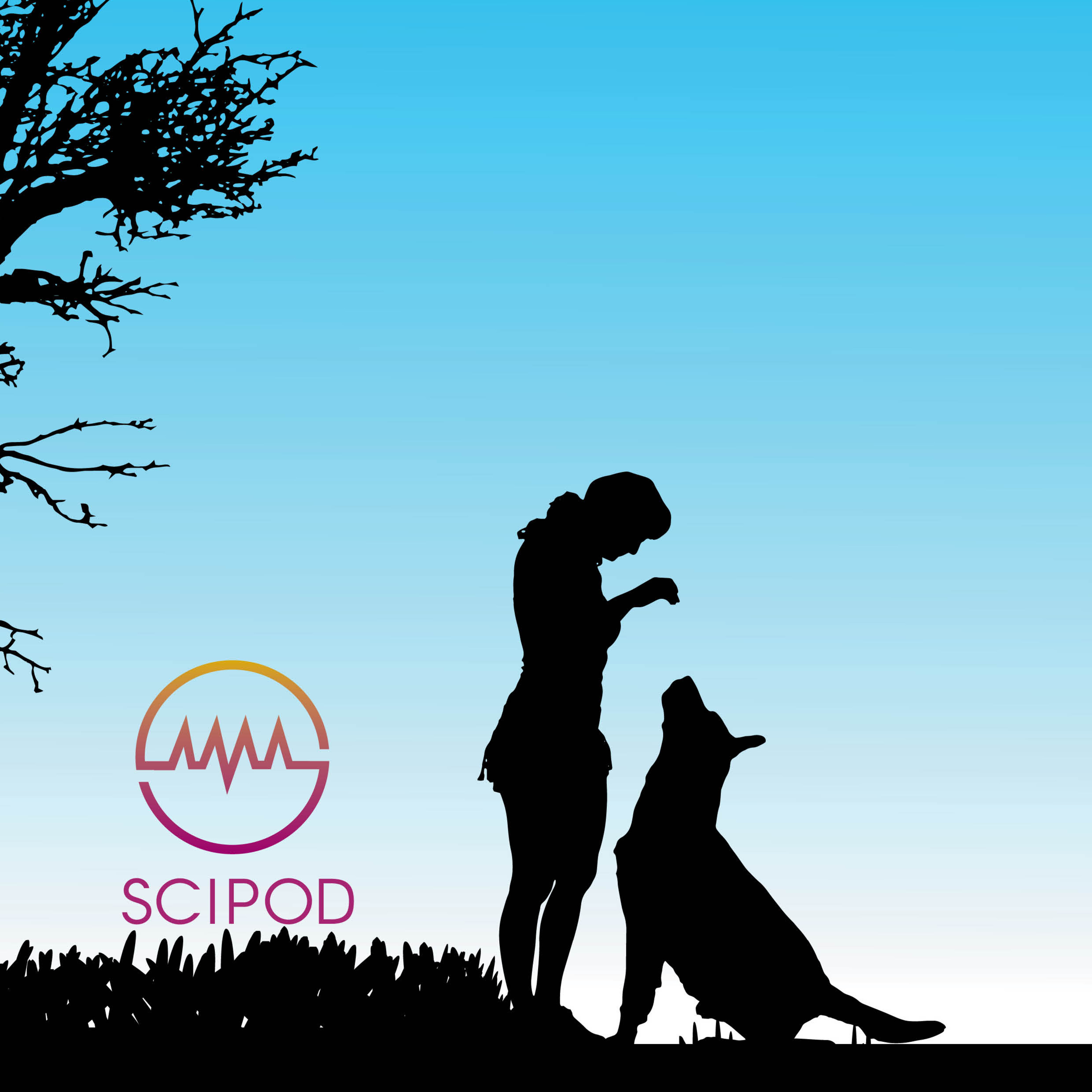
SciPodUnderstanding Cancer Development in Humans and Their Companion Animals - Dr Jaime Modiano, University of MinnesotaDogs are renowned for their status as man’s best friend. Based first at the University of Colorado and now at the University of Minnesota in the Twin Cities, Dr Jaime Modiano and his team have spent the last 25 years trying to understand how cancer develops at a basic level, aiming to use this knowledge to improve the health and wellbeing of both humans and their companion animals.
2019-12-0611 min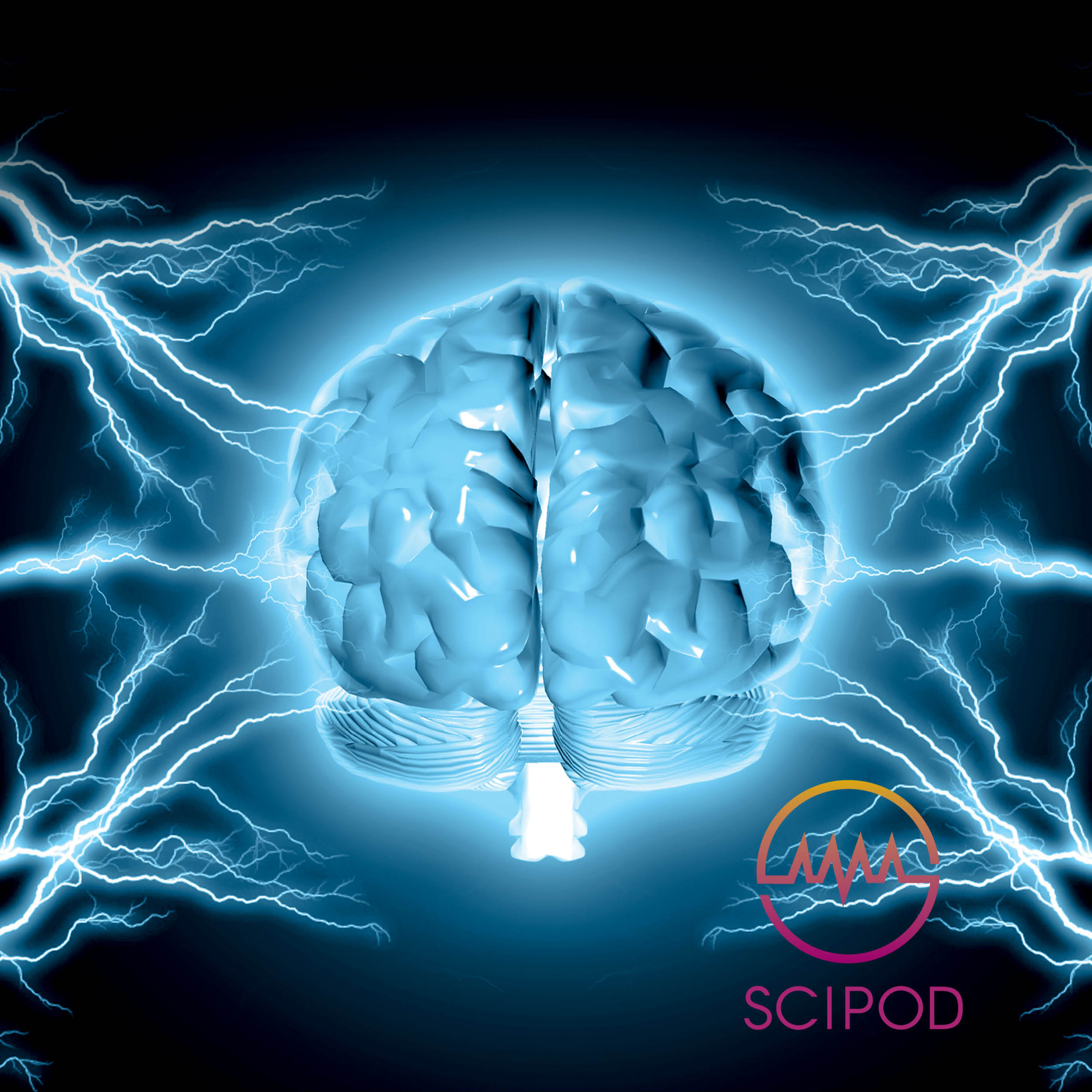
SciPodDriving Forward Training and Research in Psychiatry - Dr Susan Voglmaier, University of CaliforniaIn recent years, dramatic advances have been made in brain science and molecular genetics. However, there is currently a shortage of psychiatrists with the scientific training necessary to take this knowledge and apply it in the clinic. Psychiatrist and neuroscience researcher, Dr Susan Voglmaier of the University of California, San Francisco, runs a research training program that supports the next generation of research scientists in the field of psychiatry. Dr Voglmaier believes that by training doctors in scientific techniques and methods, we may come to better understand mental illness and provide more effective treatments for psychiatric diseases in the...
2019-11-2913 min
SciPodTowards a Brighter Future: How Zietchick Research Institute Plans to Transform Treatment for Retinal Disease - Dr Tammy MovsasBoth diabetic adults and premature babies are at risk for a similar type of eye disease that involves the growth of abnormal, blood vessels in the retina, the photosensitive layer of the eye. When this eye disease occurs in diabetics, it is called diabetic retinopathy and when it occurs in premature infants, it is called retinopathy of prematurity. The pathologic vessels, seen in both of these diseases, can pull on the retina and cause it to detach, leading to blindness. Dr Tammy Movsas (Executive Director and Principal Investigator) and Dr Arivalagan Muthusamy (Chief Scientist) at the Zietchick Research Institute...
2019-11-2912 min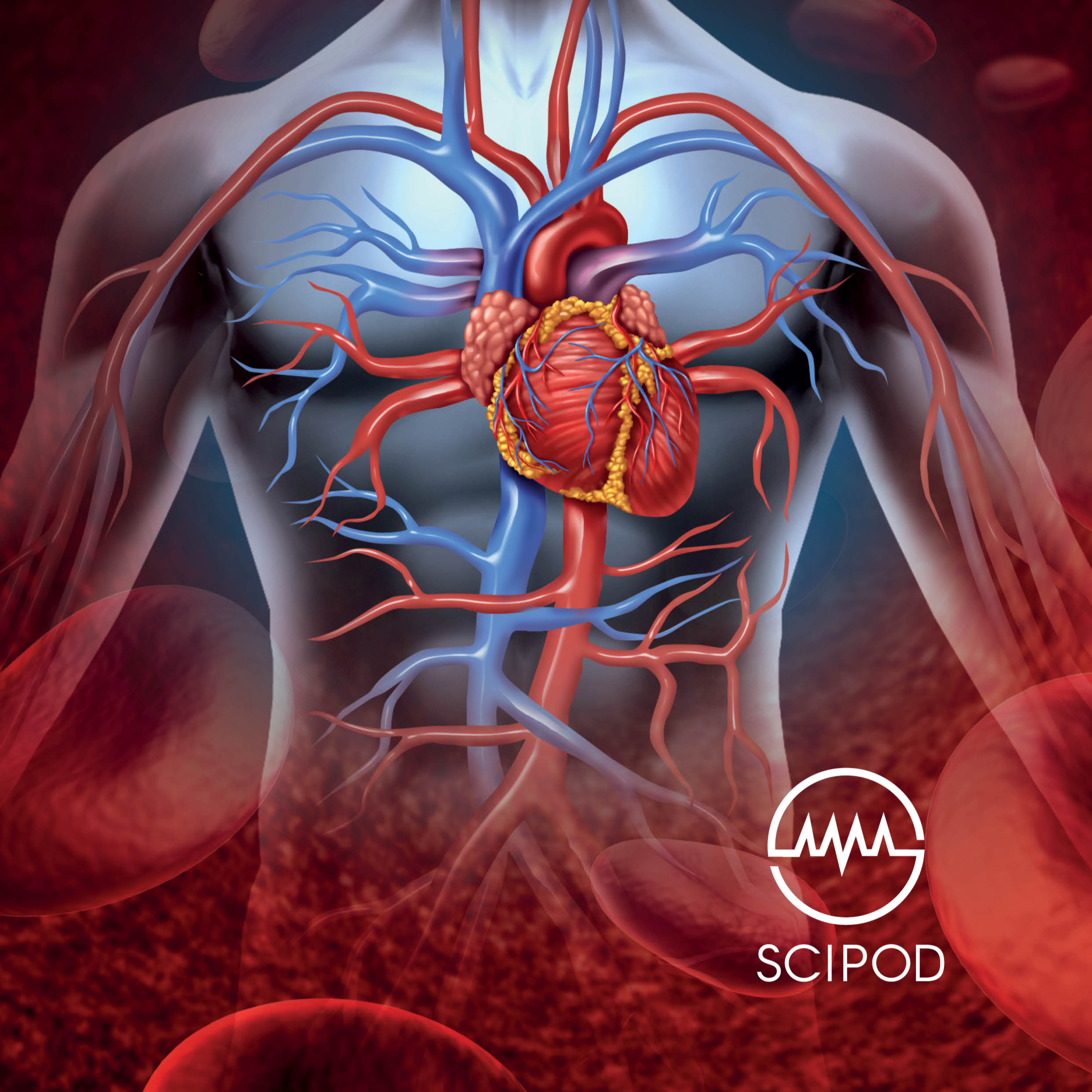
SciPodGoing with the Flow: New methods for Treating Cardiovascular Disease - Dr York Hsiang, University of British Columbia VancouverWhen an artery becomes blocked or damaged, a mechanical scaffold called a stent is often implanted into the vessel to improve blood flow. However, metallic stents can cause re-narrowing at the sites where they are implanted. This process is known as restenosis, which can lead to lethal complications. Dr York Hsiang, Professor of Surgery at the University of British Columbia, and his team use microengineering techniques to develop novel stents that can better detect restenosis, and treat it earlier when it occurs.
2019-11-2211 min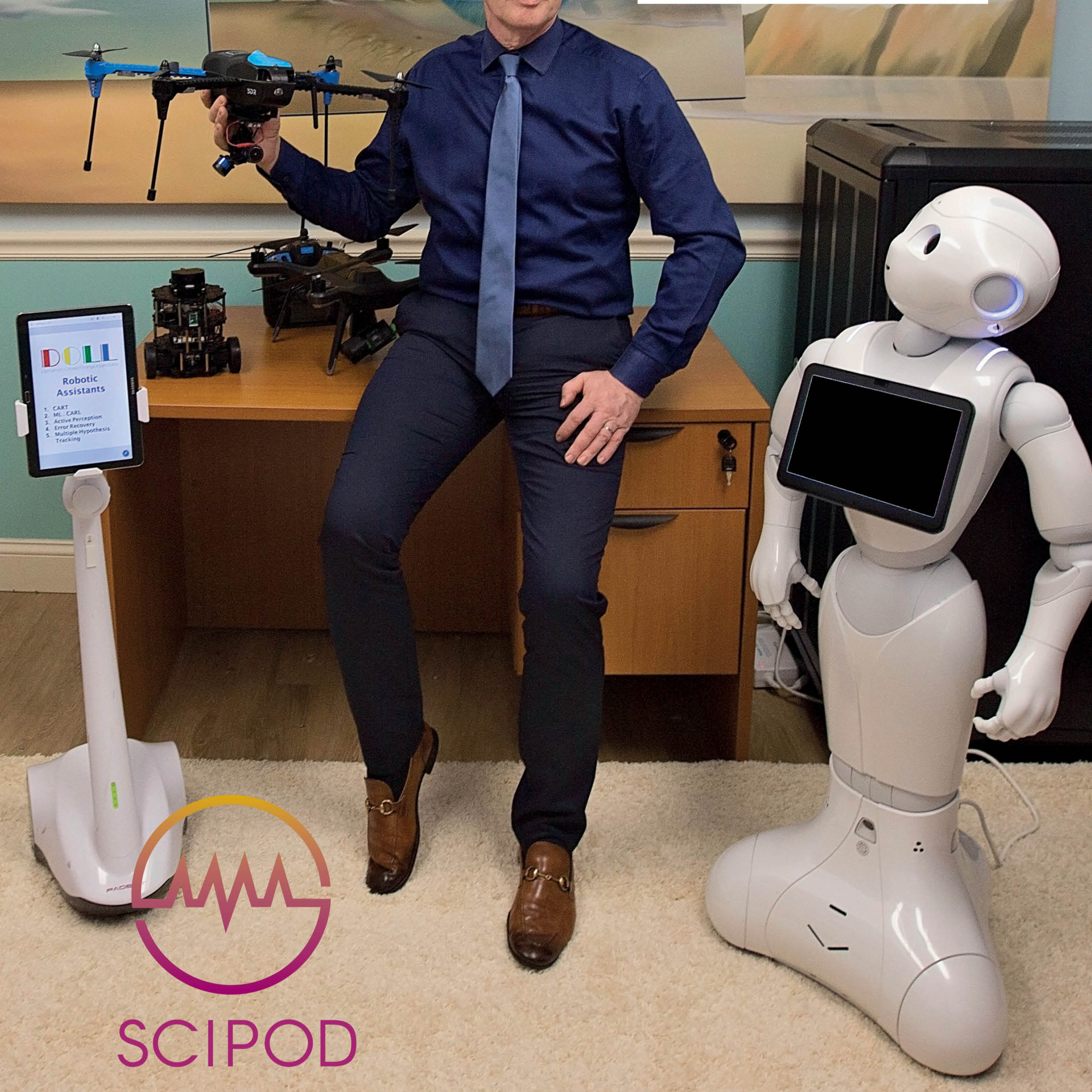
SciPodCART: Pointing the Way to Reliable Robotic Assistants- Dr Paul Robertson, Dynamic Object Language Labs Inc LexingtonRobots that assist us with both everyday and highly specialised tasks are no new concept, but so far, their actual development has appeared to be far from becoming a reality. Yet through the research of Dr Paul Robertson, Chief Scientist at Dynamic Object Language Labs (DOLL) in Massachusetts, such sophisticated technology is now looking increasingly feasible. By considering how robots can be programmed to recognise tasks and comprehend human emotions, his research could be bringing engineers a step closer towards reliable robotic assistants.
2019-11-2212 min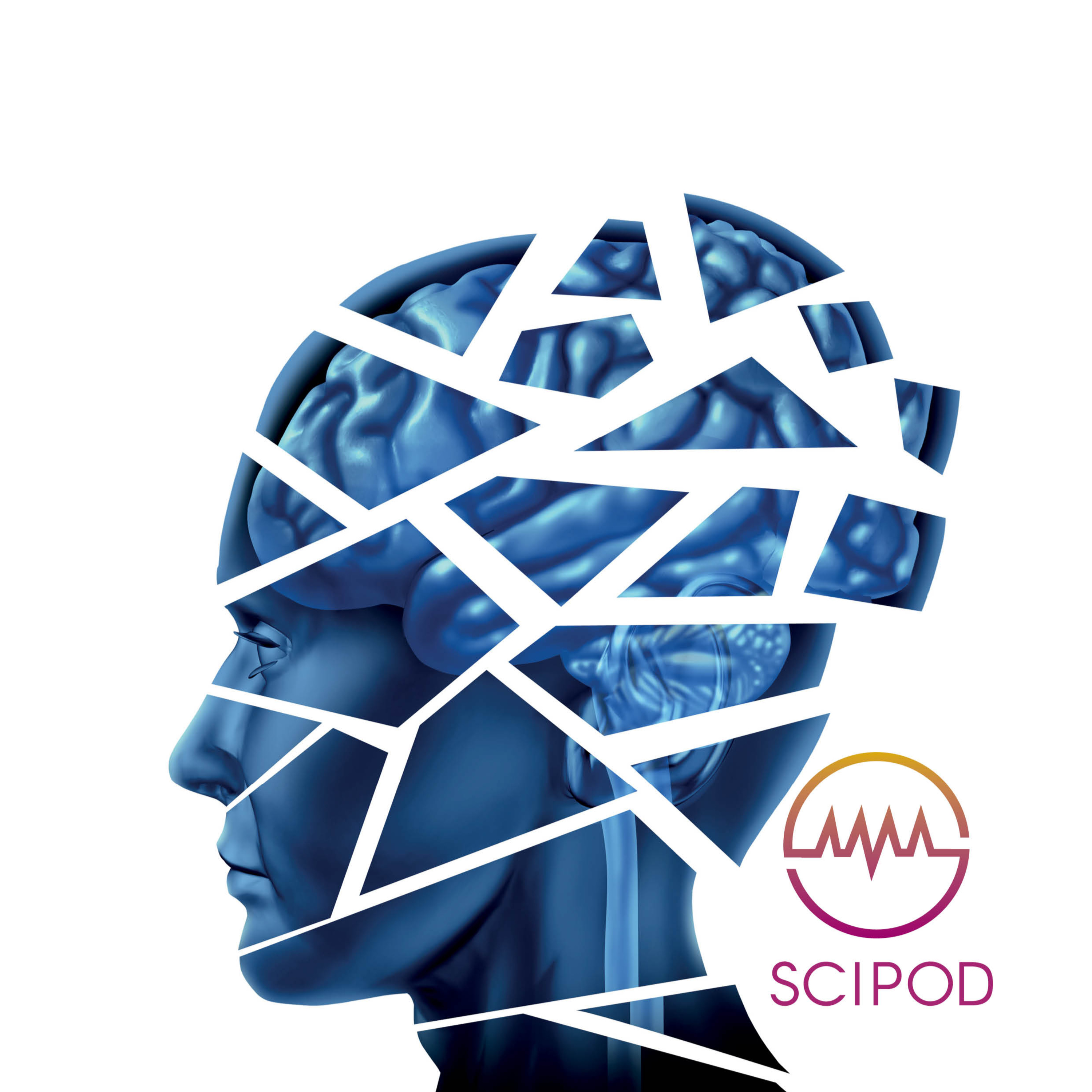
SciPodKappa Opioid Receptors, A New Treatment Target for Schizophrenia, Dr Samuel Clark - Terran Biosciences Inc and Stony Brook UniversitySchizophrenia is a serious psychiatric disorder that affects around 1% of the global population, producing debilitating symptoms that significantly impact upon the quality of life of sufferers. Even with treatment, prognosis is often poor with a high risk of relapse. Dr Samuel Clark of Terran Biosciences Inc and colleagues at Stony Brook University, New York, are investigating the potential of blocking one type of opioid receptor in the brain – the kappa receptor – to reduce the symptoms of the disease.
2019-11-1412 min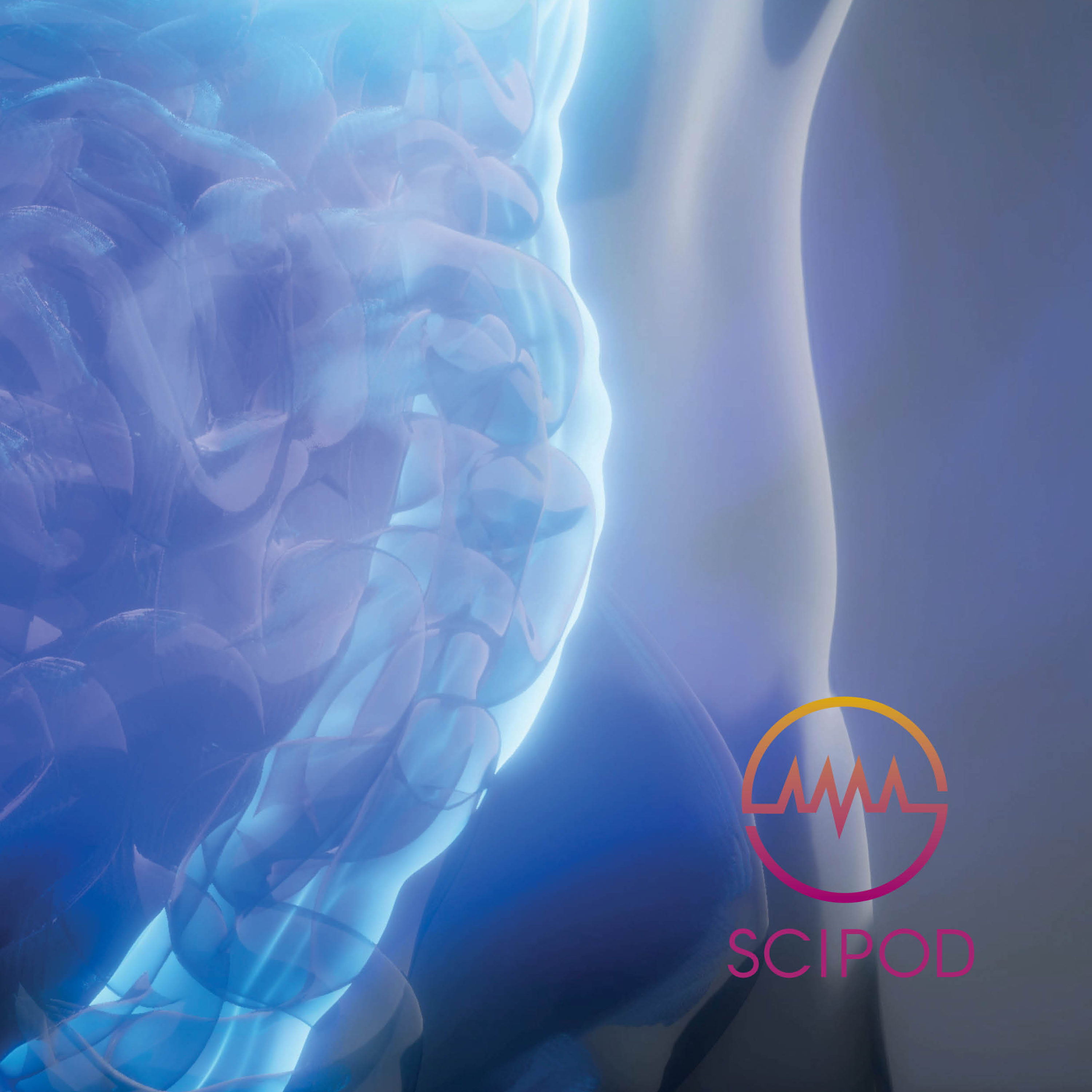
SciPodSoluble Dietary Fibre and Type 2 Diabetes – Mechanisms of Action and Food Supplementation, Professor Douglas Goff, University of Guelph, OntarioThere are numerous health benefits related to eating fibre-containing foods, including lowering the levels of serum glucose and lipids, thus reducing the risk of type 2 diabetes and heart disease. Furthermore, by creating an increased feeling of fullness, eating fibre-rich foods reduces caloric intake and obesity. Professor Douglas Goff from the University of Guelph, Ontario, Canada, researches the supplementation of food with fibre and the specific mechanisms of beneficial action, with a focus on blood glucose reductions after eating a carbohydrate-rich meal. Along with his team, his goal is to define the relationship between the molecular structure and physiological functionality...
2019-11-1415 min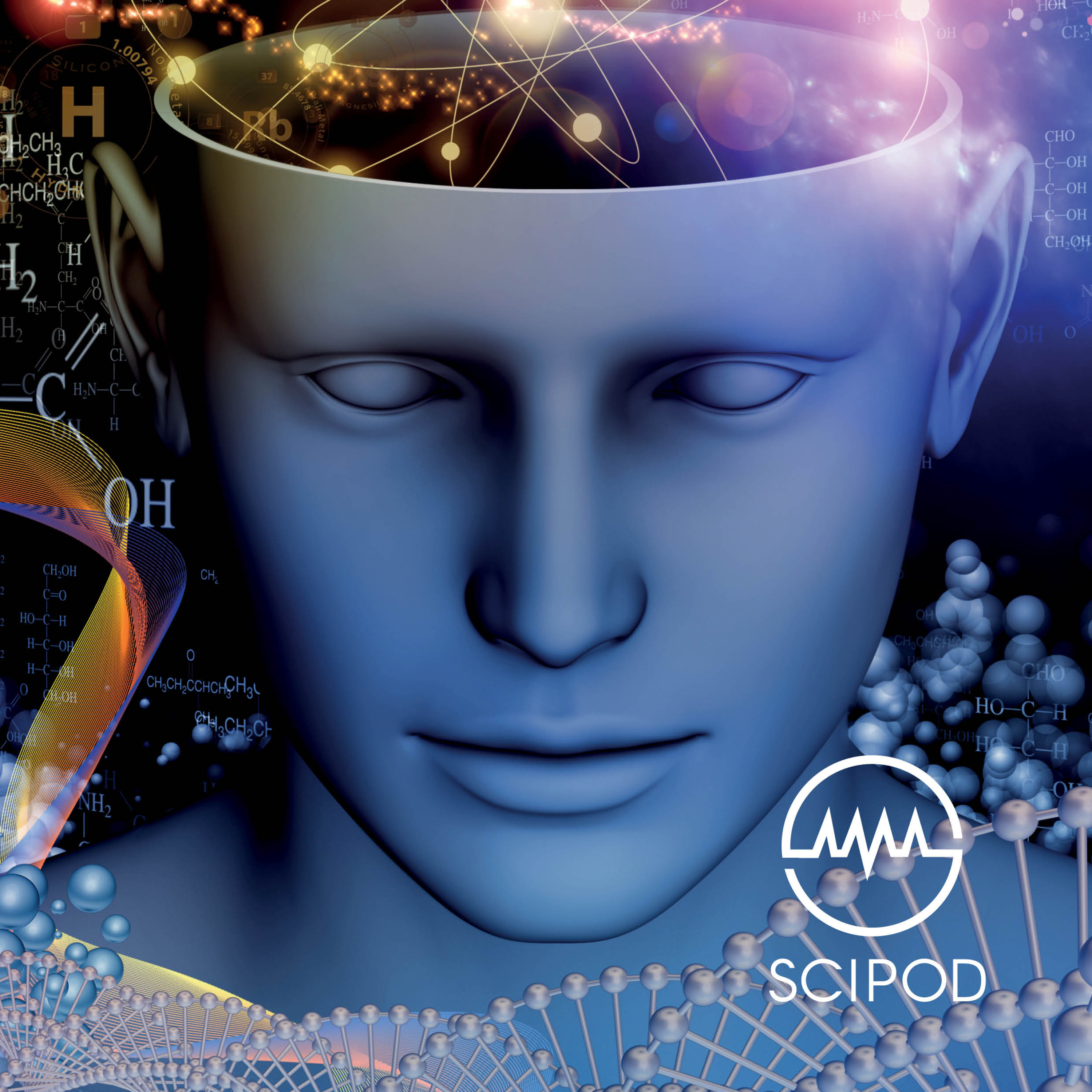
SciPodUnderstanding Brain Function, Cognition, and Emotion in Psychopathology- Professor Christine Larson, University of Wisconsin-MilwaukeeMental health conditions such as anxiety disorders significantly impact on the quality of life of sufferers, their physical health and psycho-social functioning. Given the high prevalence and extent of impairment inflicted on affected individuals, the economic cost to public health is substantial. Professor Christine Larson at the University of Wisconsin-Milwaukee, USA, seeks to identify new and more effective targets for intervention by better understanding the relationship between brain function, cognitive processing, and emotion.
2019-11-0812 min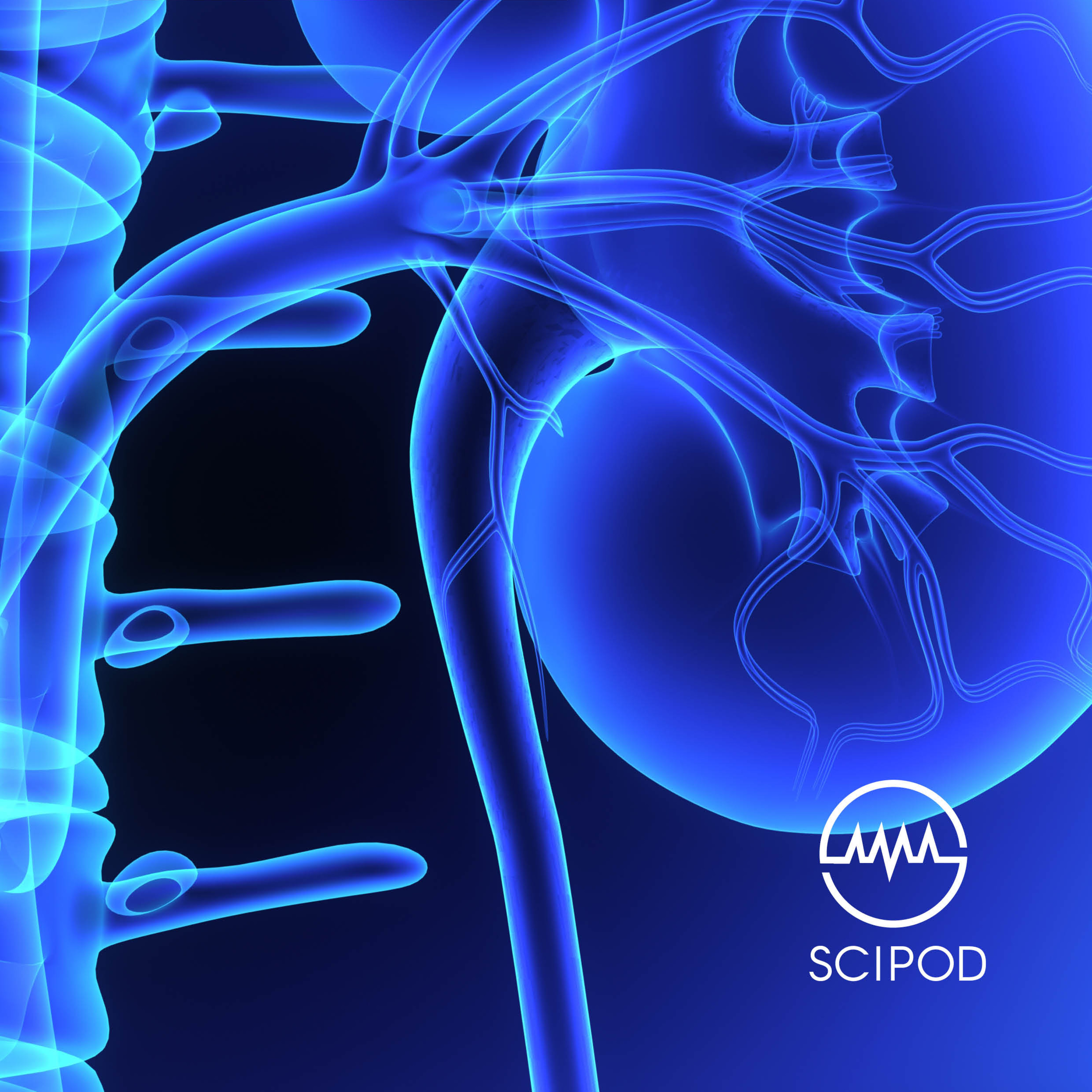
SciPodPredicting Mortality In Kidney Disease A New Nutritional Risk Index - Professor Eiichiro KandaAccording to the World Health Organisation, between 5 and 10 million people die globally of kidney disease each year. There has been an important shift towards recognising chronic kidney disease (CKD) as a major public health problem that requires early management. Protein energy wasting is a maladaptive metabolic state resulting in severe malnutrition and one of the major causes of CKD-related deaths. Professor Eiichiro Kanda at Kawasaki Medical School and his colleagues have established a risk index that predicts the patients undergoing haemodialysis who are at most risk for developing protein energy wasting and, potentially, death.
2019-11-0808 min
SciPodMonitoring Corrosion in Aquifer Thermal Storage Systems - Dr Oliver Opel, University of Applied Sciences Heide GermanyCorrosion and scaling processes in water heating and cooling systems can create the need for hugely
costly repairs. Until now, however, techniques to monitor the extent of the damage they inflict have
been severely limited. In a 2013 study, Dr Oliver Opel and his colleagues at Leuphana University of
Luenburg in Germany made significant strides towards tackling the issue by devising a method to
accurately monitor corrosion and scaling in a large aquifer thermal storage system. Their technique
was based on an easily determinable value named the redox potential.
2019-10-1809 min
SciPodPlugging Into The Nervous System - Professor Dominique Durand, Case Western Reserve UniversityNew advances in neural engineering have led to devices that can be operated using the nerves of the user, but the effectiveness and safety of these devices over long periods of use is a key concern. Professor Dominique Durand, Director of the Neural Engineering Center at Case Western Reserve University, leads a team of scientists looking to improve neuroprosthetics through developing new methods of interfacing with the nervous system.
2019-10-1811 min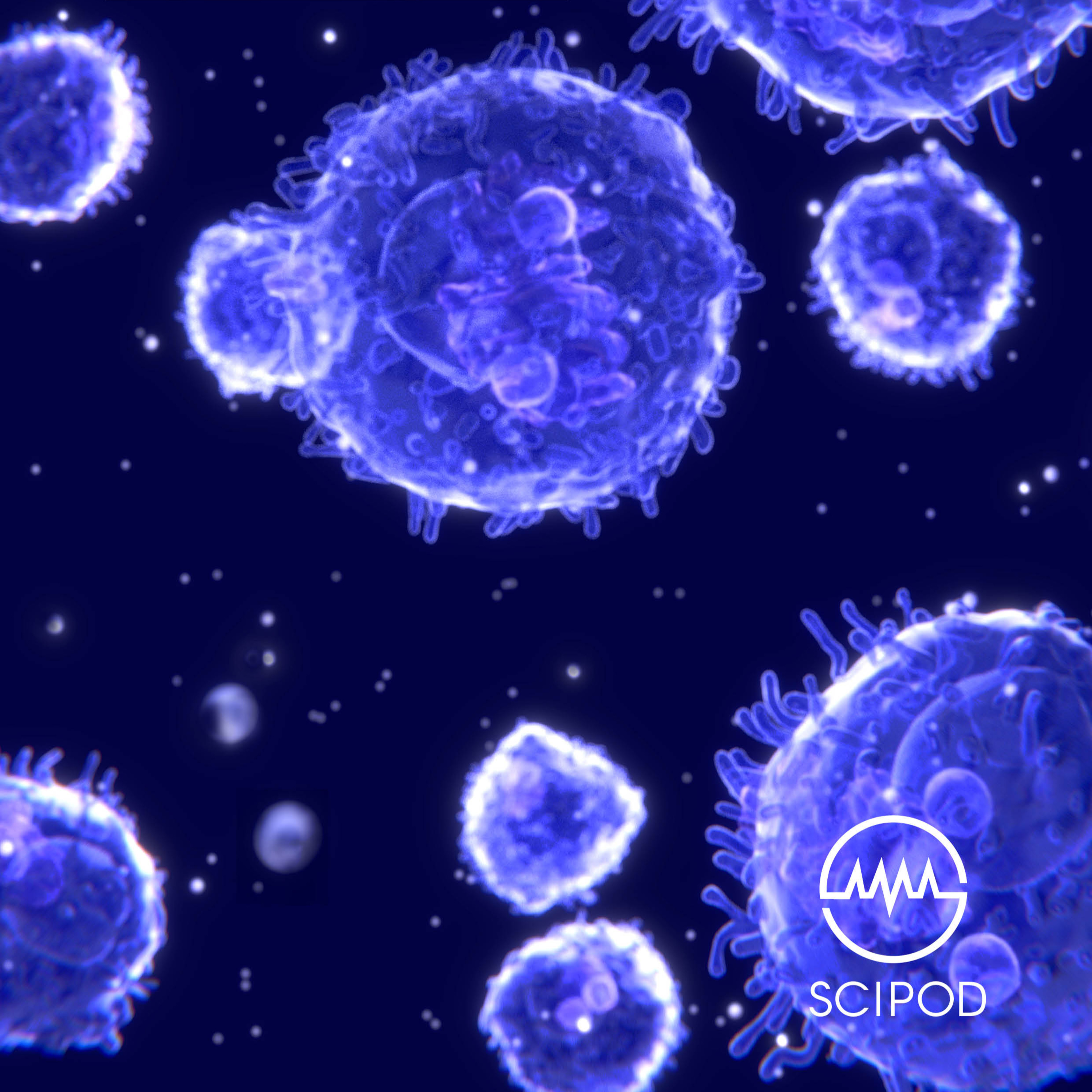
SciPodOverdiagnosis And Overtreatment Of Human Cancers - Professor Wendy Rogers, Macquarie UniversityAs we develop ever more complex medical diagnostic tools and tests with ever increasing sensitivity, detection of disease becomes quicker and easier. However, recent work by Professor Wendy Rogers at Macquarie University in Australia and her team of international colleagues shows that the early detection of some cancers is not as beneficial as we might first think. Their work looks at the negative impact on patients and healthcare services when conditions are overdiagnosed, and they consider the complicated ethical issues surrounding this.
2019-10-1110 min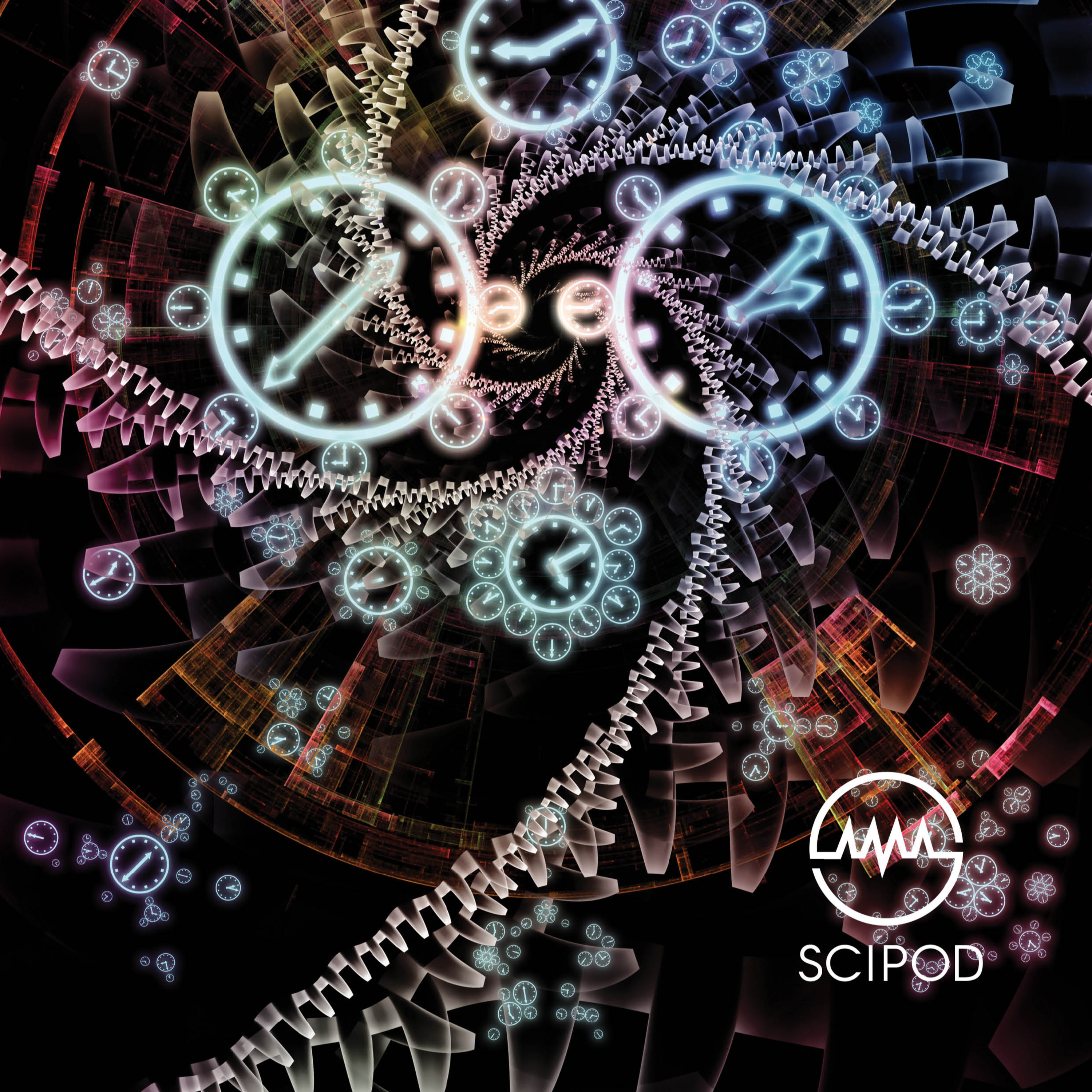
SciPodUnravelling The Mysteries Of Quantum Cosmology - Dr Peter Evans, University Of QueenslandDespite many years of research aiming to unite quantum mechanics with cosmological theories, researchers in fields across physics and philosophy remain in disagreement about a solution. Now, Dr Peter Evans at the University of Queensland sheds new light on the debate. He argues that on quantum scales, the idea of cause and effect does not need to follow the one-way passage of time, as we understand it. If correct, his theories could dispel some of the most puzzling mysteries of quantum theory – a significant step forward in understanding the true nature of the universe.
2019-10-1112 min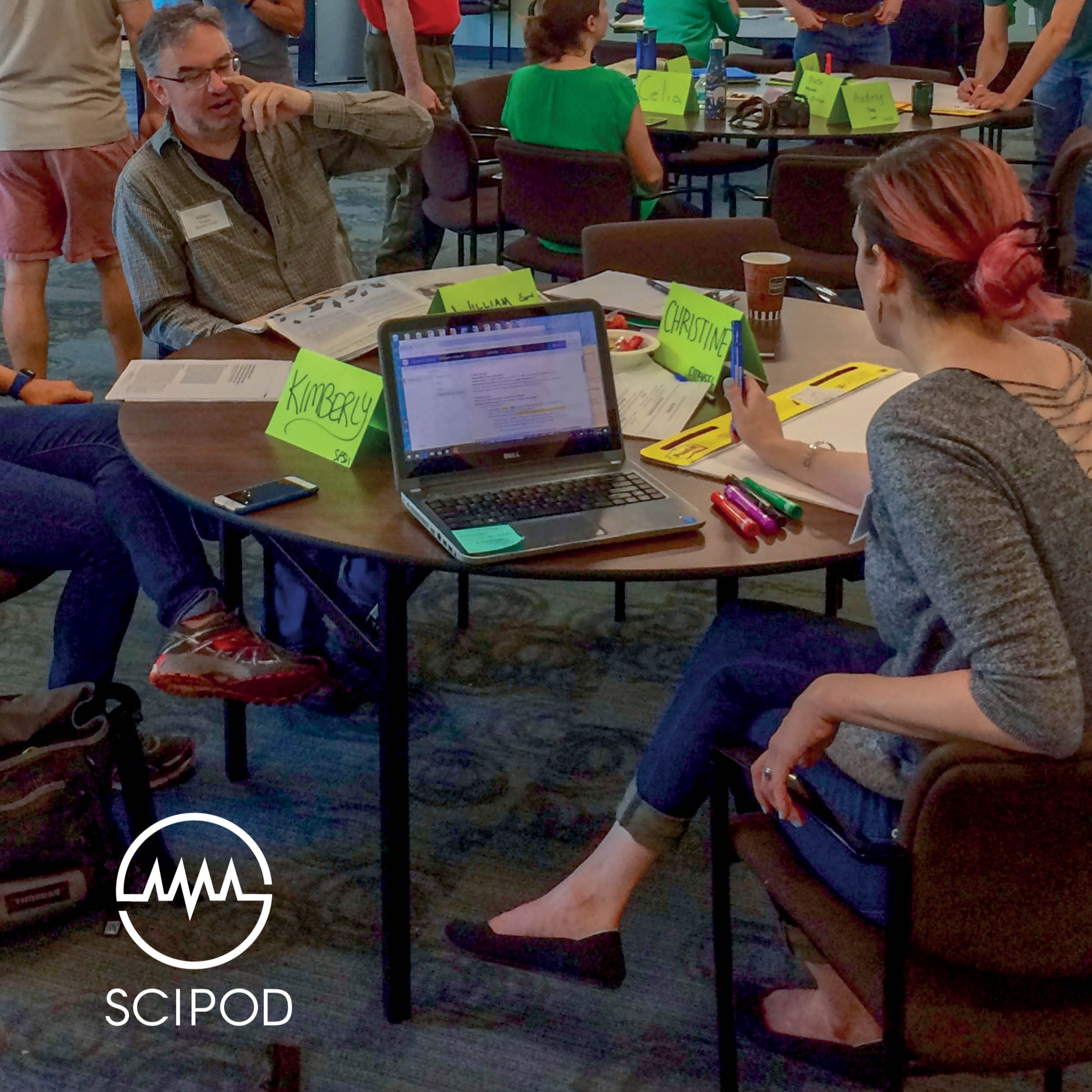
SciPodFrom Vision to Change: Transforming How Life Science is TaughtScience education is critical to prepare students for the world and jobs of the future, yet many institutions in the United States are using outdated educational models to teach science. The PULSE working group is a team of educators and administrators working to shift the culture of biology departments for stronger student outcomes in the life sciences.
2019-10-0411 min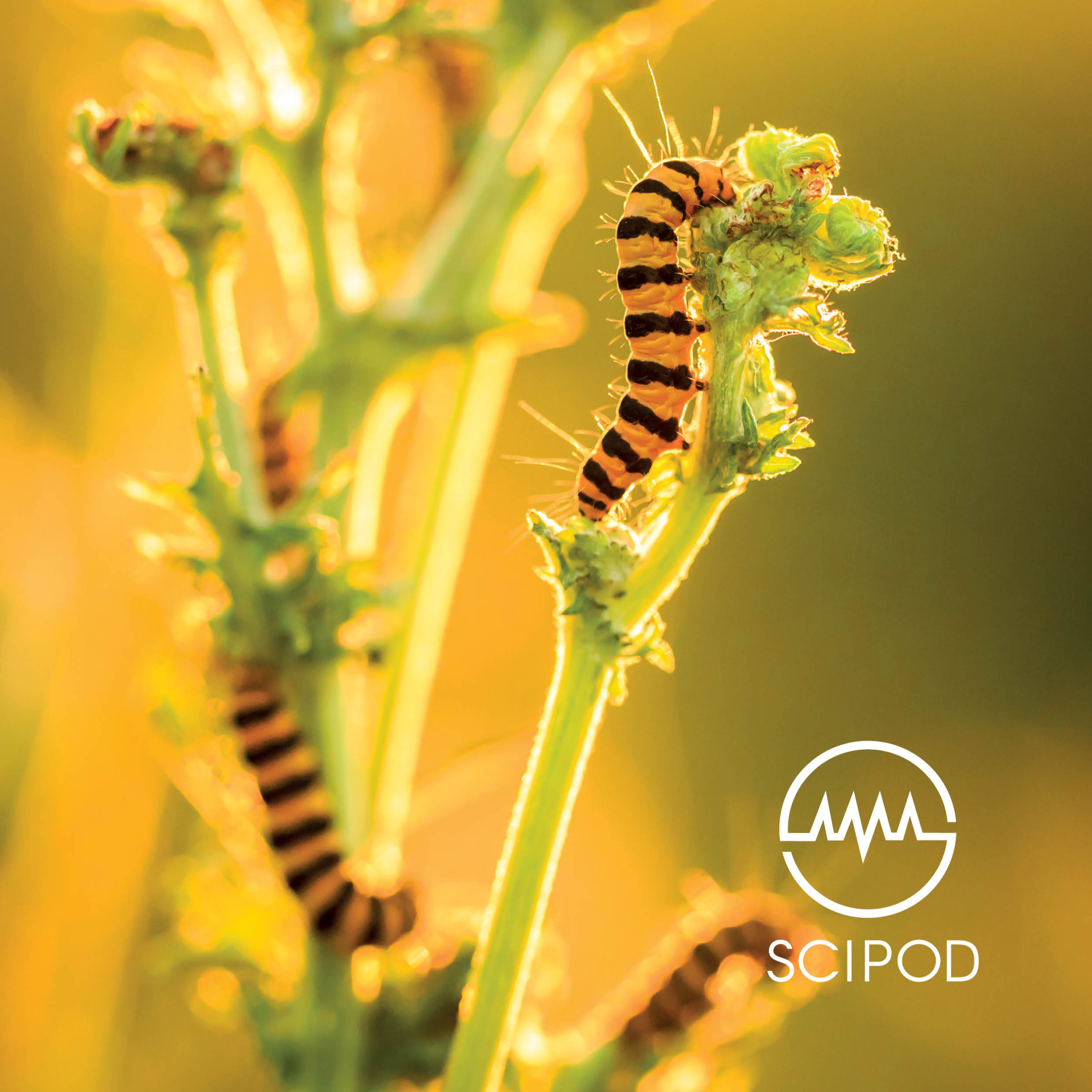
SciPodBiological Control In The Light Of Contemporary Evolution-Dr Peter McEvoy‘Biological control’ refers to the practice of controlling invasive pest populations by introducing their natural enemies into an ecosystem. Although biological control can reduce reliance on toxic chemicals and protect natural ecosystems, this approach is not without its challenges. Dr Peter McEvoy and his colleagues at Oregon State University discovered that certain biological control organisms show unexpectedly fast rates of evolution, which can lead to unforeseen impacts on ecosystems and agriculture. These scientists believe that it is time to develop an all-embracing theory to help assess the evolutionary potential of biological control organisms that may influence the efficacy and safe...
2019-10-0413 min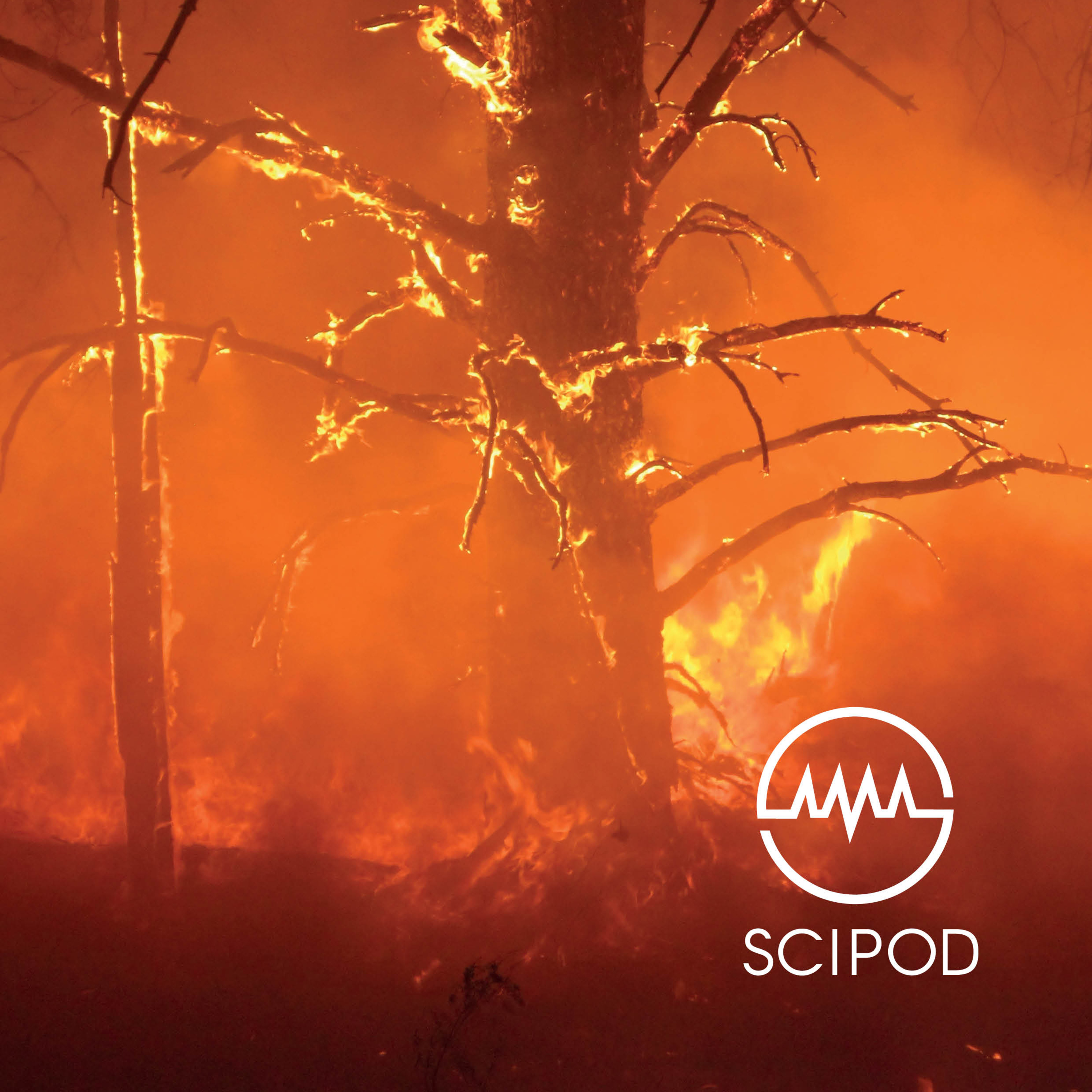
SciPodUnderstanding Wildfire Effects to Inform Better Forest Management – Dr Bianca Eskelson, University of British ColumbiaForest wildfires are increasing in frequency and severity across the globe, and this trend is expected to continue as climate change worsens. However, measuring the impacts of wildfire on forest ecosystems is extremely difficult. Dr Bianca Eskelson from the University of British Columbia and her colleagues at the United States Forest Service utilise vast datasets and investigate conditions before and after wildfires, to quantify their immediate and long-term effects on forest ecosystems. The team’s research is improving our understanding of the effects of forest wildfires to inform better forest management.
2019-09-2713 min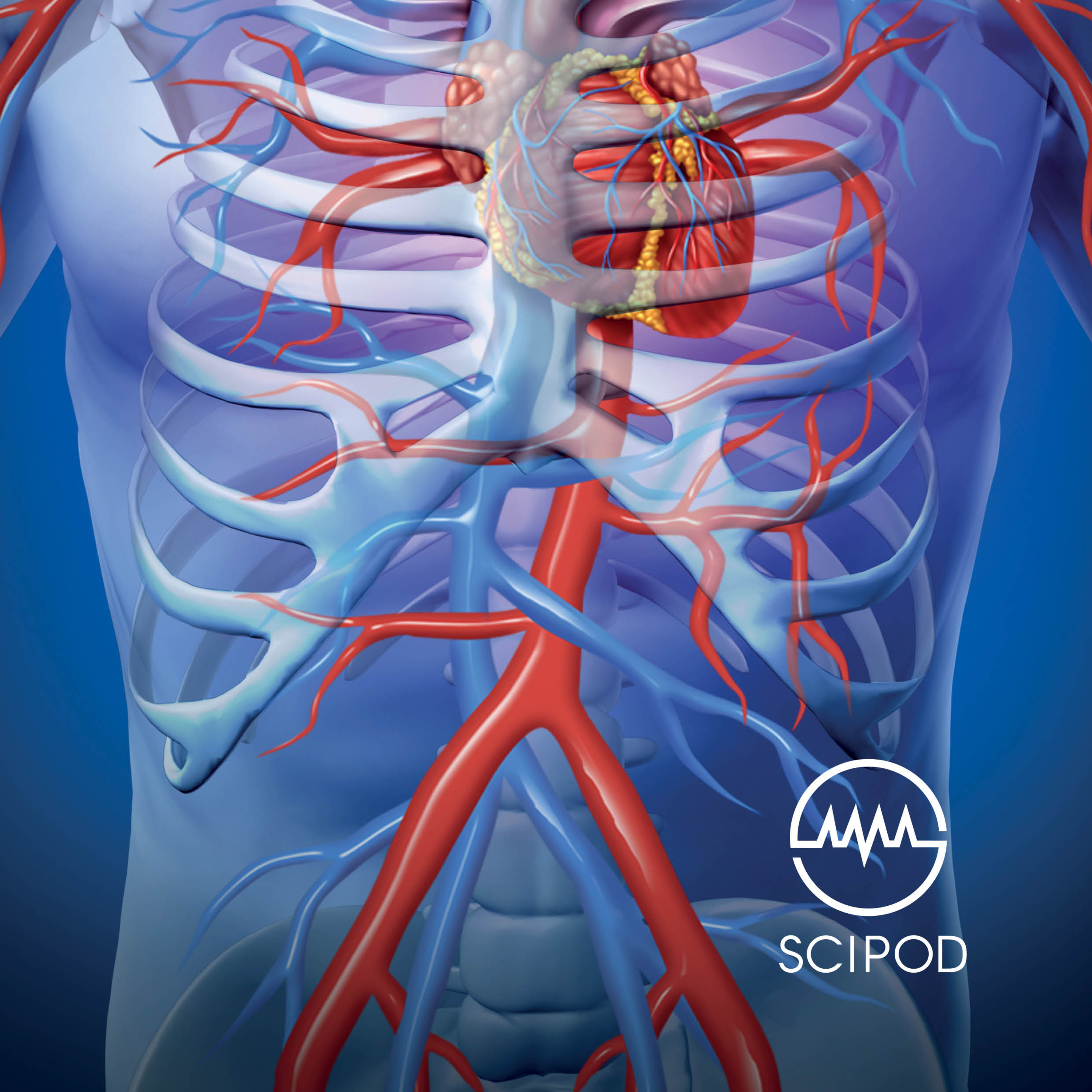
SciPodImmune Control of Initiation and Progression of Atherosclerosis - Dr Elena V Galkina, Eastern Virginia Medical SchoolAtherosclerosis is a global health issue. Atherosclerosis is a multifactorial chronic inflammatory disease characterised by the accumulation of modified lipoproteins and immune cells in the aortic wall, vascular dysfunction, low-grade chronic inflammation, and formation of dangerous atherosclerotic plaques within the medium and large size vessels. Atherosclerosis is a prominent cause of cardiovascular diseases and mortality in many countries and this disease is closely associated with type 2 diabetes. Dr Elena Galkina, Professor of Microbiology and Molecular Cell Biology at Eastern Virginia Medical School, USA, has been working to determine the immune processes involved in an attempt to identify much-needed novel...
2019-09-2714 min
SciPodDr Korbinian Moeller – The Brain, the Body and MathematicsDr Korbinian Moeller and a team of researchers at the Leibniz-Institut für Wissensmedien are endeavouring to identify the cognitive and neuronal processes underpinning an individual’s mathematical ability, by exploring the concept of embodied numerical training.
2019-09-1912 min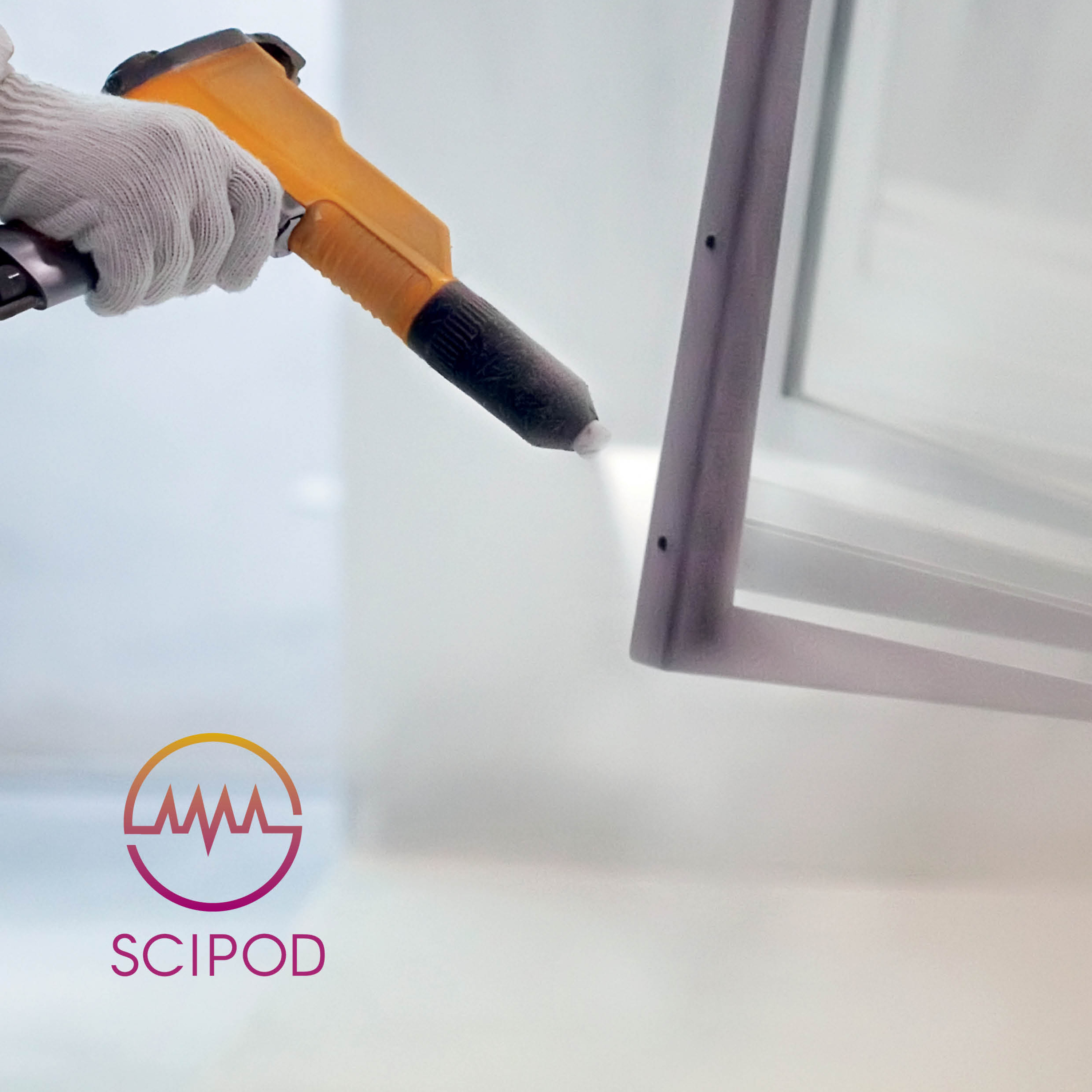
SciPodJianguo Wang - Ion-Barrier Coatings: The Next Generation of Anticorrosion TechnologyCorrosion, the gradual destruction of metals, is a significant physical and economic problem worldwide. Traditional heavy metal-based coatings used to protect metals are now viewed negatively due to their impact on the environment. Research led by Jianguo Wang of AnCatt Inc reveals why ion-barrier coatings are the next generation of anticorrosion coating technology.
2019-09-1912 min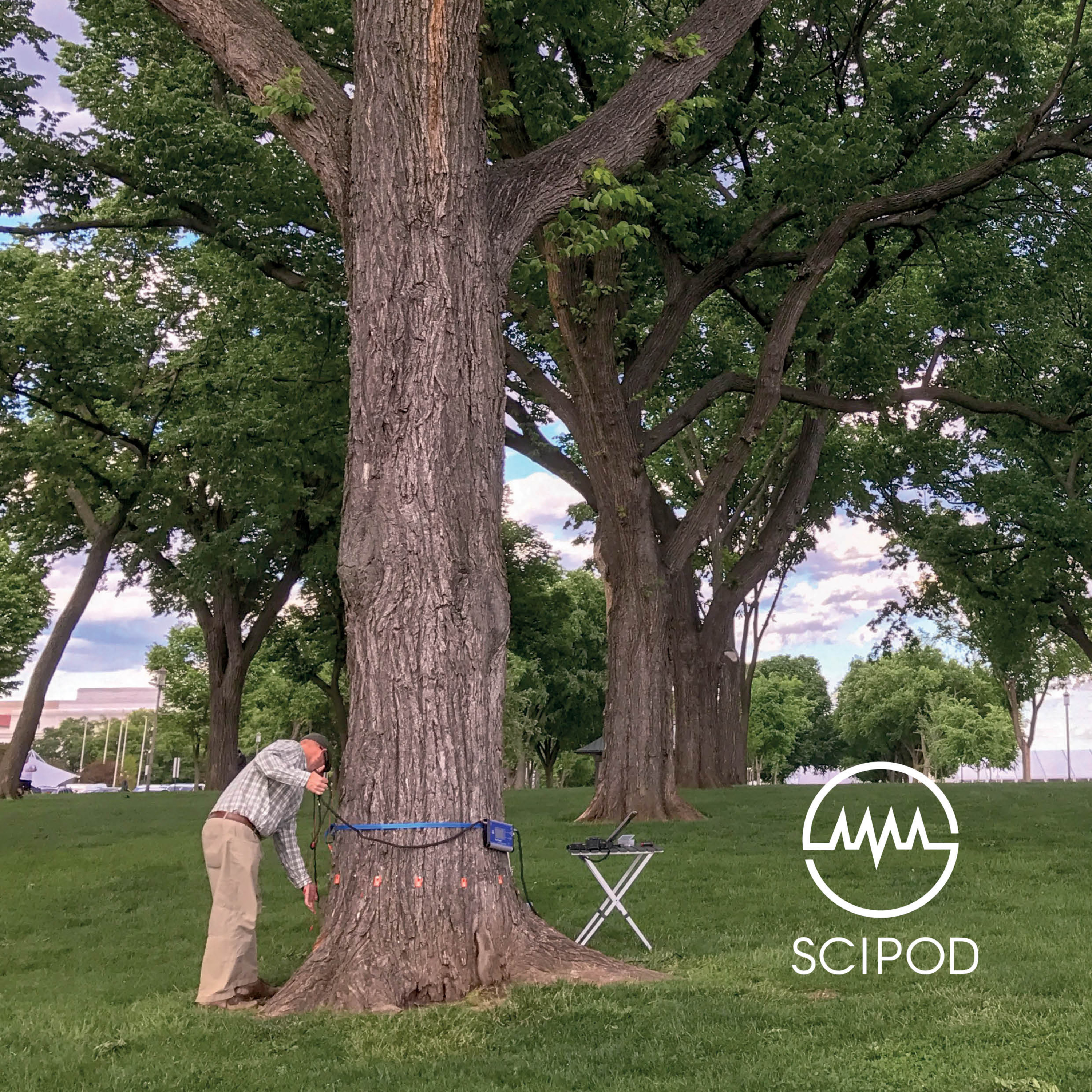
SciPodTomography: An Innovative Technique for Assessing Forest Carbon StorageResearchers from the Connecticut Agricultural Experiment Station and the University of Massachusetts have pioneered the use of tomography for assessing carbon storage in trees. While assessing this technique’s capabilities, they found that tree damage caused by wood-decaying fungi means that forests store less carbon than previously thought. As forests play a vital role in sequestering atmospheric carbon, the team’s work has important implications in the fight against climate change. Their results suggest that tomography could offer greater insight into forest carbon cycles, allowing decision makers to implement more effective policies to mitigate climate change.
2019-09-1315 min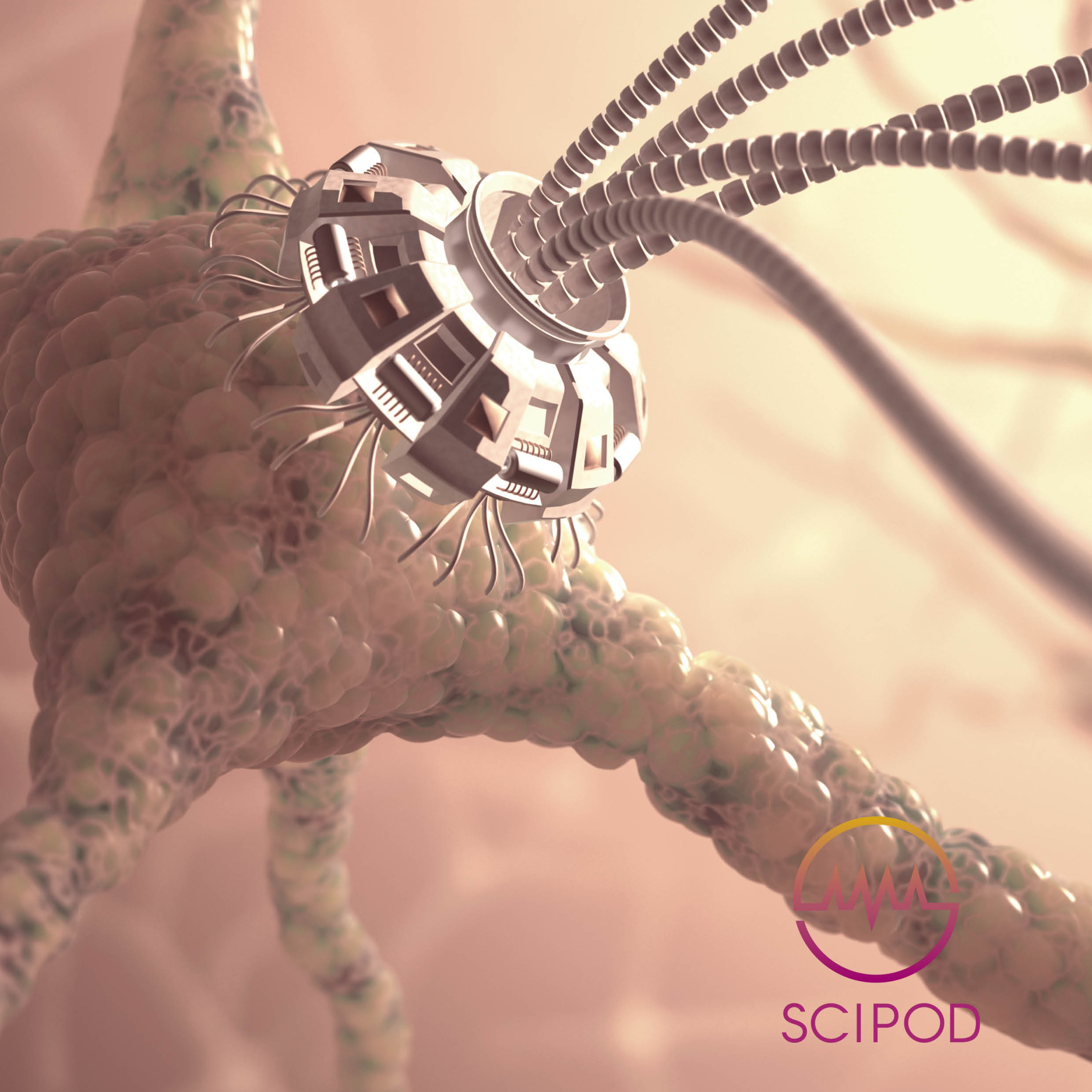
SciPodDr Elizabeth Nance – The Role of Nanoparticles in NeuroscienceDr Elizabeth Nance has an impressive track record. Now a Clare Boothe Luce Assistant Professor of Chemical Engineering at the University of Washington, USA, Dr Nance’s work centres around the use of nanoparticles to deliver therapeutic agents to the brain, a seemingly simple operation which is confounded by a highly regulated blood brain barrier which prevents access to the brain and a complex brain environment which prevents access to diseased cells. Her current work also investigates the potential use of nanoparticles to probe tissue environments to map tissue structure, and how tissue structure changes in the presence of a...
2019-09-1312 min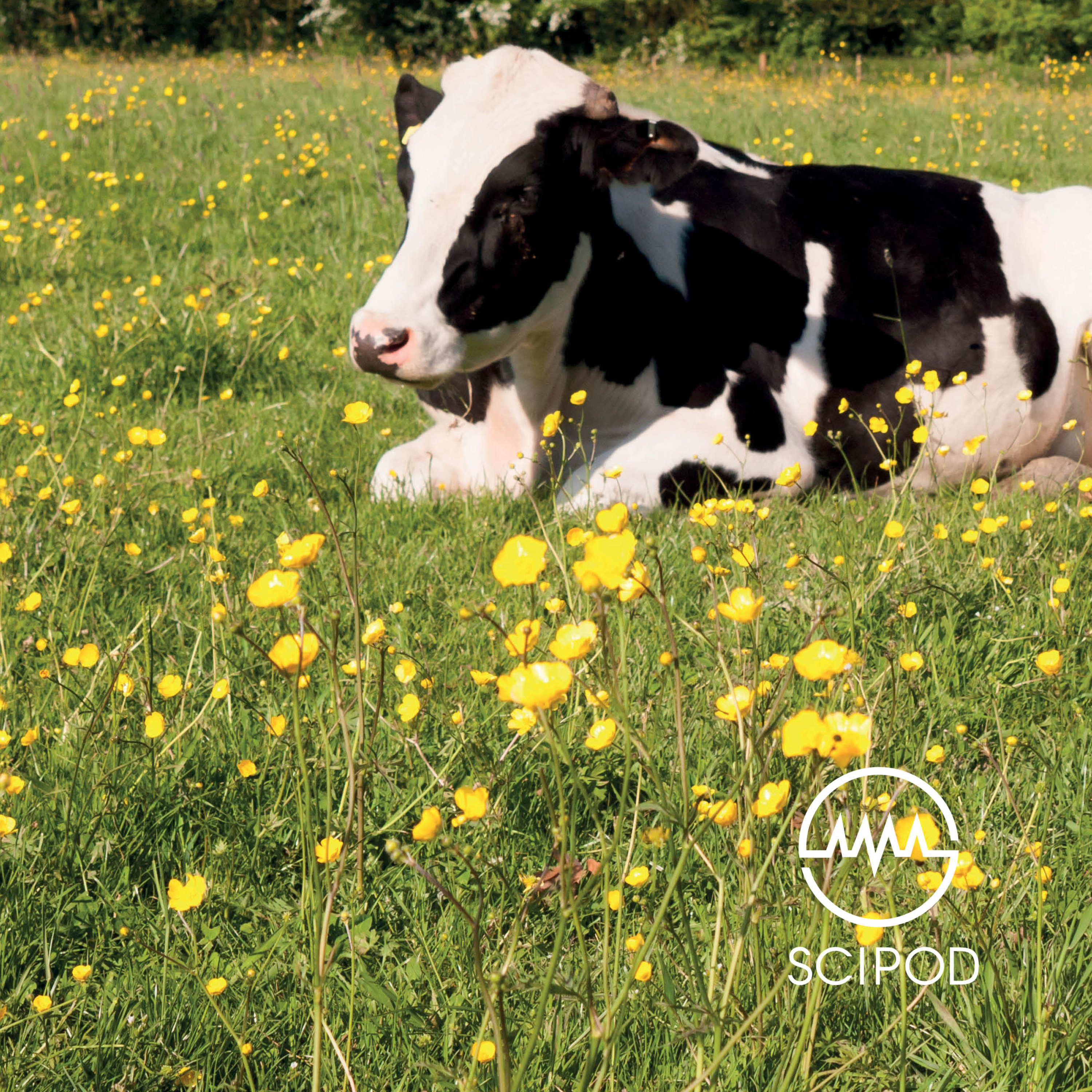
SciPodA Holistic Approach to Improving Dairy Farming - Dr Amber Adams-Progar, Washington State UniversityDairy farming is a tough business, where farmers experience countless challenges on a regular basis, from ensuring the health and welfare of their cattle to protecting the safety of their employees. Dr Amber Adams-Progar and her team in the Department of Animal Sciences at Washington State University are involved in many research projects, which aim to improve various aspects of the dairy industry, by protecting farm profits, worker safety and animal welfare.
2019-08-2311 min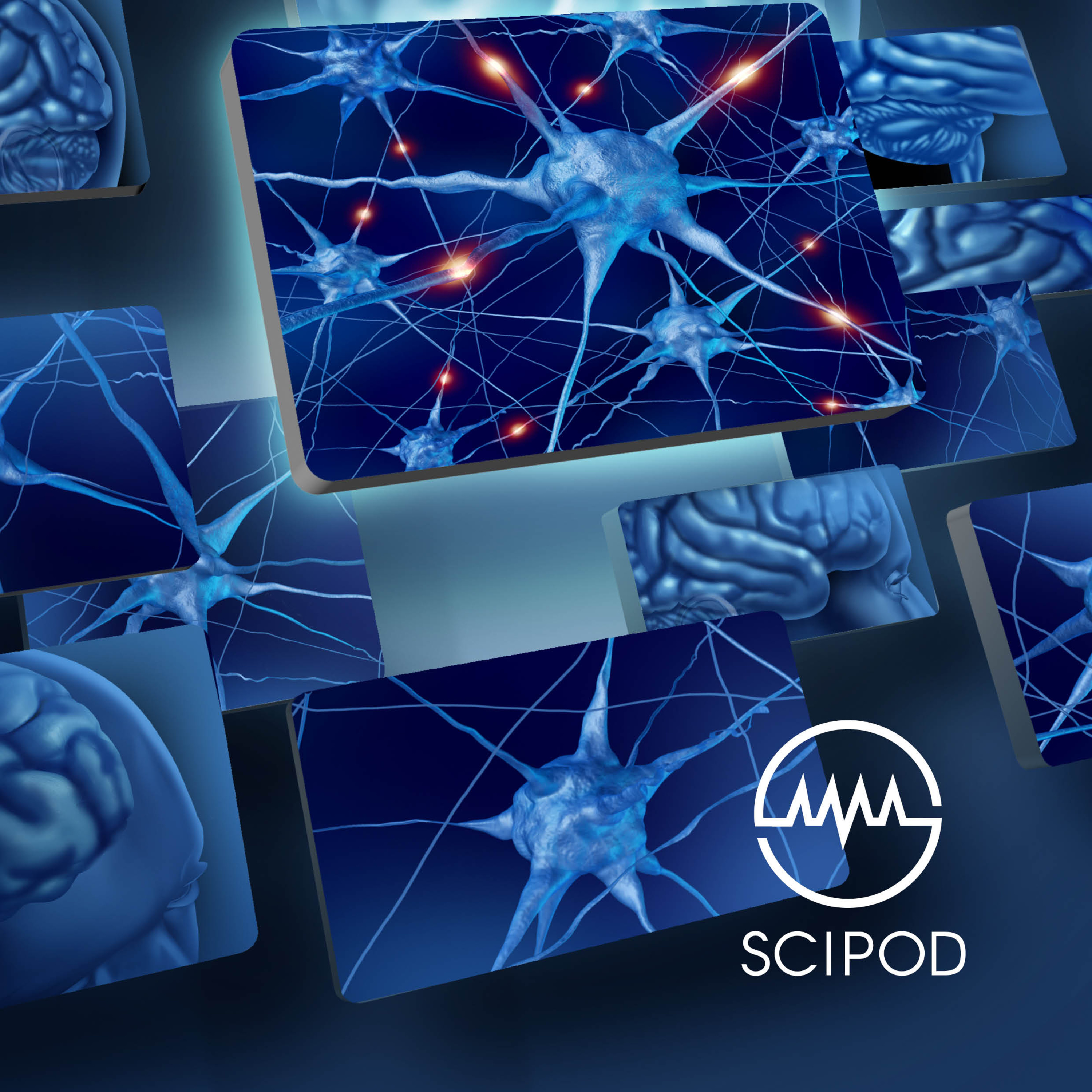
SciPodLifting Brain Fog - Professor Etienne Sibille and Professor James CookEffective treatments for cognitive dysfunction, such as declines in memory and other mental faculties often associated with depression or old age, may be within reach, according to Professor Etienne Sibille at the Centre for Addiction and Mental Health (CAMH) and the University of Toronto, Canada. Professor Sibille has shown for the first time that newly synthesised compounds targeting GABA receptors improve specific types of memory in mice, opening the door to the development of effective new pharmacological options.
2019-08-2313 min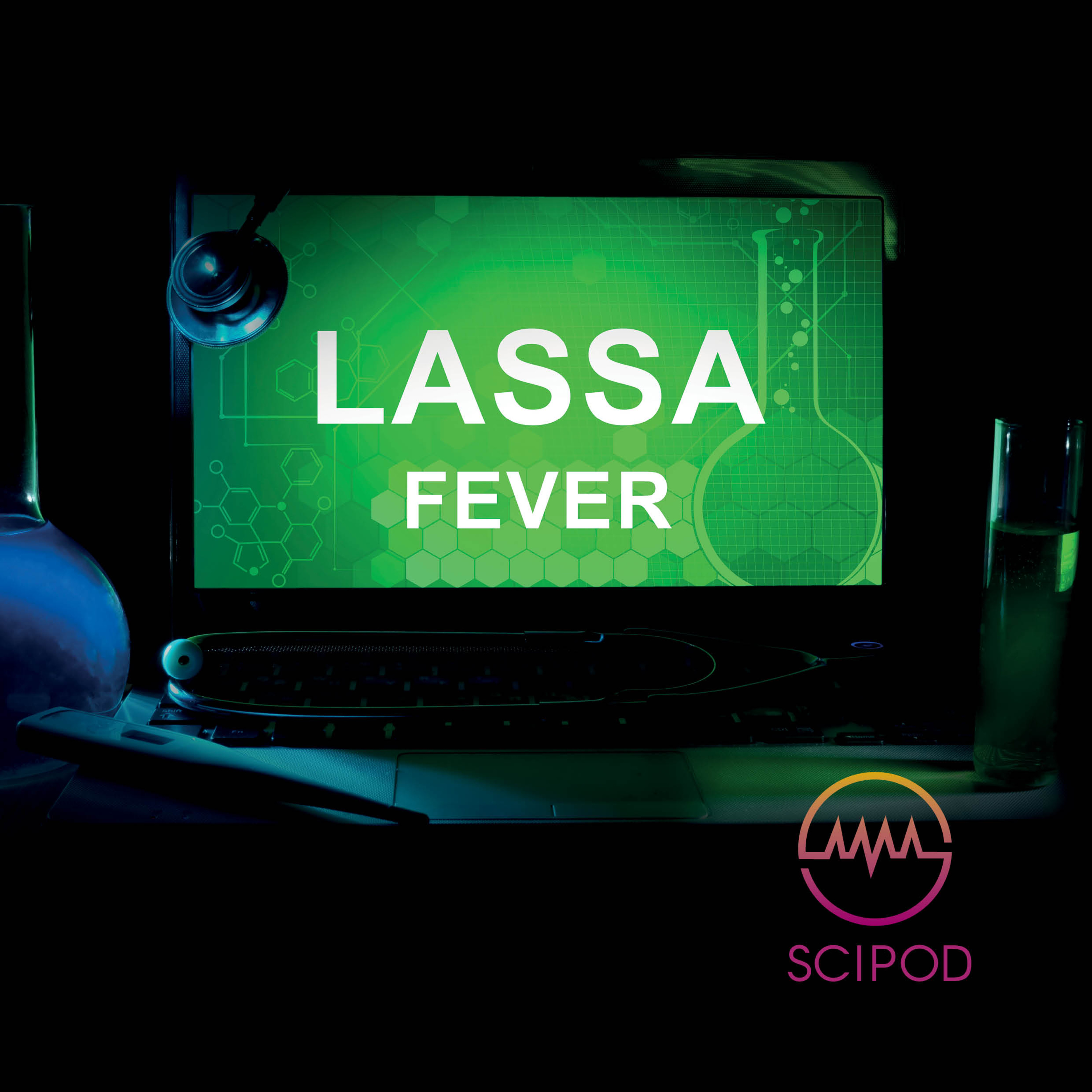
SciPodUnderstanding Lassa virus - Dr Matthew Boisen, Zalgen Labs
For many years, Dr Matthew Boisen, Director of Diagnostics Development at Zalgen Labs, has focussed on trying to understand Lassa fever. Part of the Viral Hemorrhagic Fever Consortium, his group’s objectives are threefold: first, to develop fast and accurate diagnostics for Lassa fever; second, to design new therapeutic approaches; and third, to create an effective vaccine providing long-term protection against this condition.
2019-08-1613 min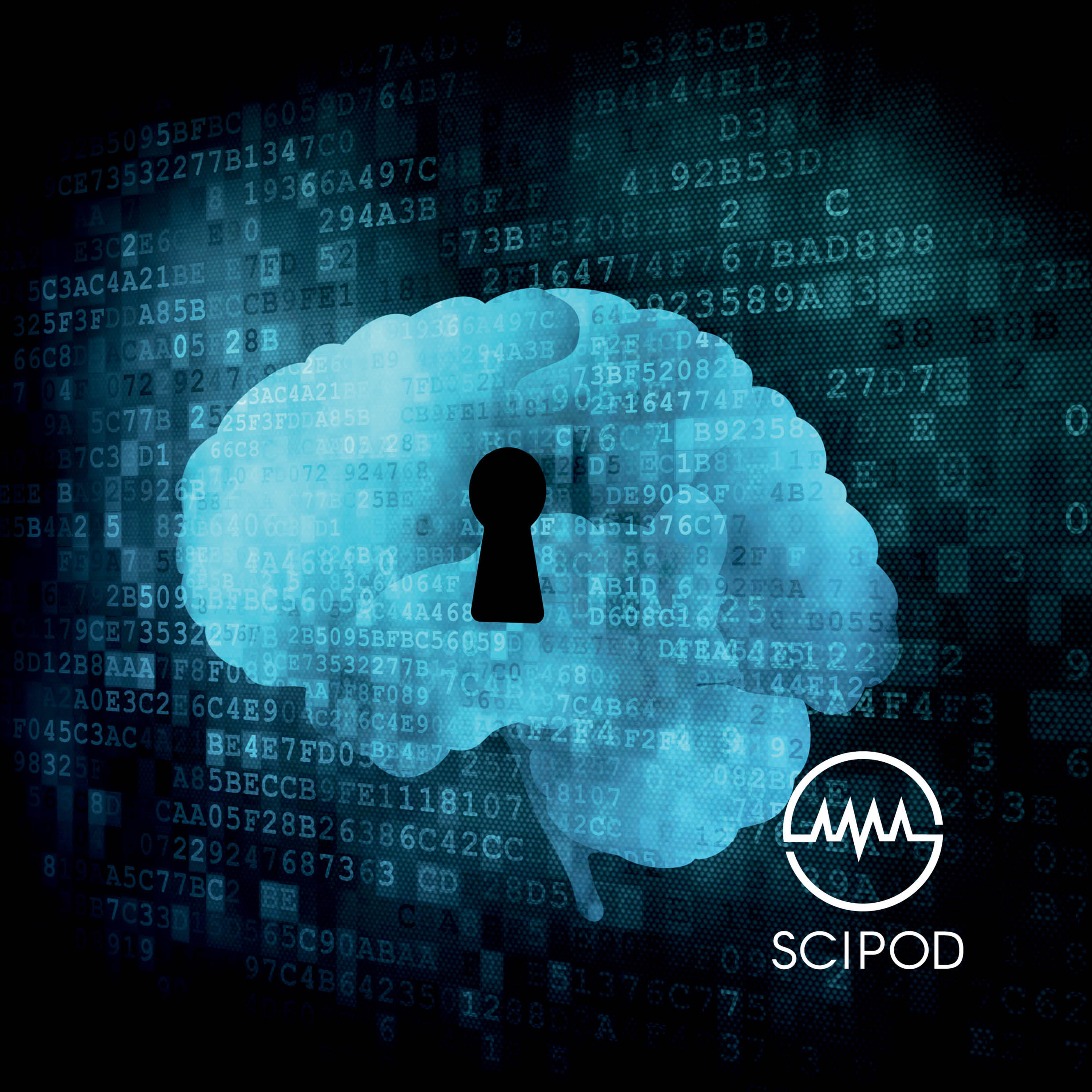
SciPodUnderstanding Fear in Animals - Professor Jeansok Kim, University of Washington
Research into animal fear typically utilises laboratory techniques based on Pavlovian fear conditioning, but these approaches are limited. Professor Jeansok Kim, from the Department of Psychology, University of Washington (USA) has developed a much more realistic way to study fear that closely mimics risky conditions in the wild. New discoveries by Professor Kim and his team are challenging existing paradigms and providing exciting insights into the underlying brain mechanisms of fear in both animals and humans.
2019-08-1612 min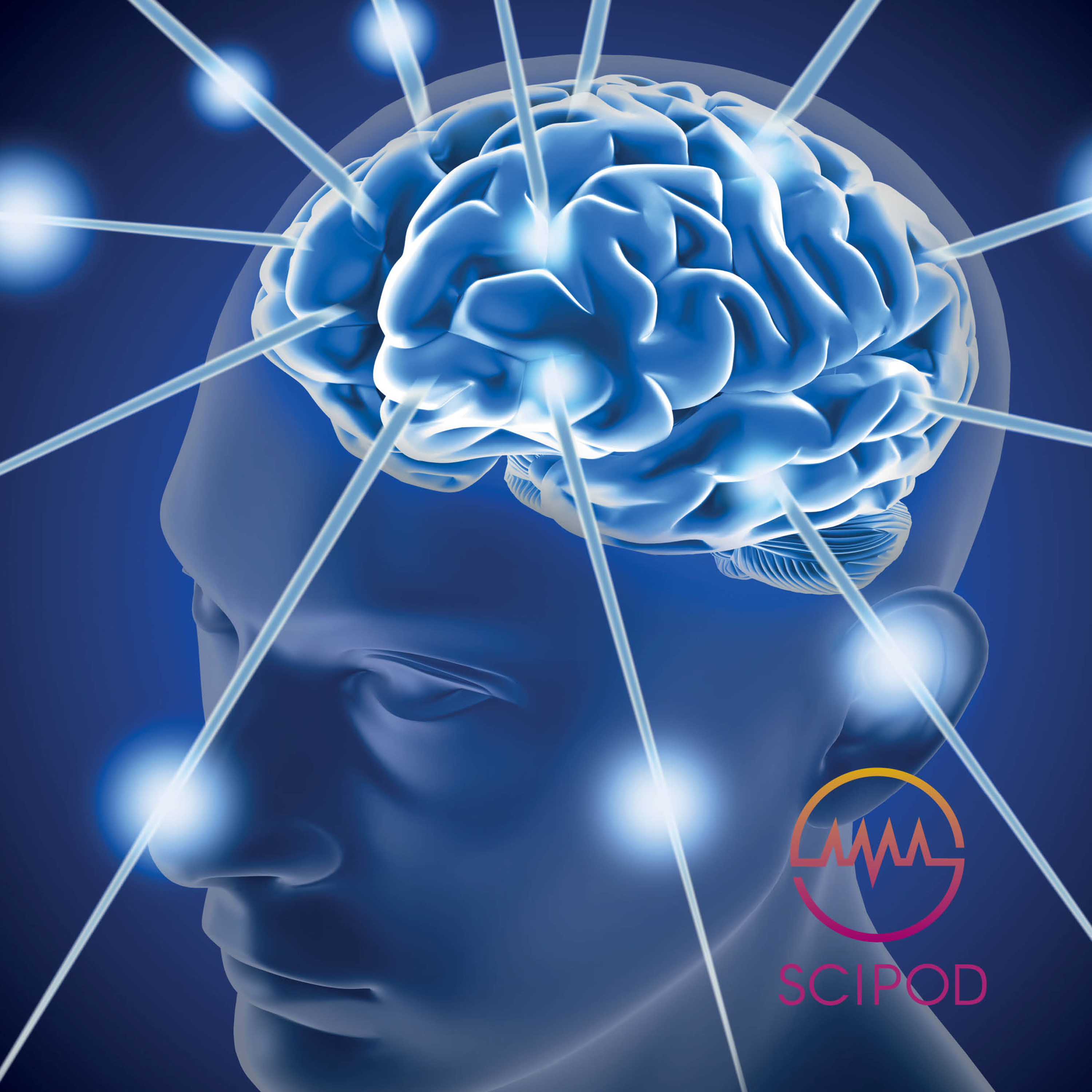
SciPodUnravelling the Mysteries of Working Memory - Mark D’Esposito, MD, University of California, Berkeley
To accomplish even a simple goal, our brain must coordinate thousands of pieces of information, remember which parts are relevant, and ignore anything that is extraneous. Professor Mark D’Esposito of the University of California, Berkeley, studies how different parts of the brain work together to create working memory, the cognitive system that temporarily and actively holds information in mind allowing us to complete complex tasks.
2019-08-0913 min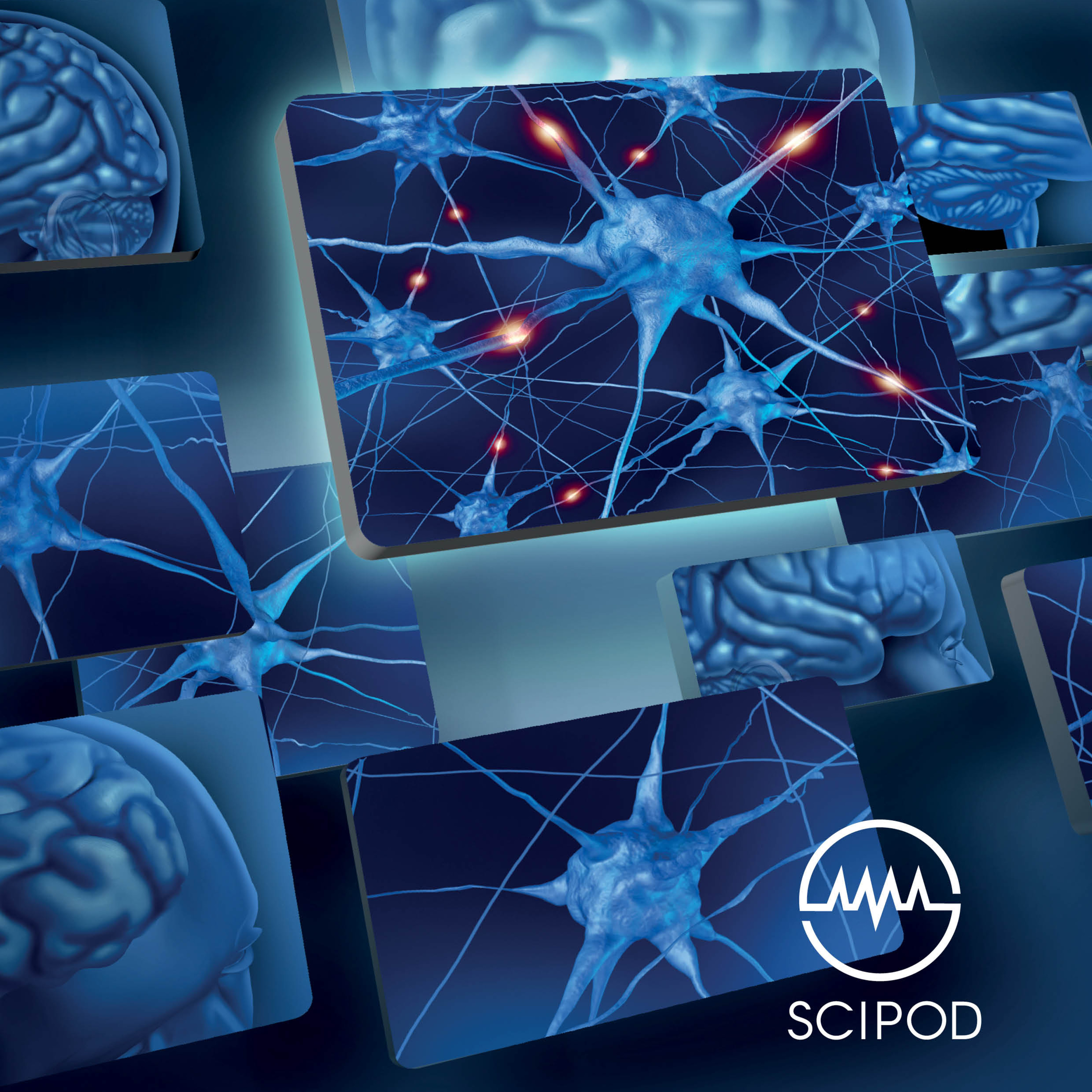
SciPodLeveraging New Technologies to Treat Brain Injury - Mark D’Esposito, MD, University of California, Berkeley
The brain is the most mysterious organ in the human body – despite decades of research, we have just begun to scratch the surface in understanding how the brain works and how we can help it to heal following an injury. Professor Mark D’Esposito of the University of California, Berkeley, uses advanced imaging technology to illuminate how the connections in our brain function in order to find new ways to aid brain healing after injury.
2019-08-0912 min
SciPodImproving Milk Quality from the Farm to the Table - Professor Ronald Erskine, Michigan State University
The US dairy industry has undergone major restructuring over the past couple of decades, with growing herd sizes and an increased reliance on labour from outside the family. These changes have brought about new challenges to prevent infectious diseases among cattle. To address these challenges, a team led by Professor Ronald Erskine of Michigan State University created a ‘hands on’ farm evaluation and an education program for dairy veterinarians.
2019-07-1913 min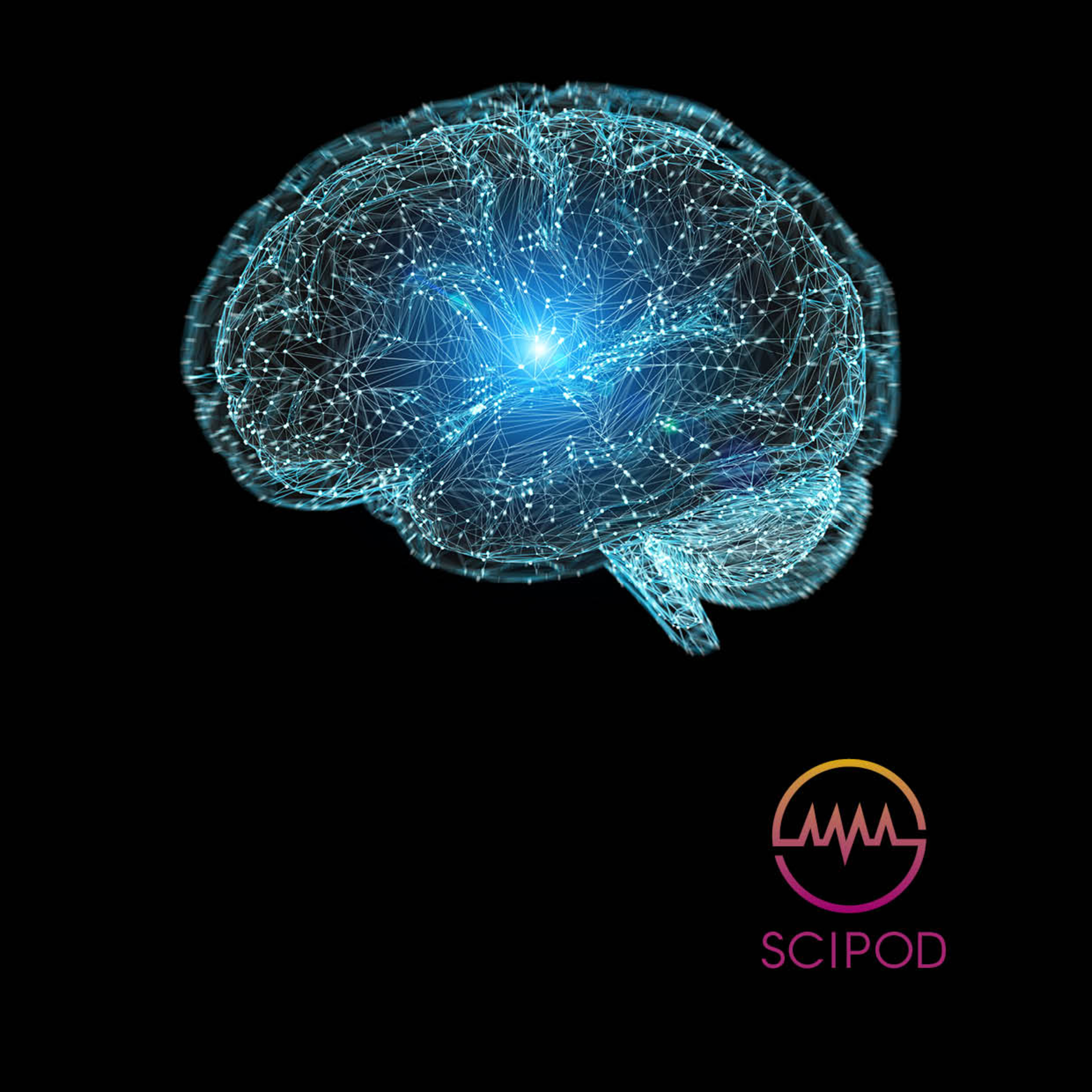
SciPodProtecting the Brain - Dr Mary Logan Dr Sean Speese, Oregon Health and Science University Our nervous system has such an important function in our body that neurons have their own bodyguards. Known as glial cells, they protect brain cells against injury and prevent damage. Dr Mary Logan and Dr Sean Speese, both based at the Jungers Center for Neuroscience Research, School of Medicine, Oregon Health and Science University, USA, want to understand how these glial cells sense and respond to neuronal stress and damage in the adult brain.
2019-07-1913 min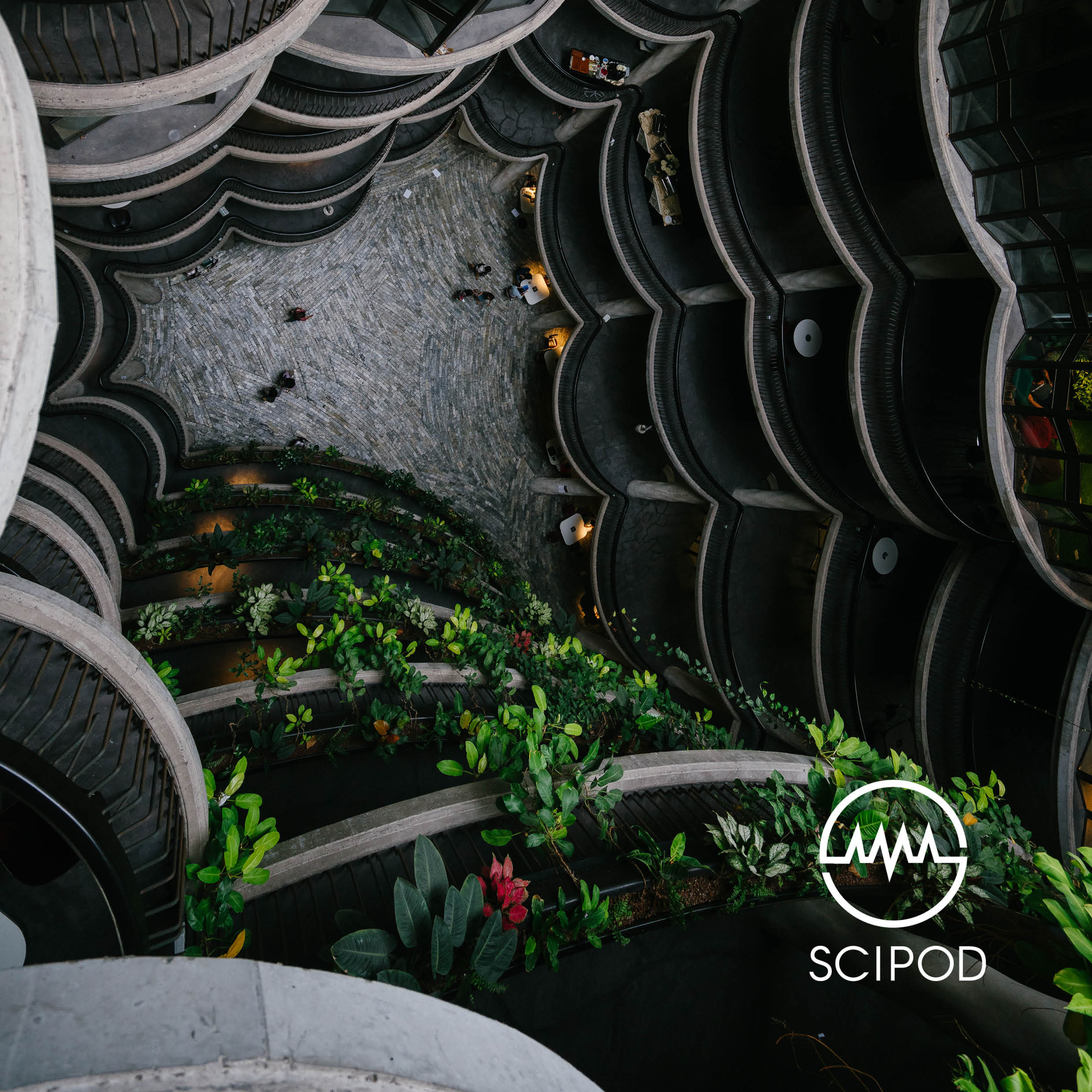
SciPodAn Education in Sustainability Achieving a Climate-Neutral University – Dr Oliver Opel, West-Coast University of Applied SciencesDr Oliver Opel of the West-Coast University of Applied Sciences in Germany reports on how Leuphana University was transformed into a climate-neutral and environmentally sustainable campus. In the face of accelerating climate change, this exemplary case study provides guidance to other universities and institutions that also wish to become leaders in climate action.
2019-07-1210 min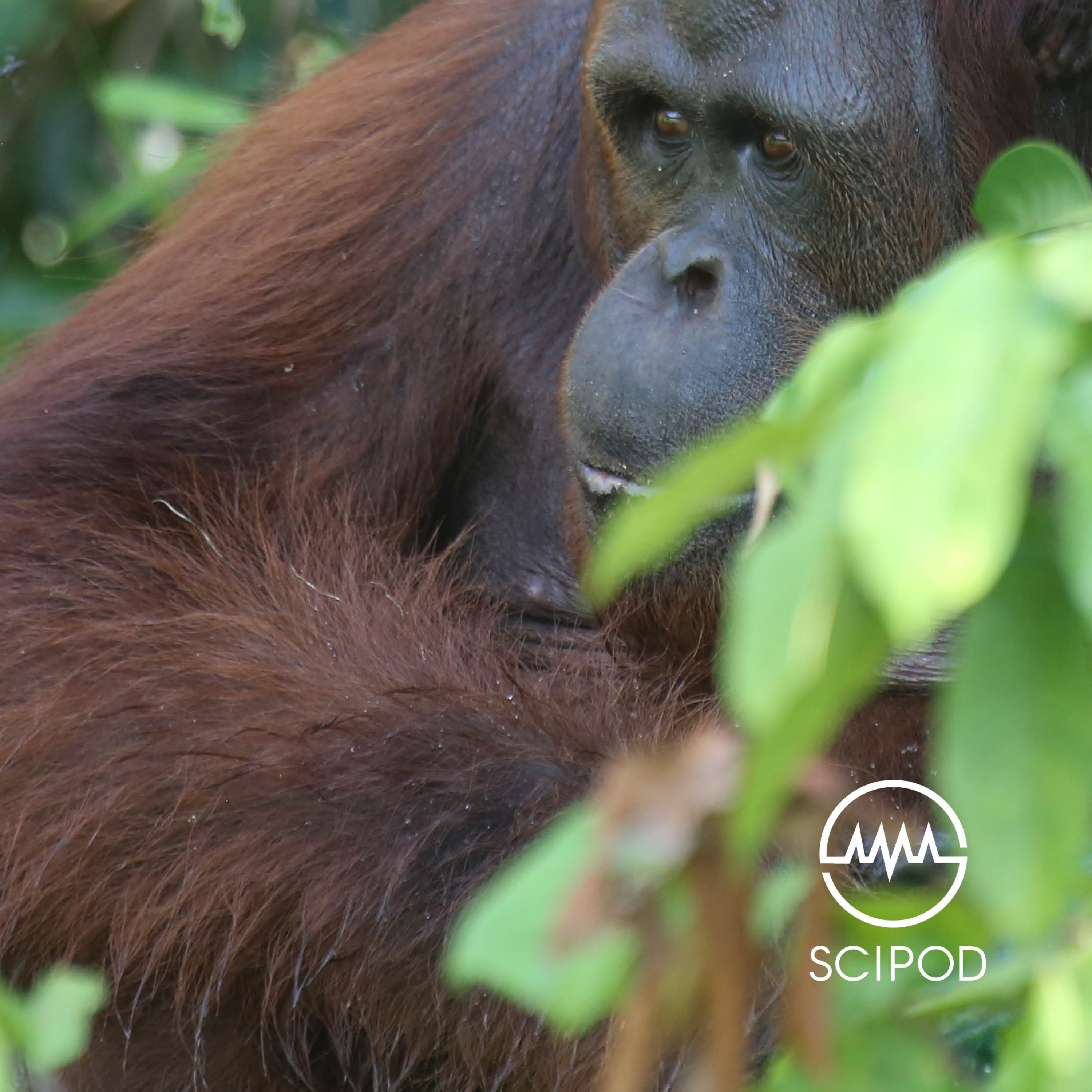
SciPodUnsustainable global consumer demands drive primate extinction – Dr Alejandro Estrada and Dr Paul A GarberGlobal market demands for forest-risk commodities such as soy, palm oil, beef, rubber, metals, minerals, gemstones and fossil fuels from Central and South America, Africa and Asia have increased significantly over the past 20 years, representing over four trillion US dollars in 2016 alone. Driven by the over-consumption of a small number of consumer nations, this global trade is responsible for the permanent conversion of native forests into monocultures and pastures, leading to polluted, fragmented and degraded habitats that are unsuitable for wildlife.
2019-07-1211 min
SciPodCombatting Corrosion in Heating and Cooling Systems - Dr Oliver Opel, West-Coast University of Applied SciencesWater heating and cooling systems have become incredibly efficient in recent years, but unfortunately, their pipes and components provide ideal environments for corrosion. Dr Oliver Opel at the West Coast University of Applied Sciences in Germany explores the reasons why this corrosion problem appears to be growing. His team’s work could soon provide engineers with updated techniques to tackle corrosion in modern heating and cooling systems, which could prove critical in ensuring that new, energy-efficient buildings continue to operate smoothly.
2019-07-0409 min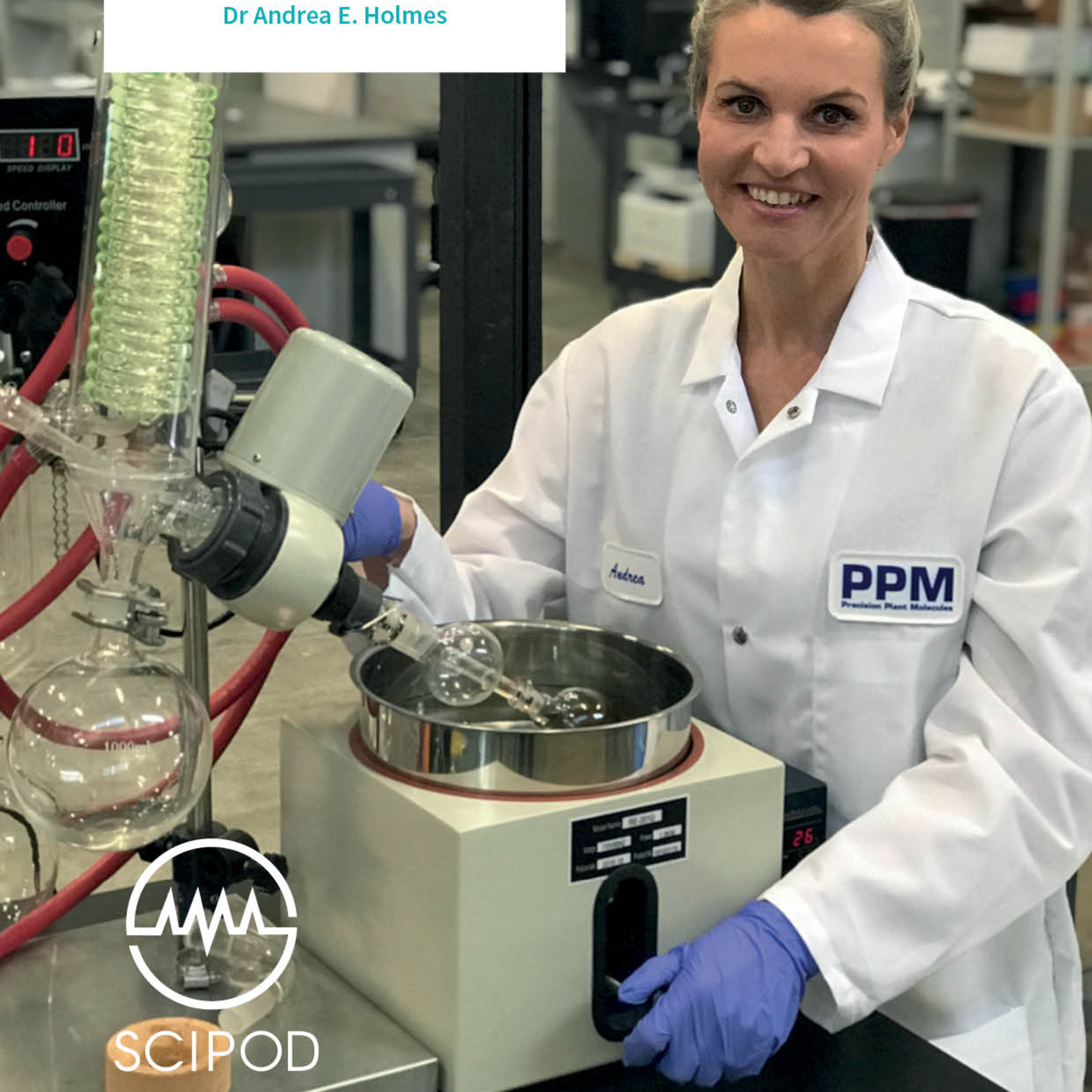
SciPodTailoring Cannabis to Create Medicine for the Masses - Dr Andrea E. Holmes, Precision Plant Molecules
Cannabis is a plant that remains largely stigmatised, along with people who consume or condone it. However, Dr Andrea Holmes and her colleagues at Precision Plant Molecules are revealing the numerous hidden benefits of cannabis, when processed with precision. This Colorado-based company is using advanced chemical and analytical techniques to isolate naturally produced medicinal compounds and tailor effective medicines for its global consumer base.
2019-06-2811 min
SciPodTraditional Equilibrium Models Lead to Inaccurate Predictions - Dr Yousef Haseli, Central Michigan UniversityEquilibrium is the cornerstone of industrial chemical processes, especially when optimising chemical production. But what if the equilibrium models that engineers use to predict product yields under different conditions were fundamentally inaccurate? Dr Yousef Haseli of Central Michigan University has found that there can often be a large discrepancy between expected and actual results, and that this is because common equilibrium models are flawed from the outset.
2019-06-2808 min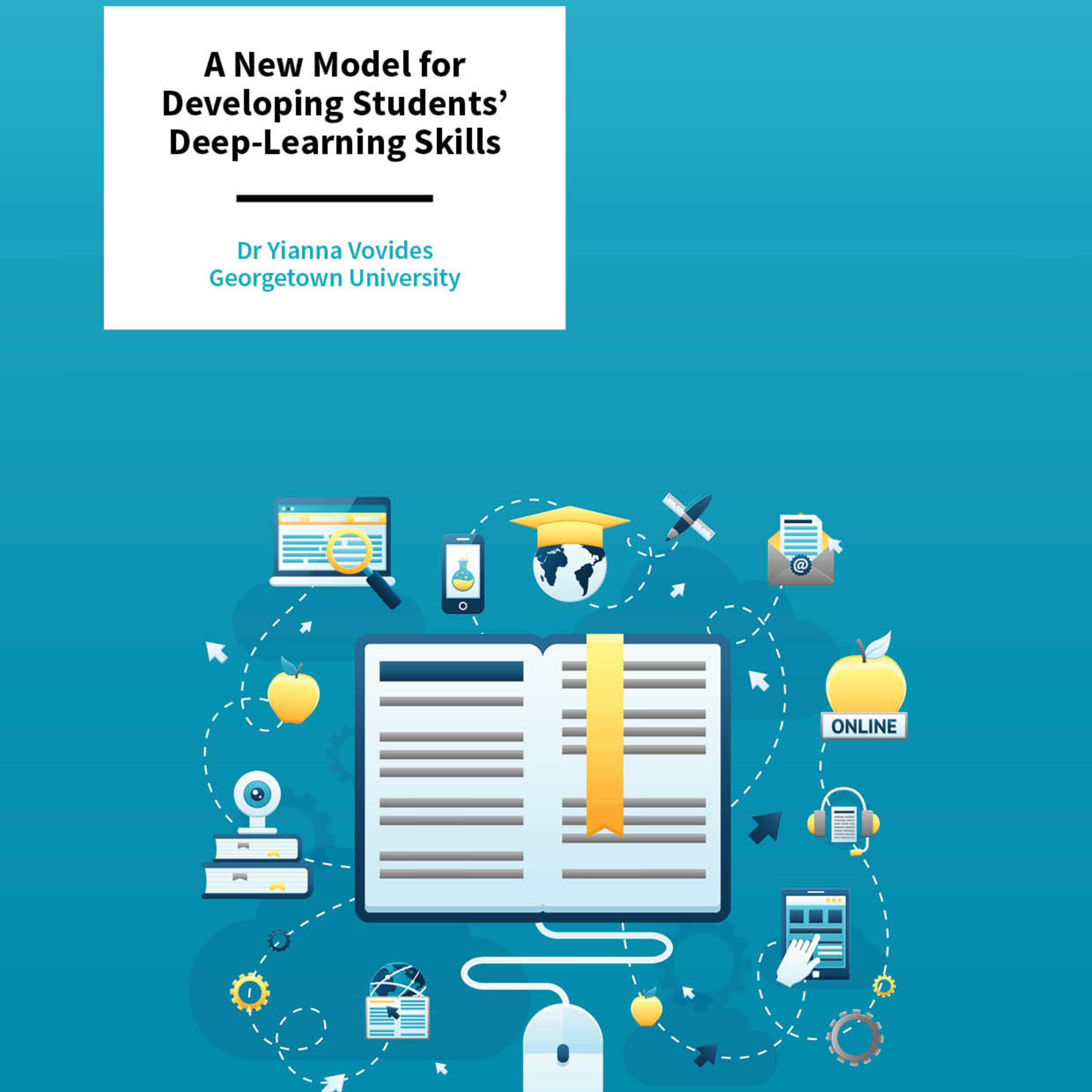
SciPodA New Model for Developing Students’ Deep-Learning Skills – Dr Yianna Vovides, Georgetown UniversityOnline education has recently experienced a surge in popularity, and this trend is set to continue. Through online learning, individuals who are unable to take courses on campus, due to family, work or financial pressures, now have the opportunity to pursue university degrees. However, one shortfall of online education is that it often fails to develop students’ deep-learning skills, which are required for effectively tackling complex problems. In a recent study, Dr Yianna Vovides of Georgetown University investigated this issue.
2019-06-2109 min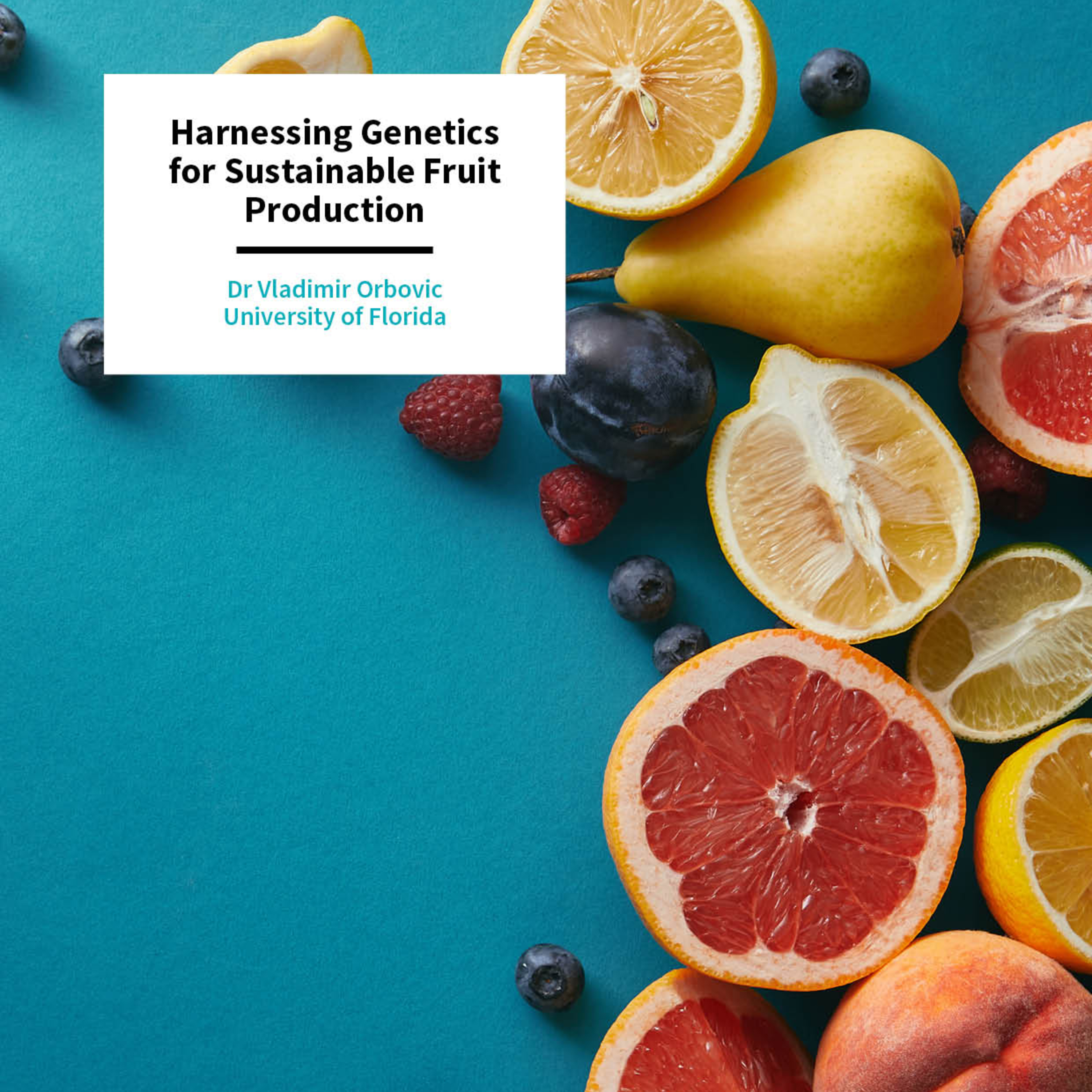
SciPodHarnessing Genetics for Sustainable Fruit Production – Dr Vladimir Orbovic, University of FloridaPeople are becoming increasingly aware about the health benefits of eating a diet that’s rich in fruit and nuts. However, farmers are struggling to meet the increasing demand, due to crop damage caused by climate change and emerging plant diseases. As a solution, Dr Vladimir Orbovic, based at the University of Florida, develops and evaluates new methods to manipulate the genetic make-up of plants to rapidly create resilient crops for sustainable future.
2019-06-2110 min
SciPodAstym Therapy – A Novel Treatment for Painful Scar TissueScar tissue formed after surgery or injury often ends up being painful and limiting movement for patients. Although there are a number of possible treatments, these options are expensive and often have only limited success. According to Drs. Michael Mont, Morad Chughtai, Jared Newman, and their colleagues, a revolutionary new approach is now available. Called Astym therapy, the new method works by stimulating the body’s own mechanisms of regeneration for soft tissues and re-absorption of scar tissue. Crucially, after treatment, patients report significant improvements in mobility and pain relief.
2019-06-2108 min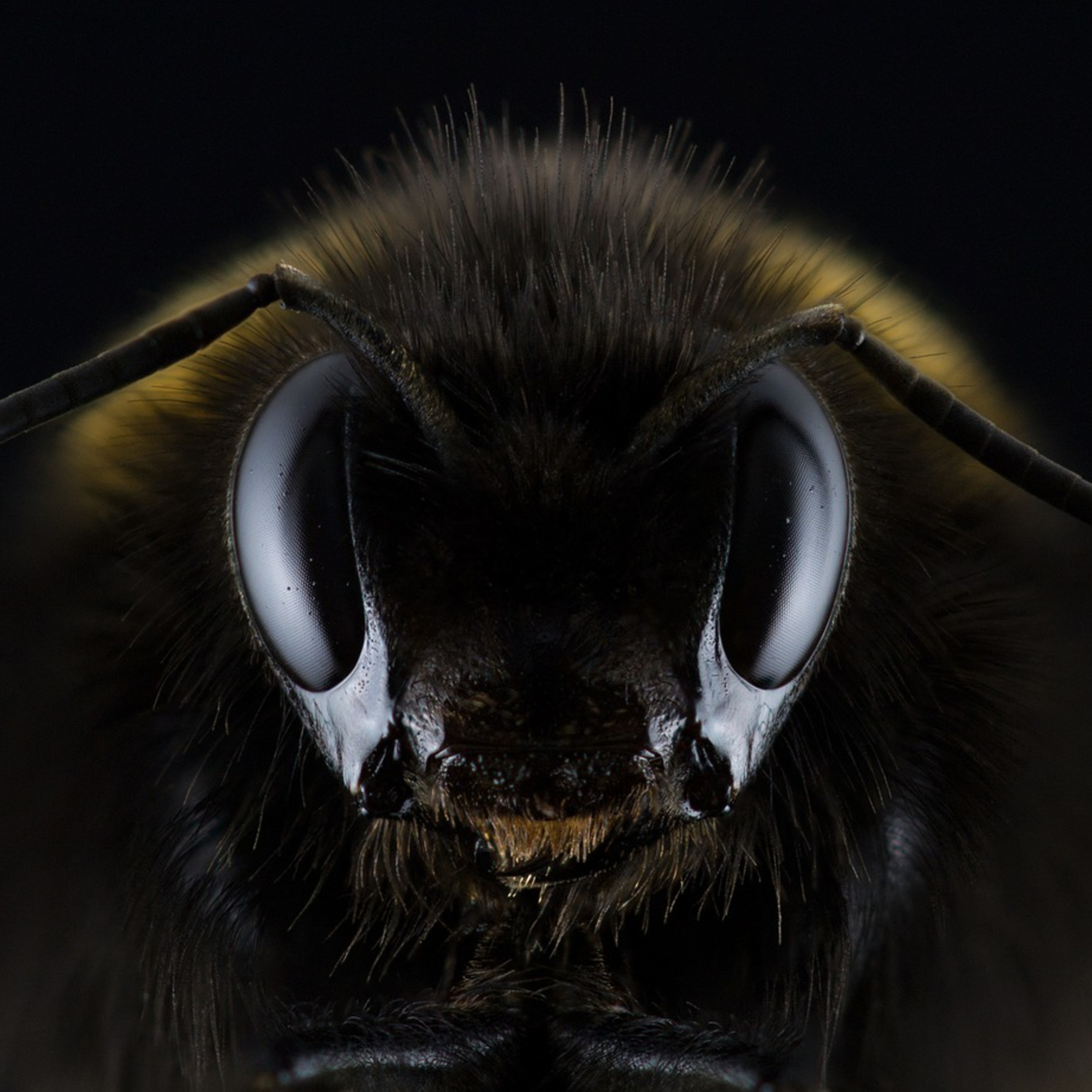
SciPod RadioHow To Help Bumblebees Before The World Ends.. With Dave Goulson: SciPod RadioIn this episode of SciPod Radio we talk with Dave Goulson about his research on bumblebees. We cover why they're so important to our existence, how to get more involved with bees if your a keen gardener, and even how you can help if you're not green-fingered or you don't have a garden...
Enjoyed this episode? Discover more at scipod.global
2019-04-1846 min
Scipod12# – FramtidenI veckans scipod är den eminenta Oscar Ivarsson tillbaka och det pratas om allt från robotproletariat till att odla kött.
2016-11-2451 min
Scipod10# – Lucid DreamingTionde avsnittet!
I detta avsnitt får du lära dig hur man klardrömmer och Jonas berättar om hur det var att vara på rejv.
kontakt@scipod.se
2016-07-1345 min
Scipod9# – Jorden går underI veckans scipod har vi för första gången en gäst med oss, Oscar Ivarsson. Vi pratar om olika sätt undergången kan utspela sig och någon slags tävling uppstår.
2016-07-081h 03
Scipod8# – UFO-specialEn UFO-special till folket. Vi ansvarar inte för några plötsliga försvinnanden i samband med lyssningar på denna podd. kontakt@scipod.se
2016-06-2944 min
Scipod7# – what is love?..craft?Ett helt avsnitt tillägnad den underliga räkan HP Lovecraft. Jonas och Robin försöker att inte bli sinnessjuka när dom i detta avsnittet av scipod behandlar the great old ones.
2016-06-2348 min
Scipod6# – TidsresorI veckans avsnitt av scipod svamlar vi om tidsresor och kommer till insikten att tid knappt går att prata om.
scipod.se
kontakt@scipod.se
2016-06-1737 min
Scipod4# – Krig i rymdenI detta avsnittet av scipod så hör och häpna, ska handla om scifi! Närmare bestämt om krig i rymden.
2016-05-3157 min
Scipod3# – Något om energiGreggan och Jonas svamlar om energi och dylikt. Nu ligger det en facebook och en mejl uppe om ni vill näthata oss, kontakt@scipod.se
2016-05-1644 min